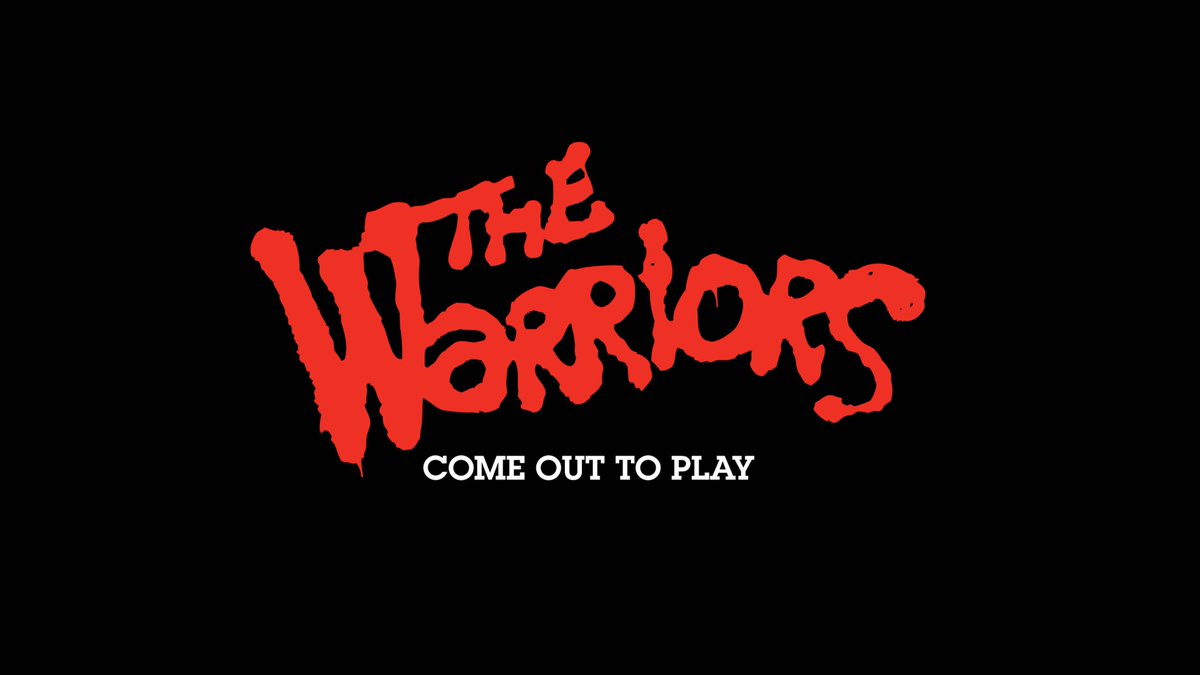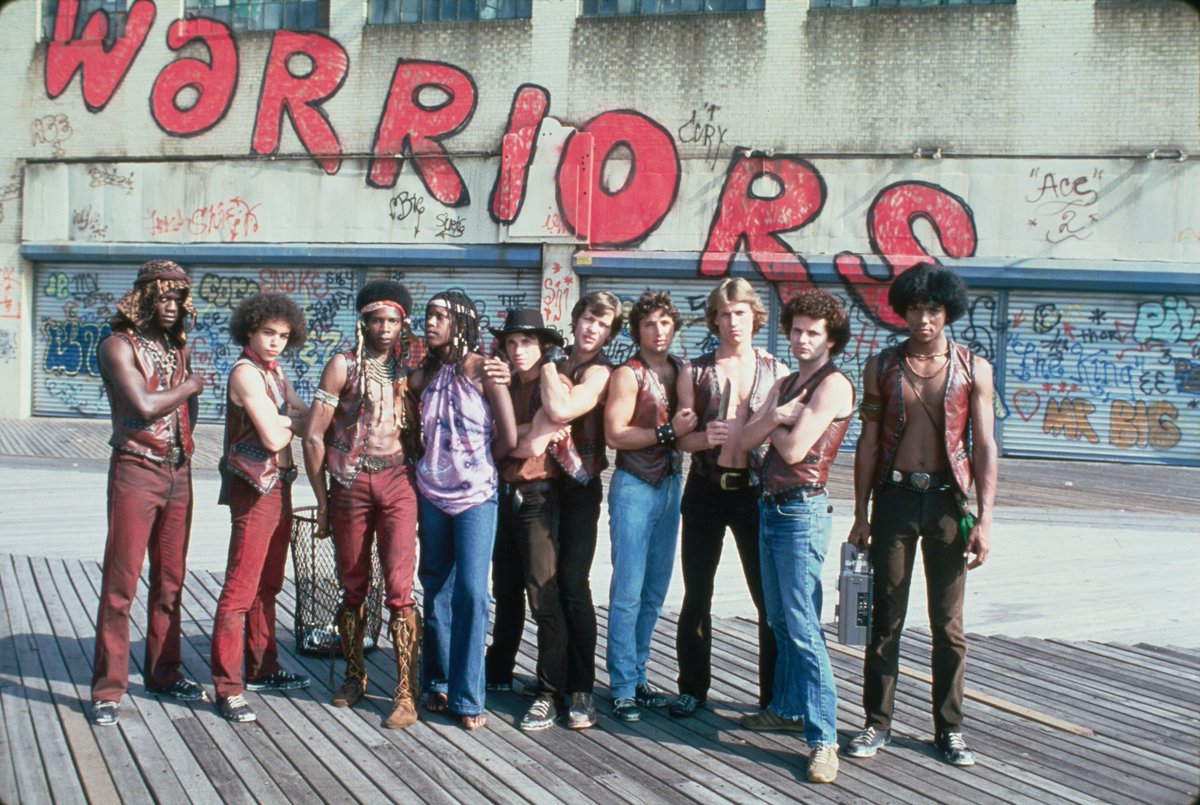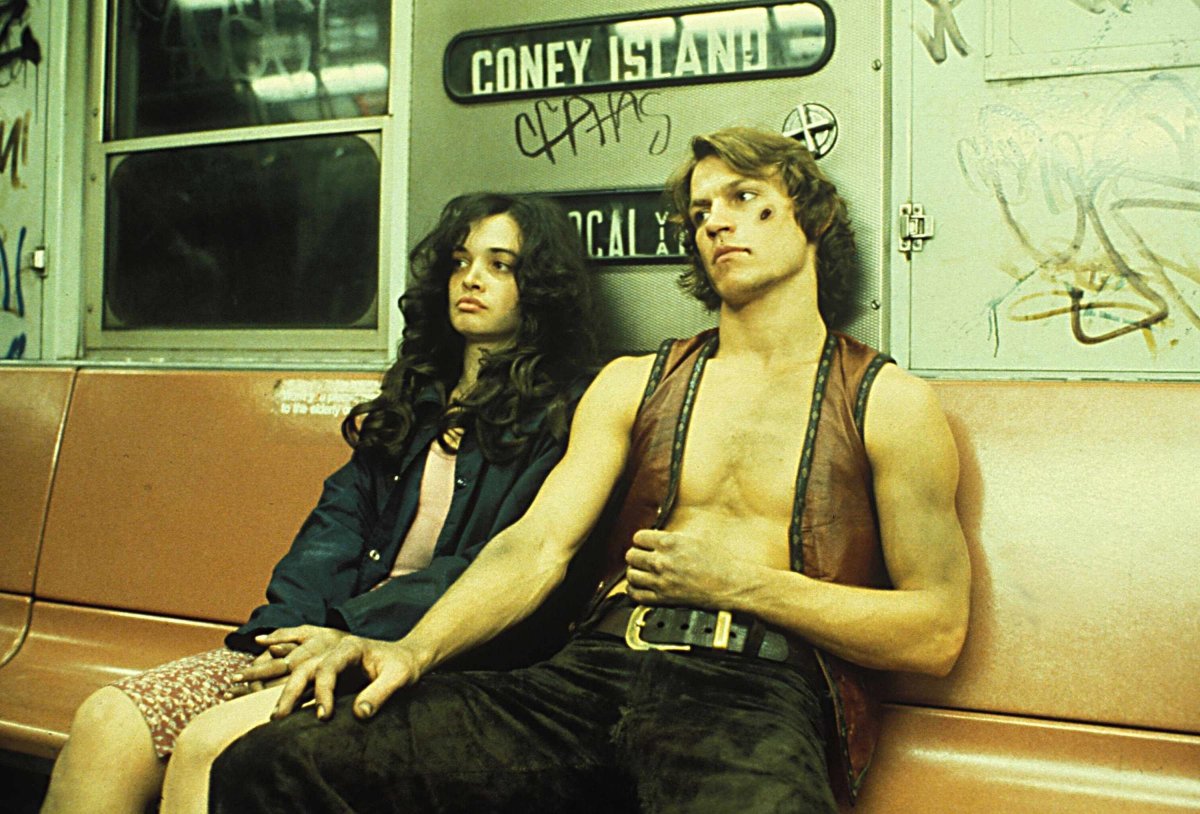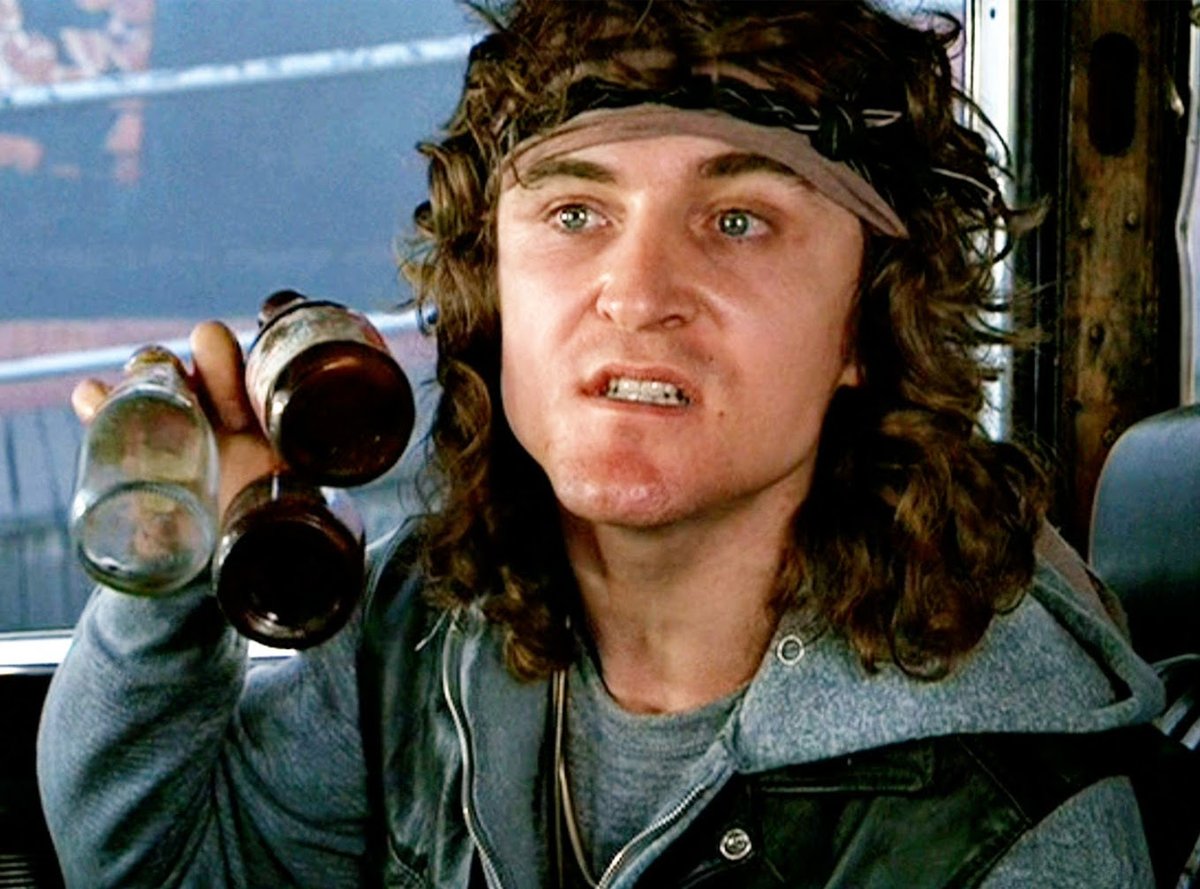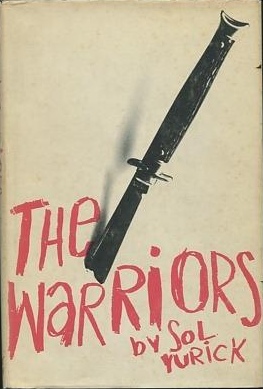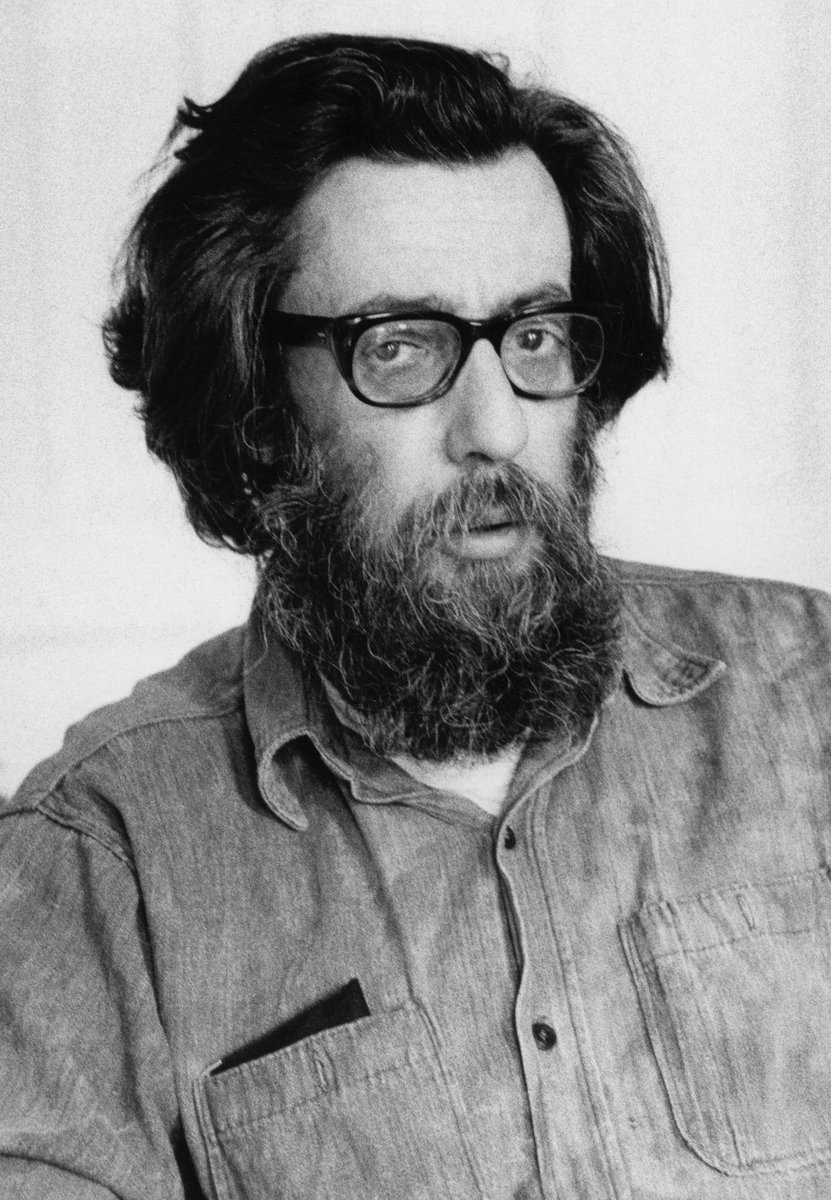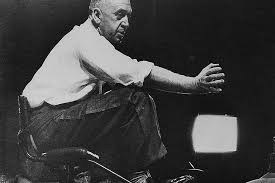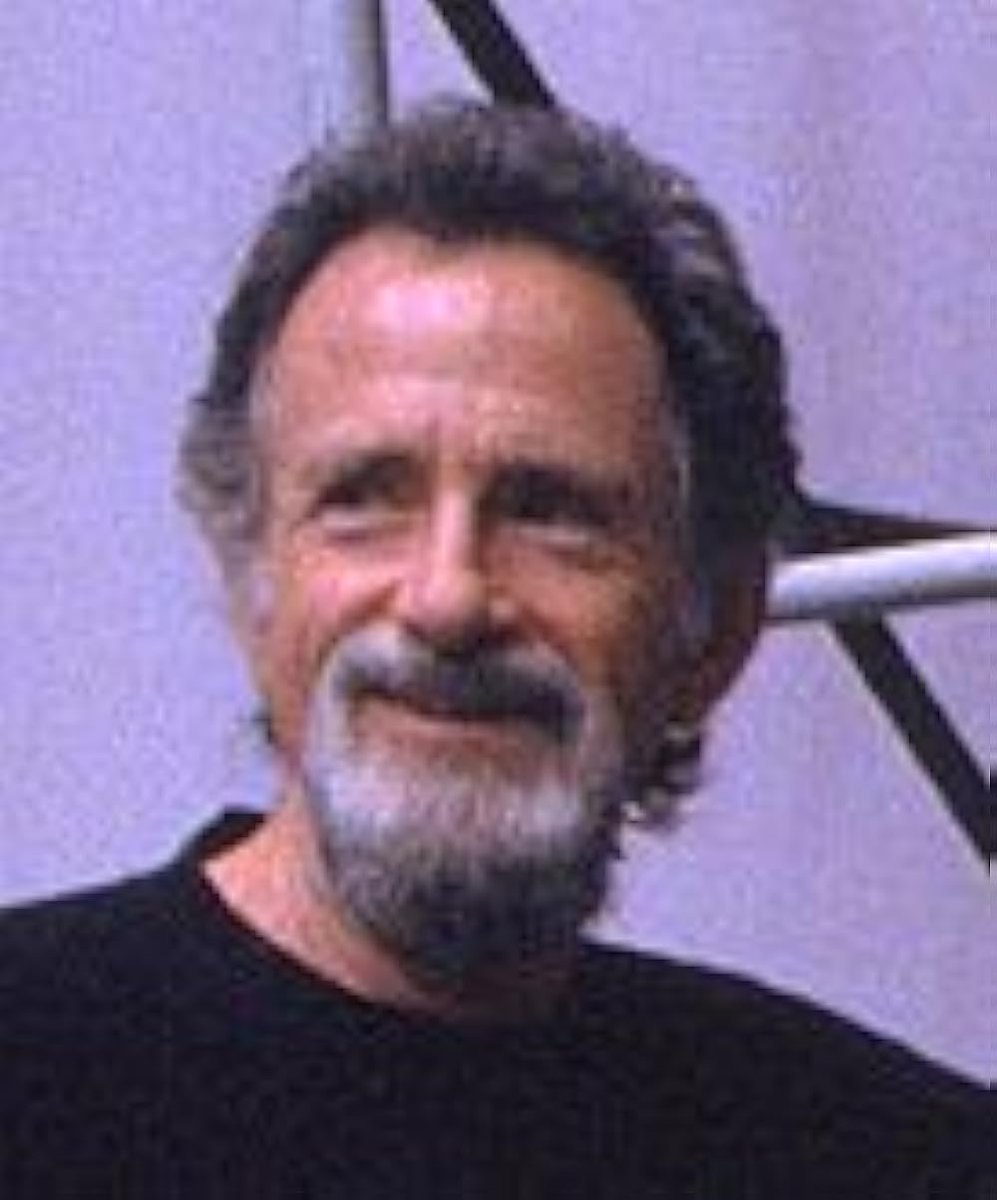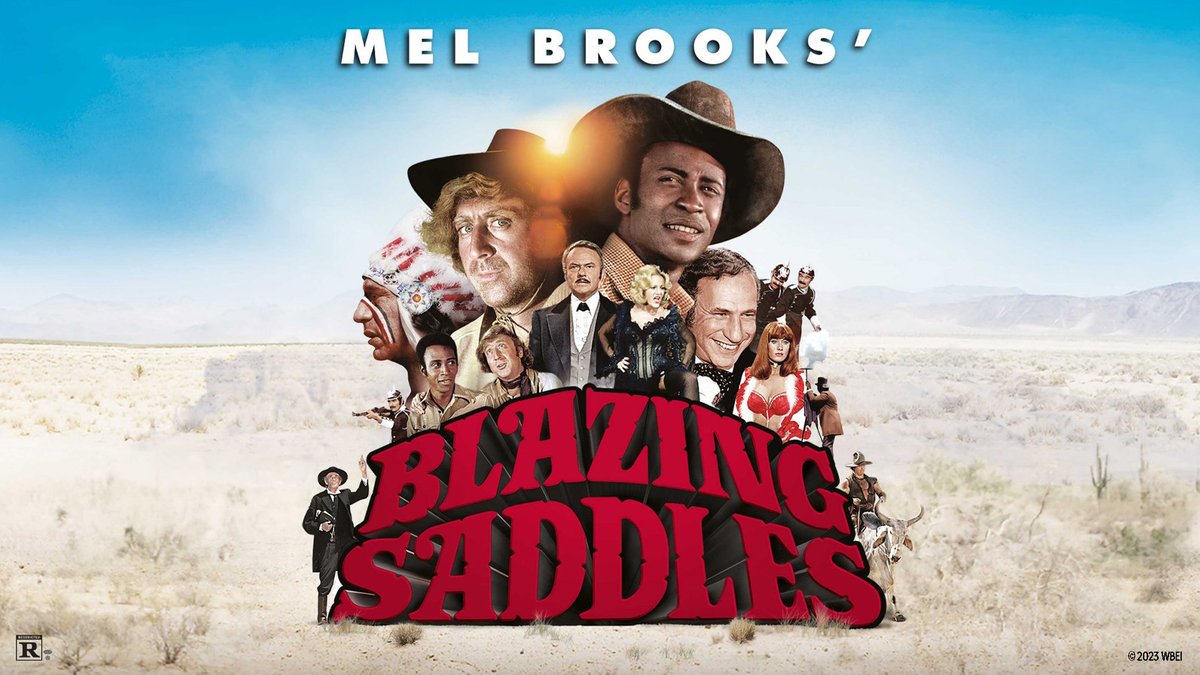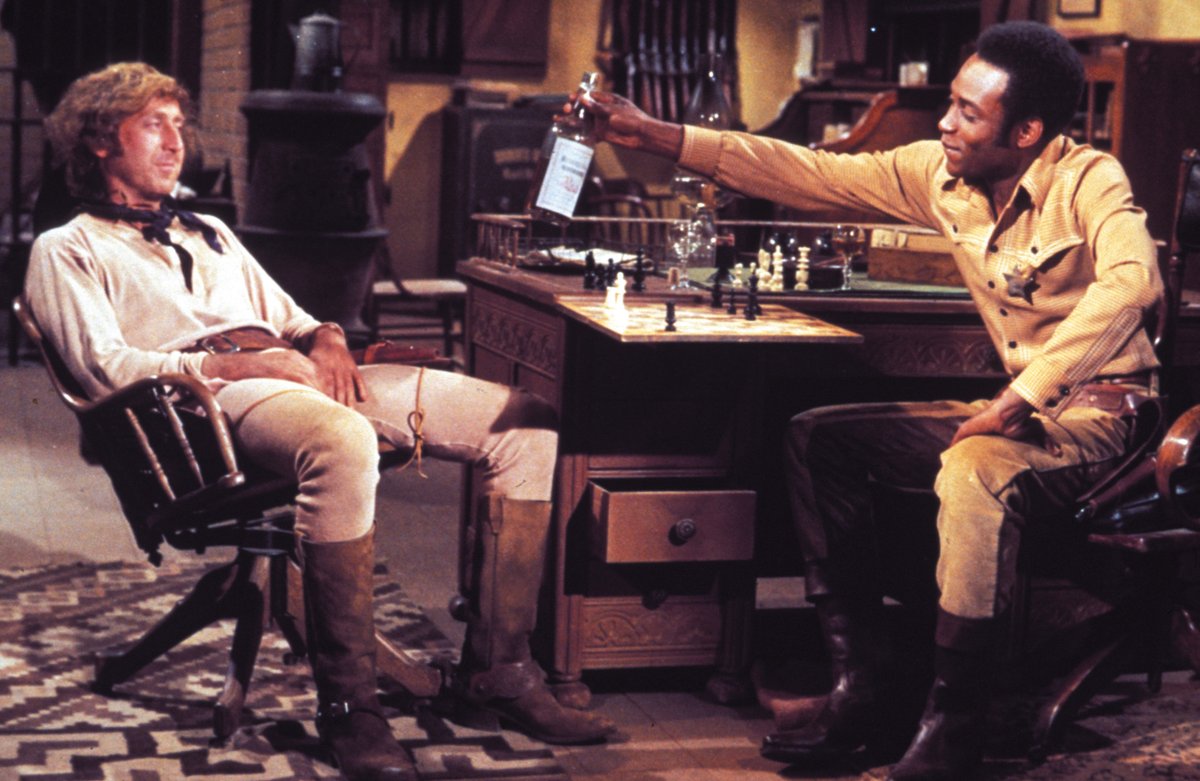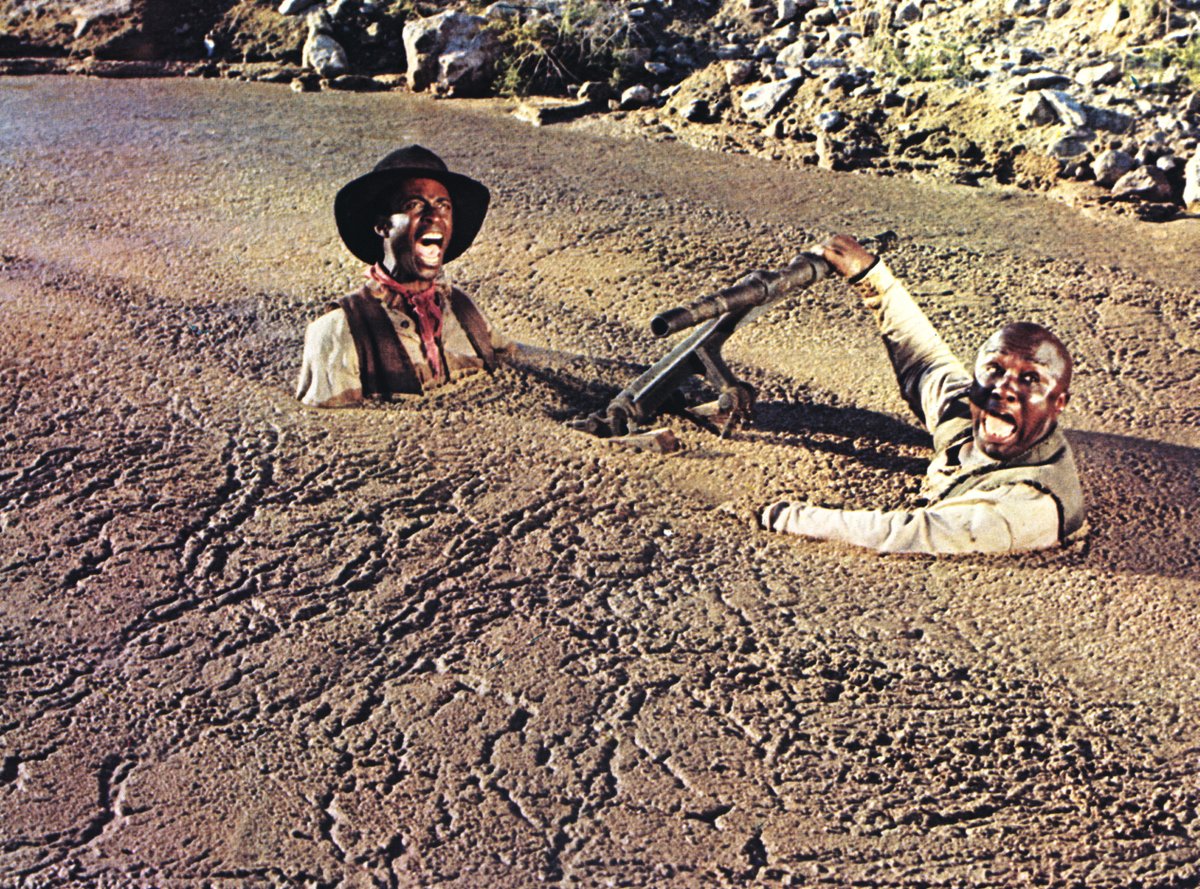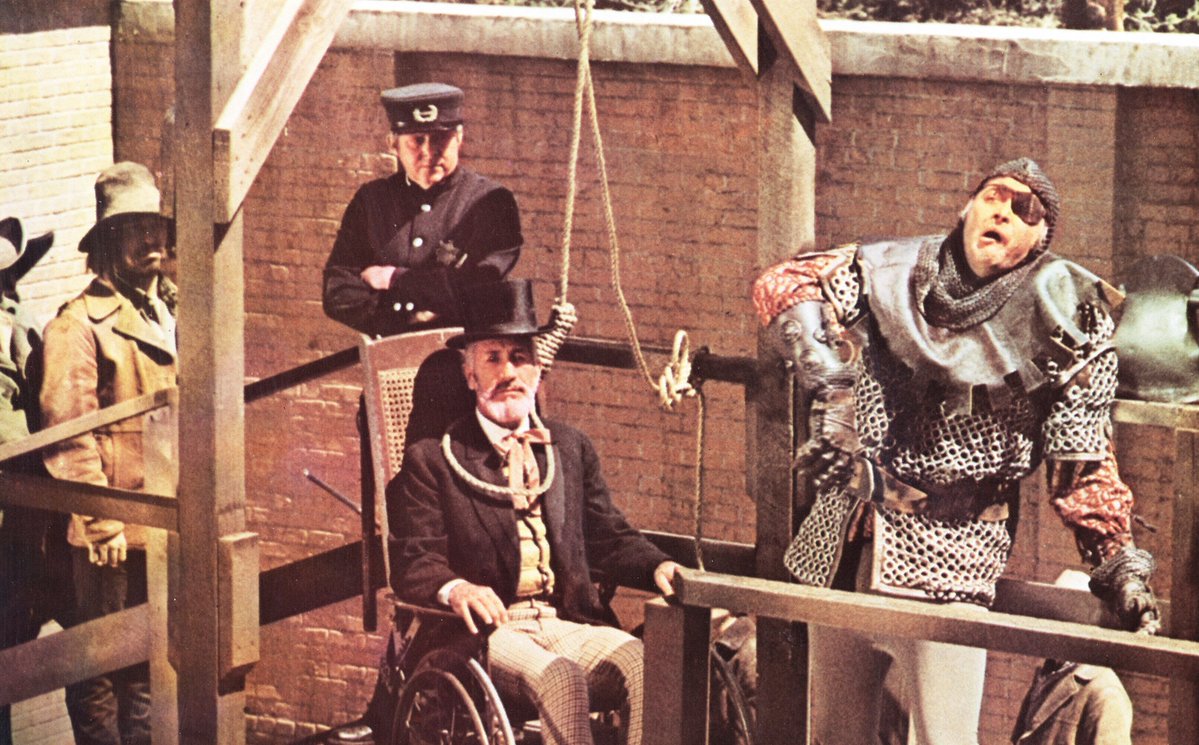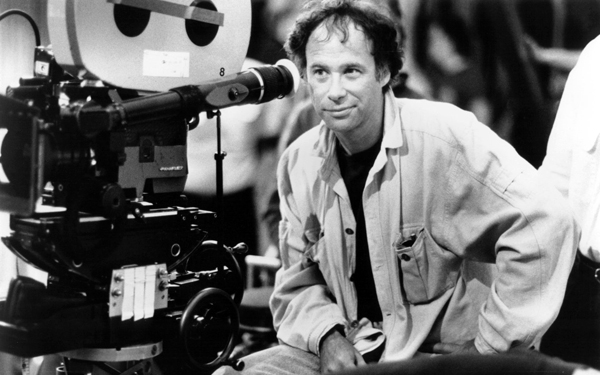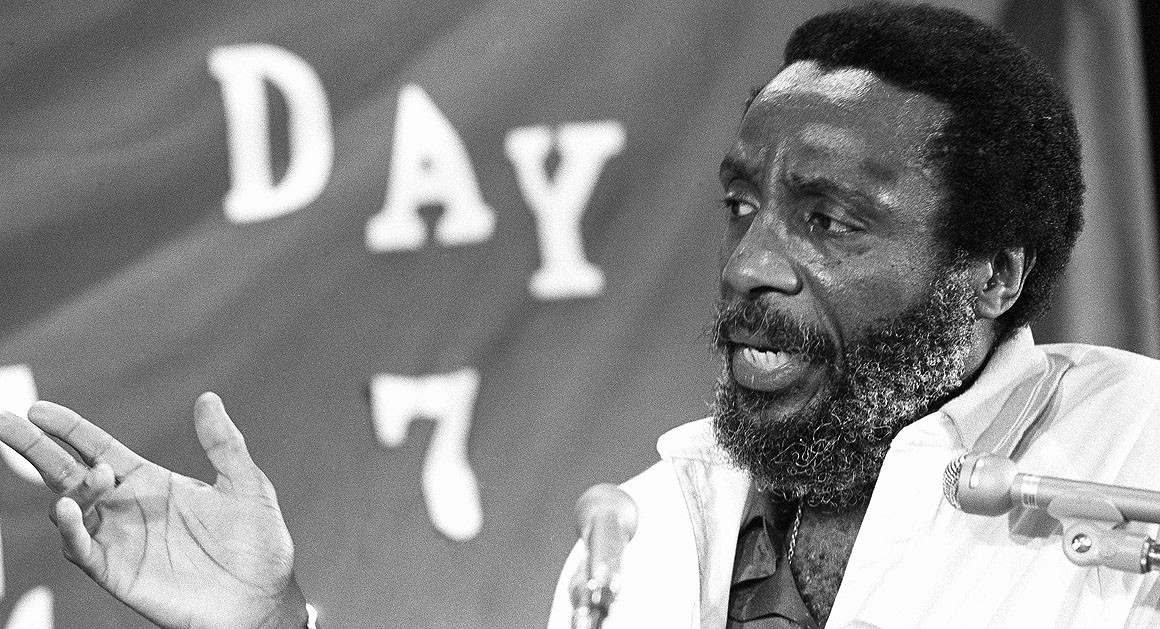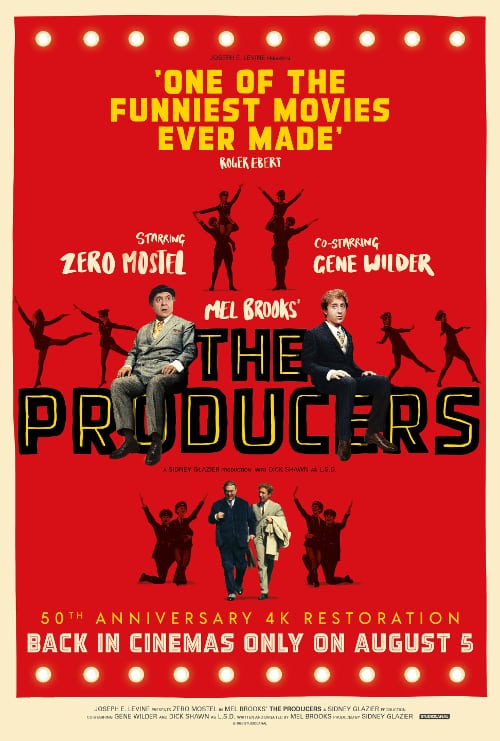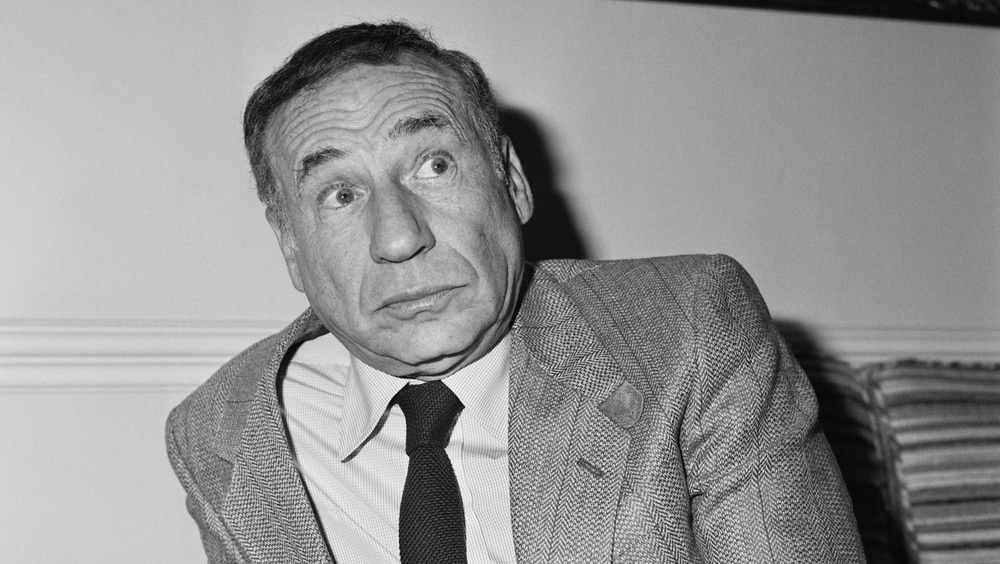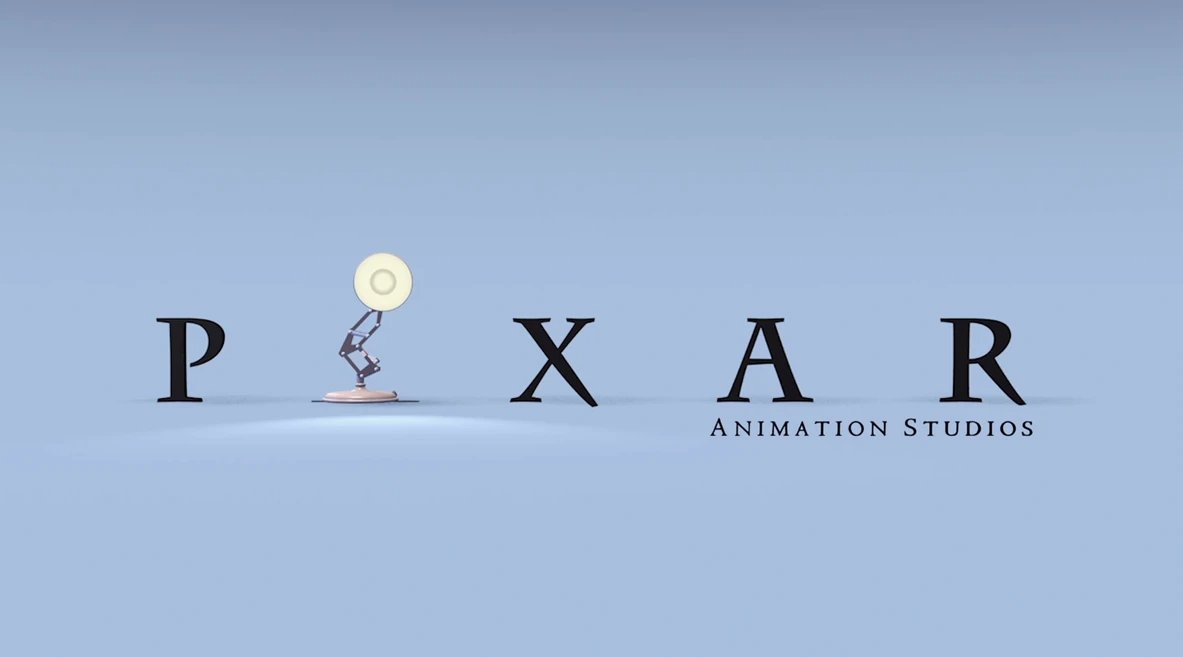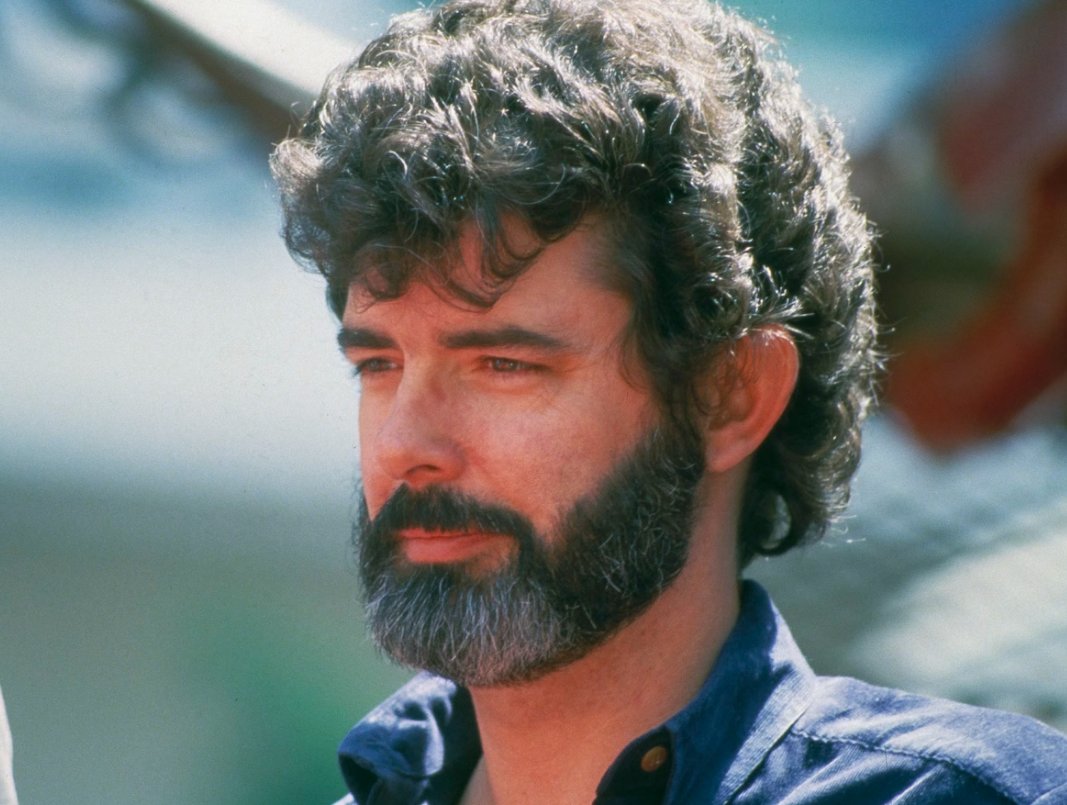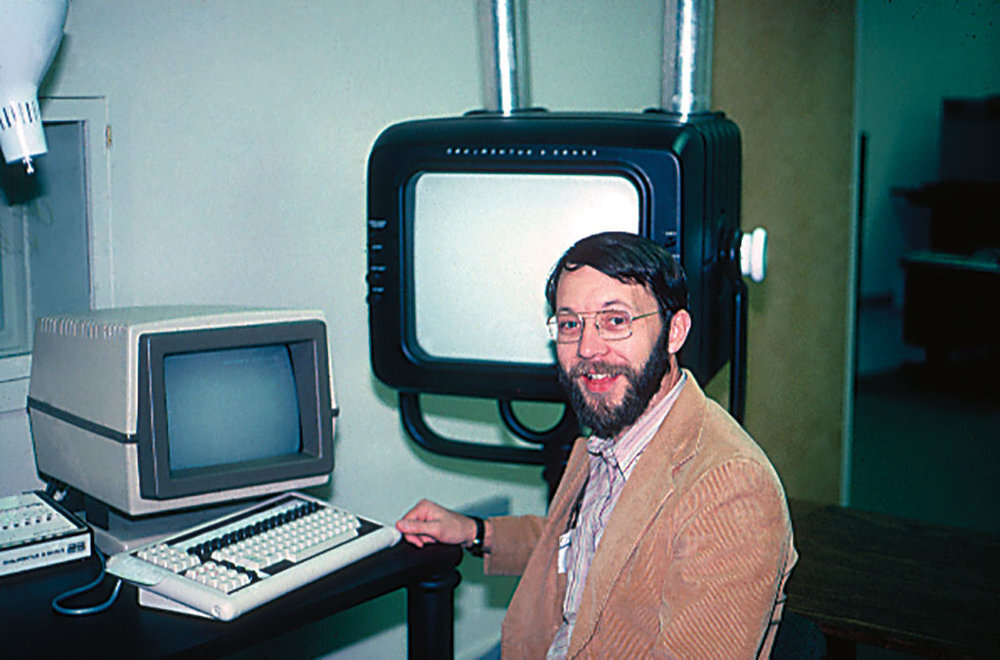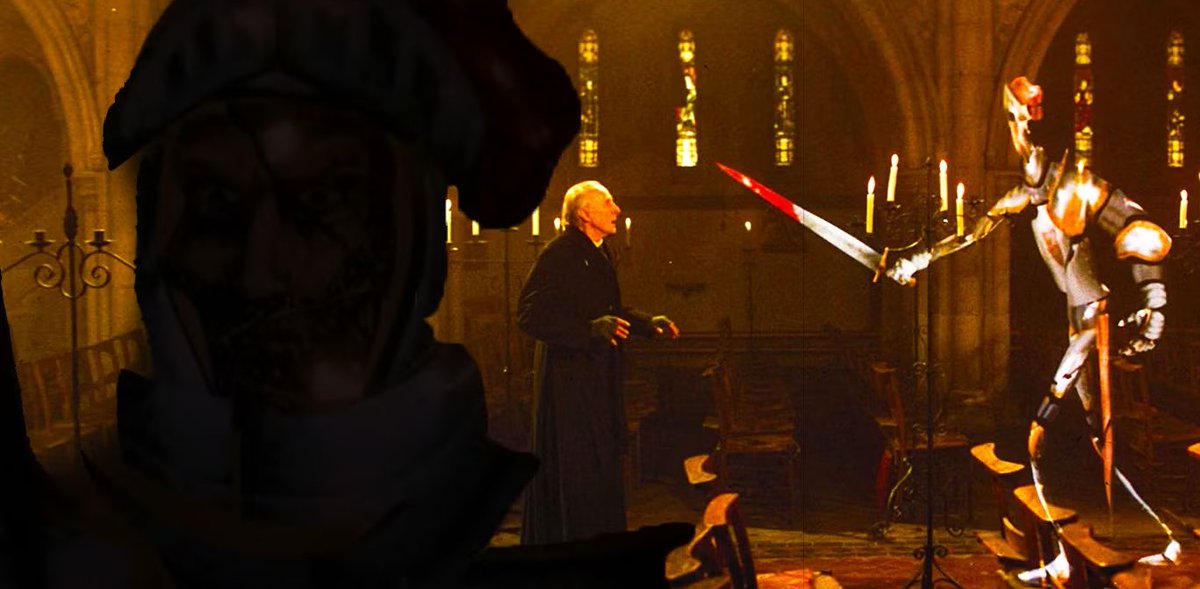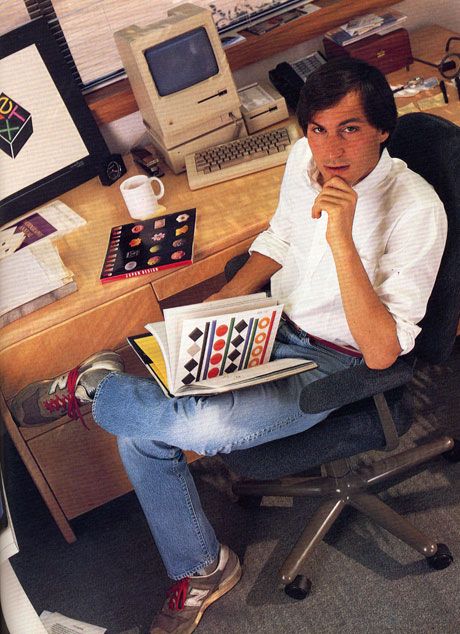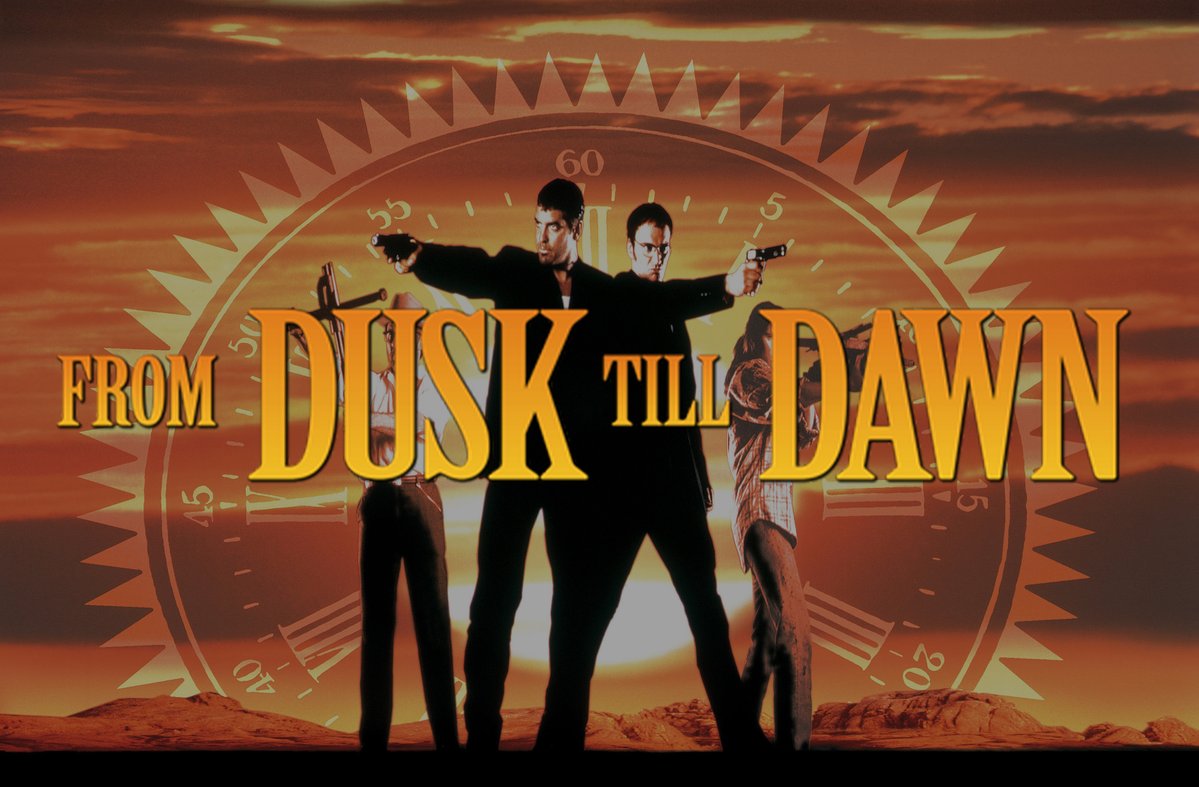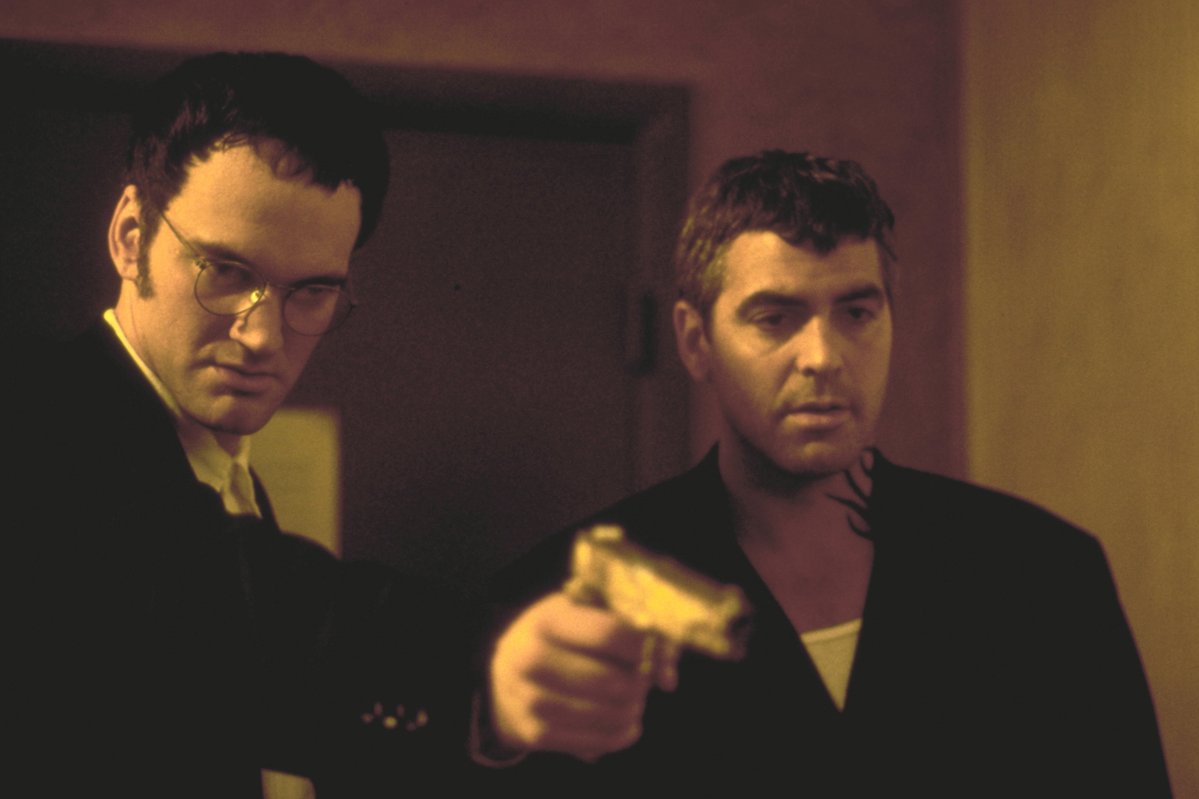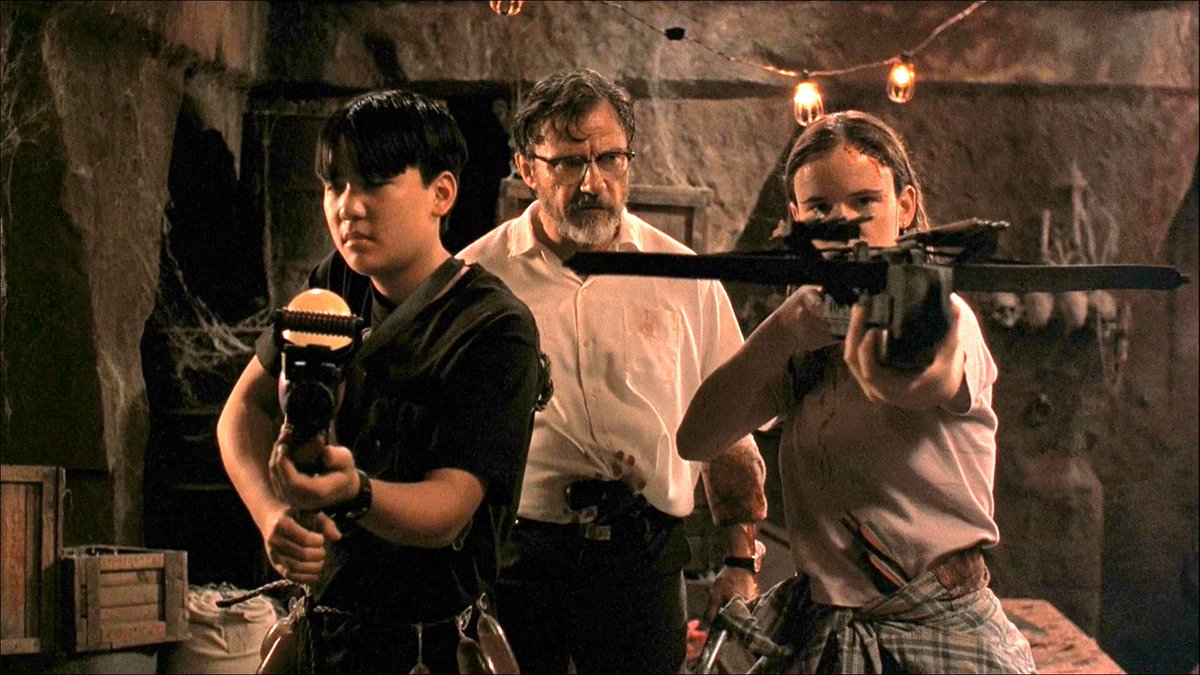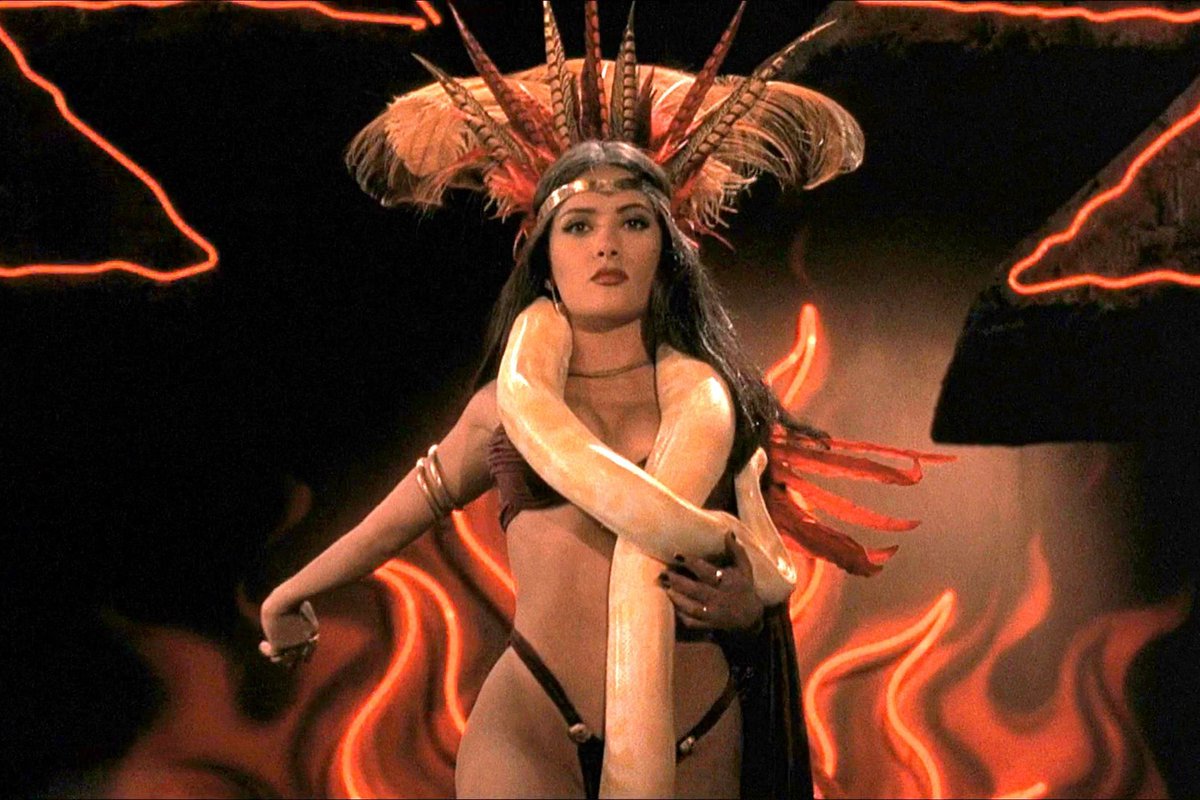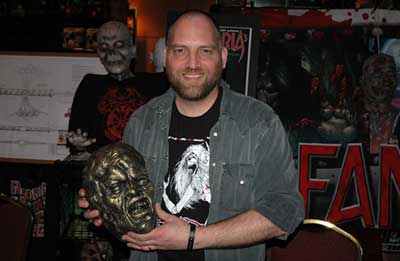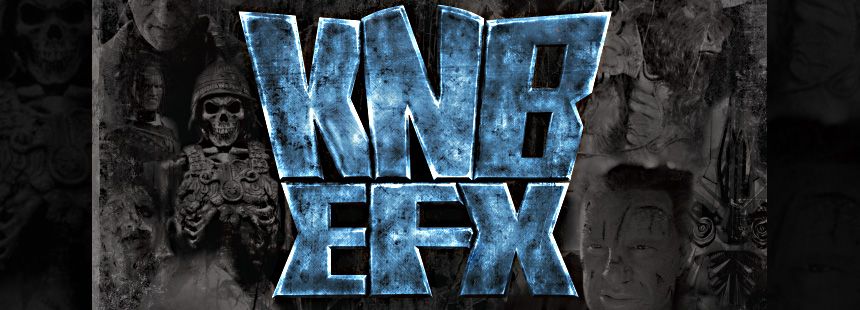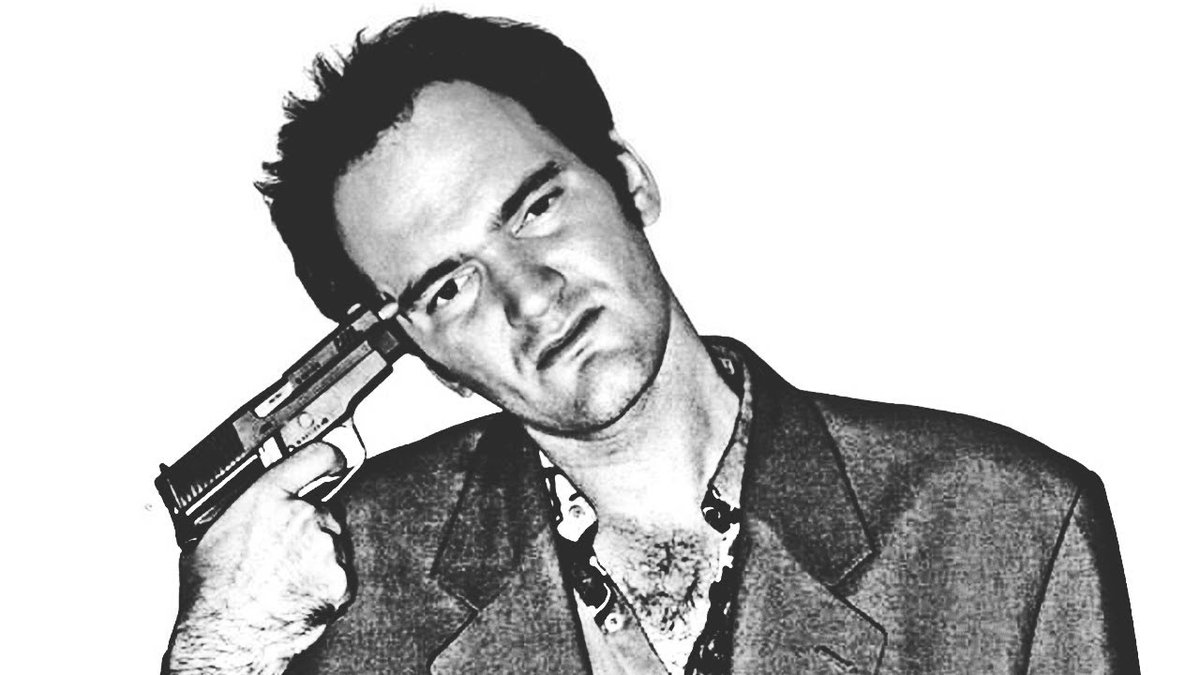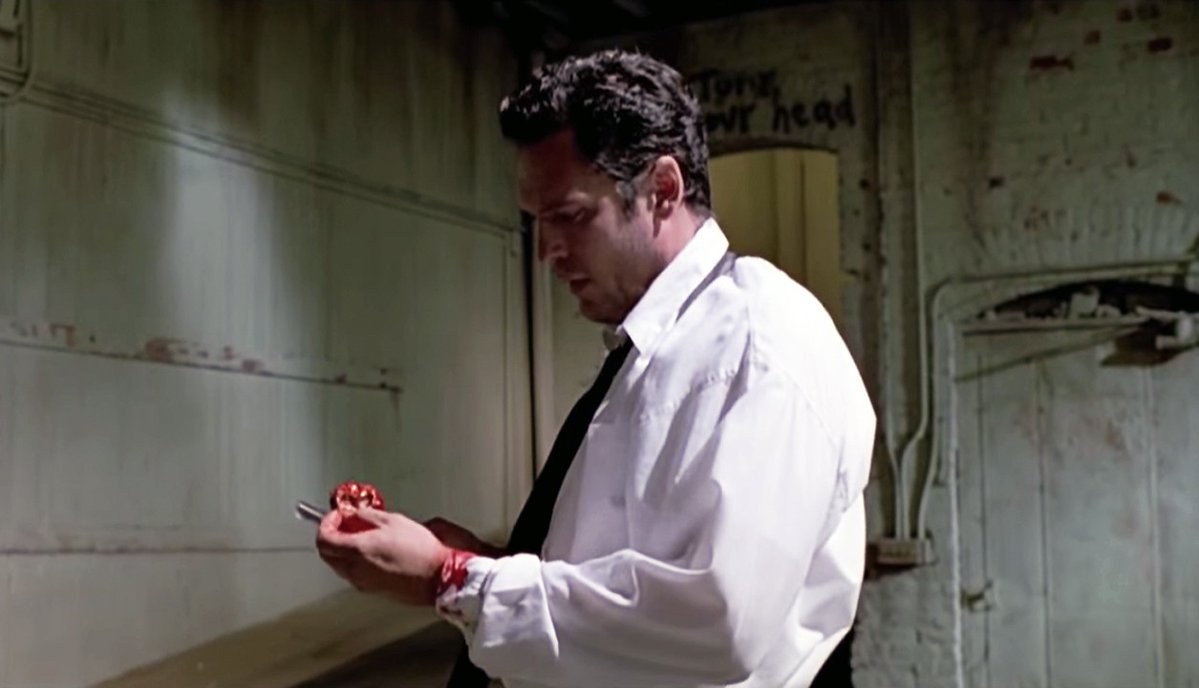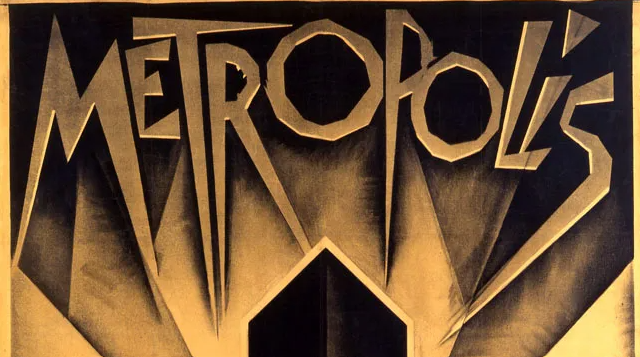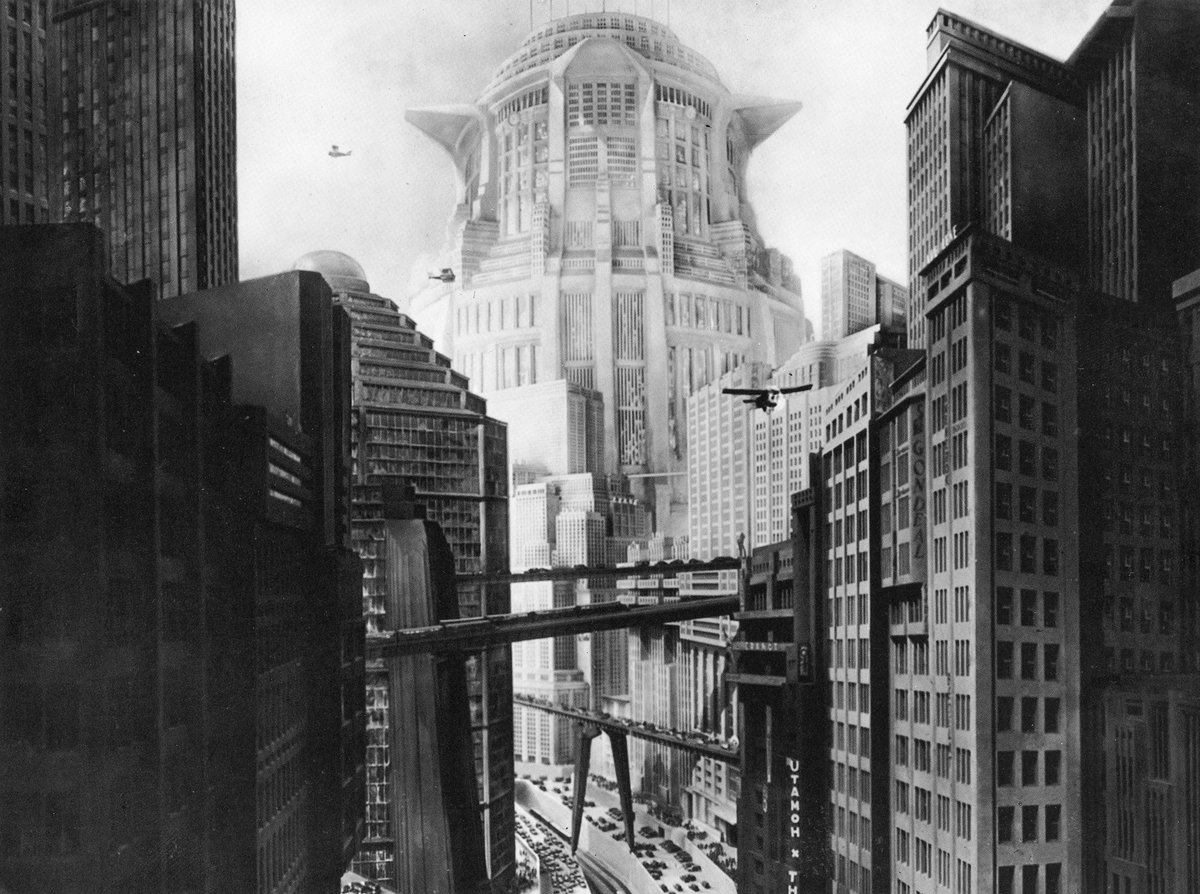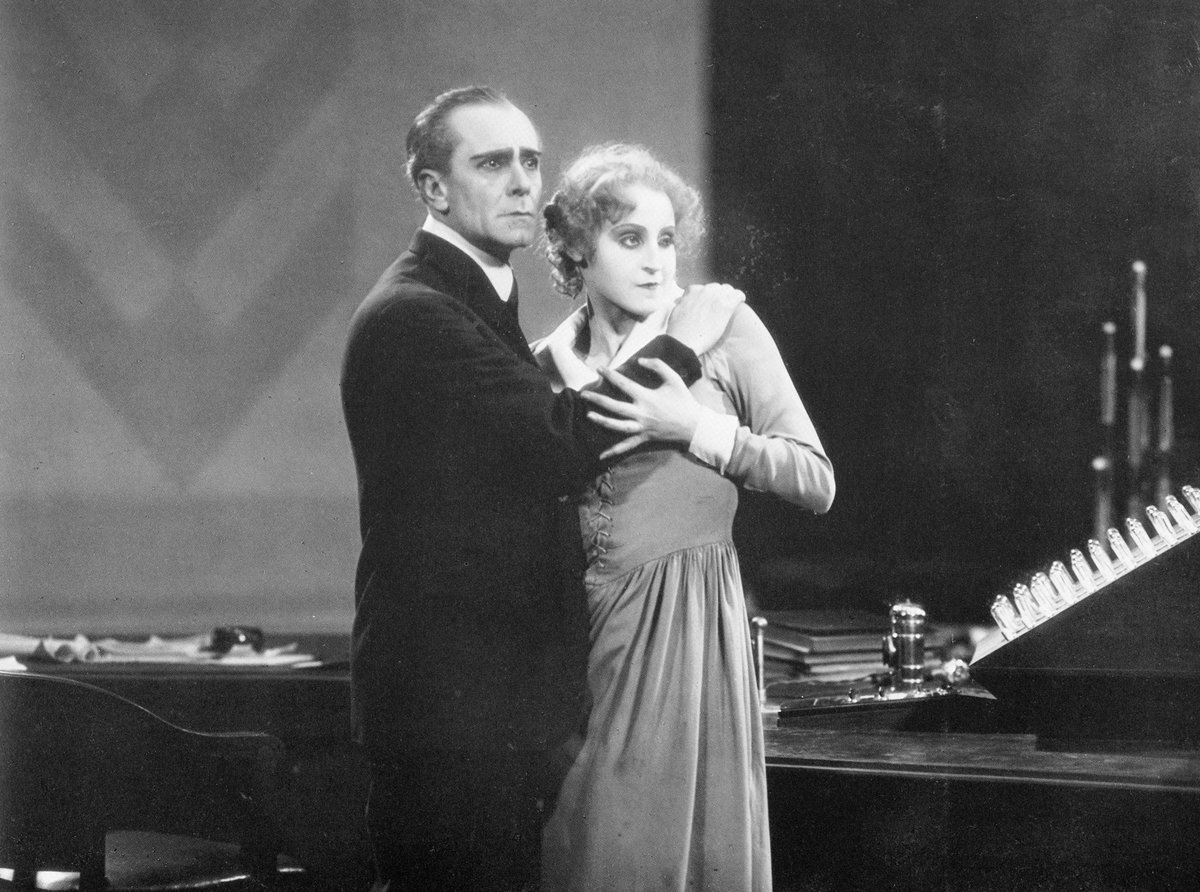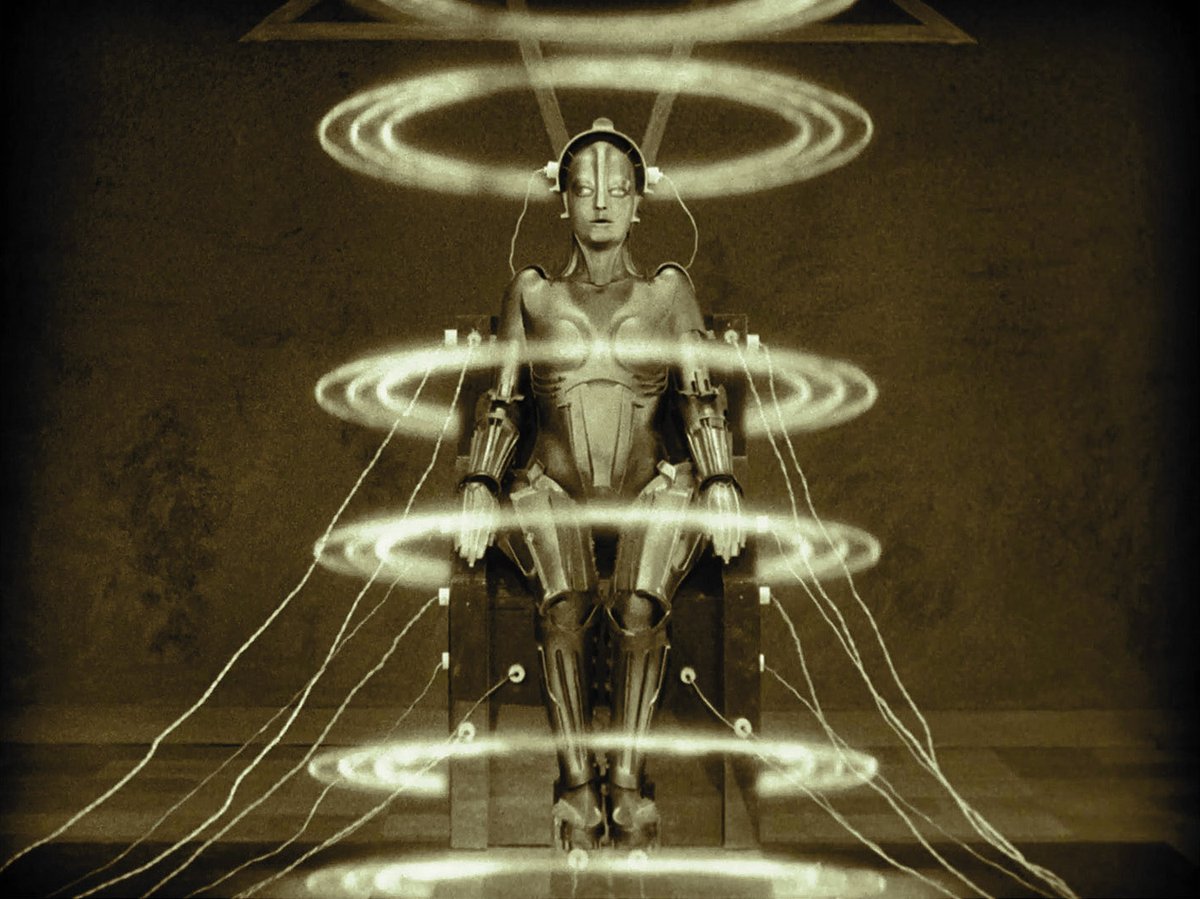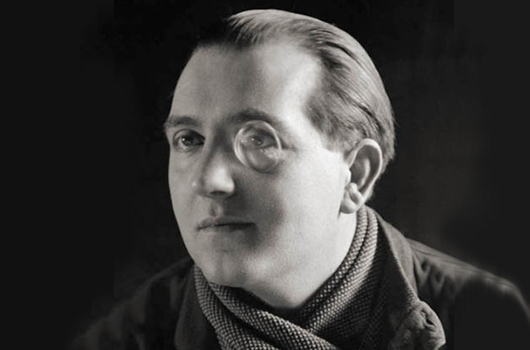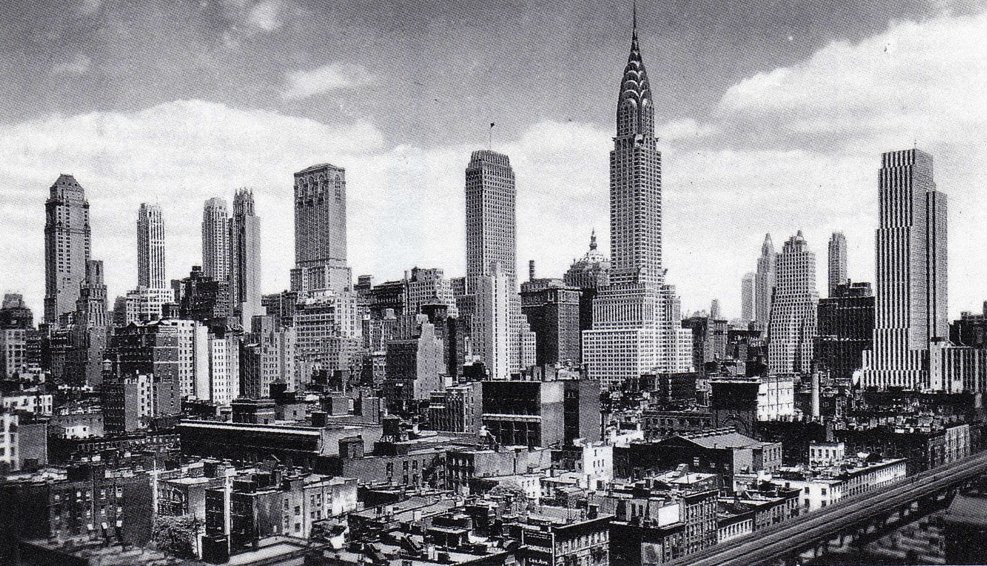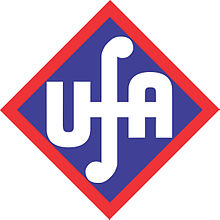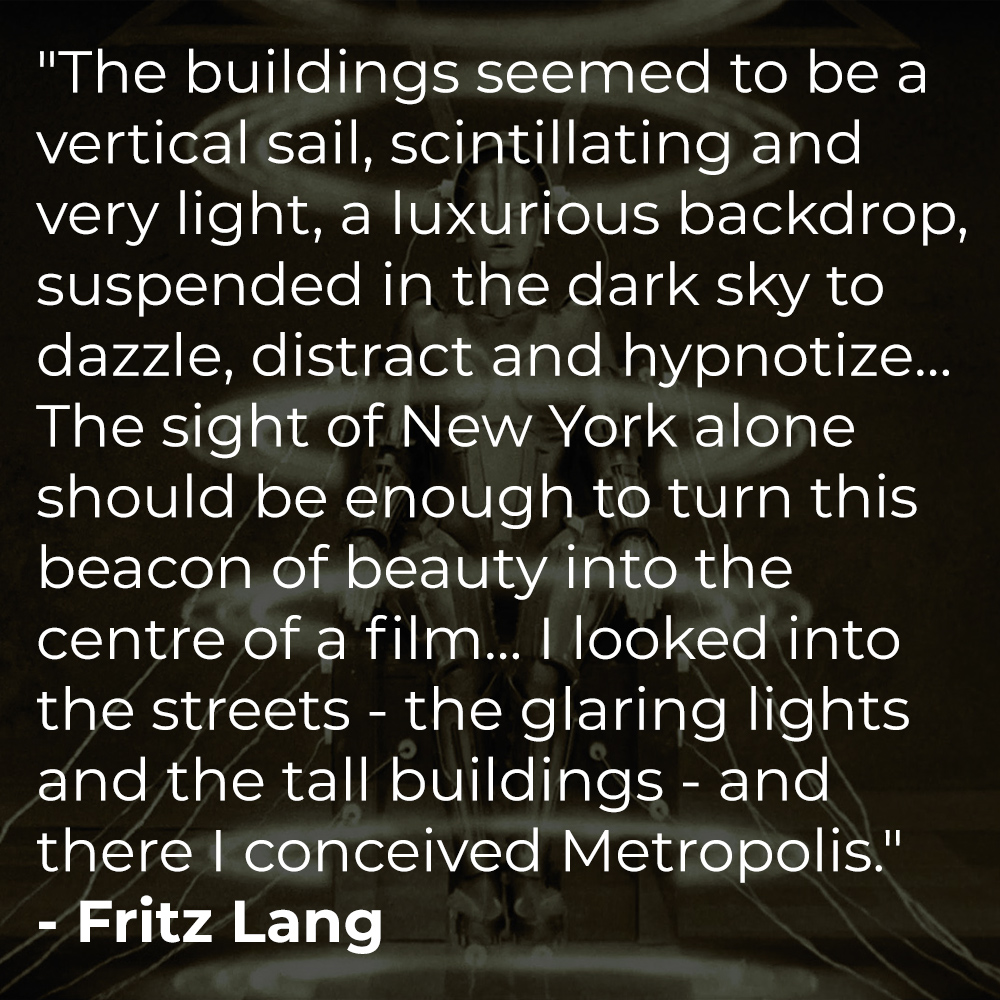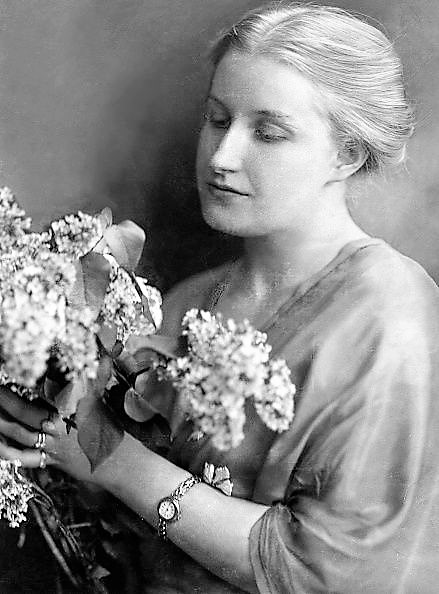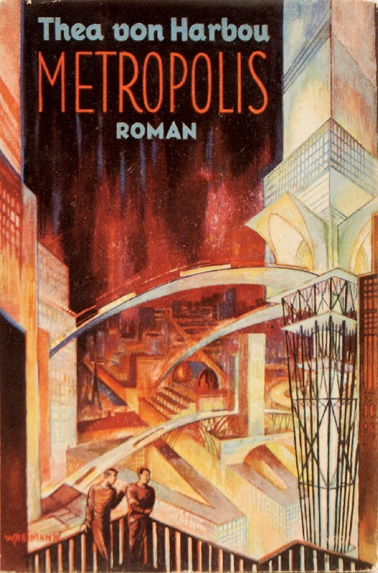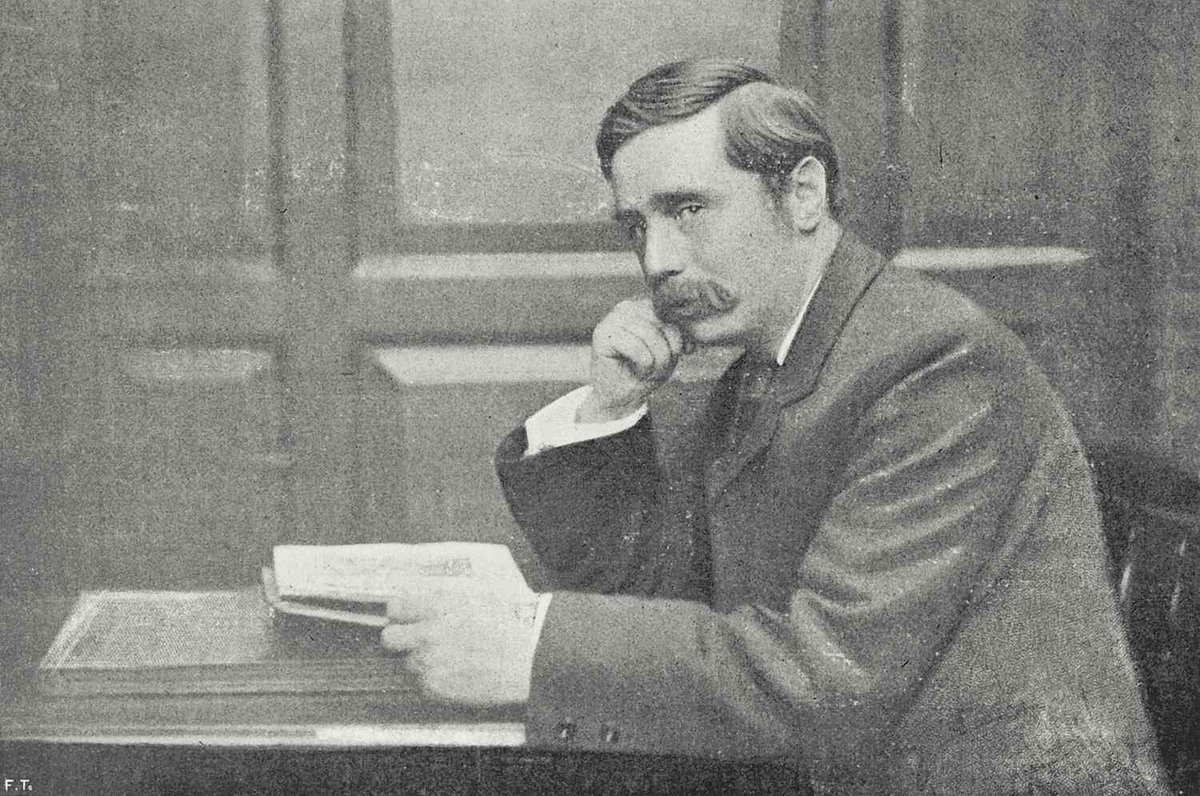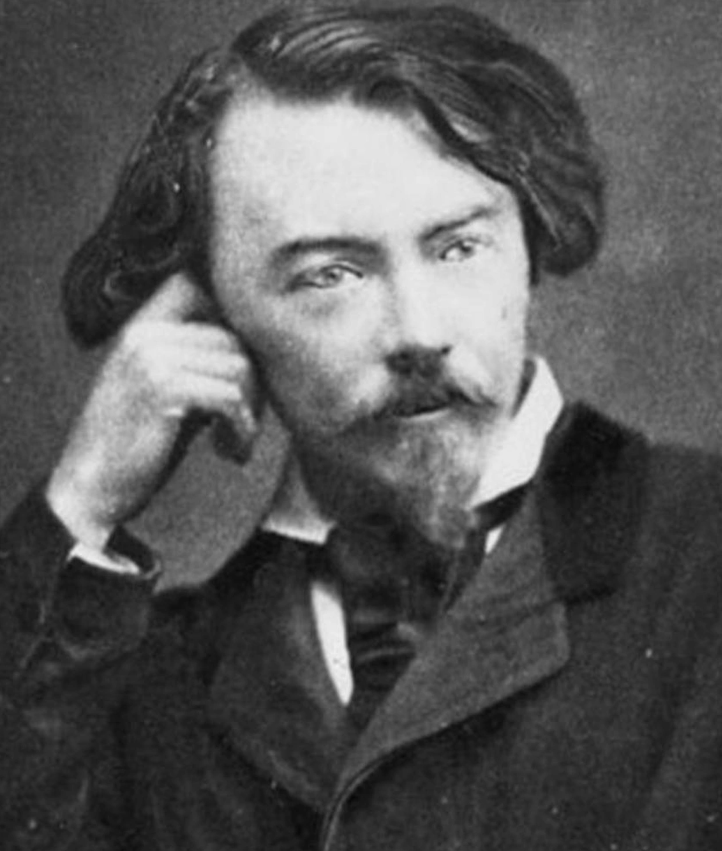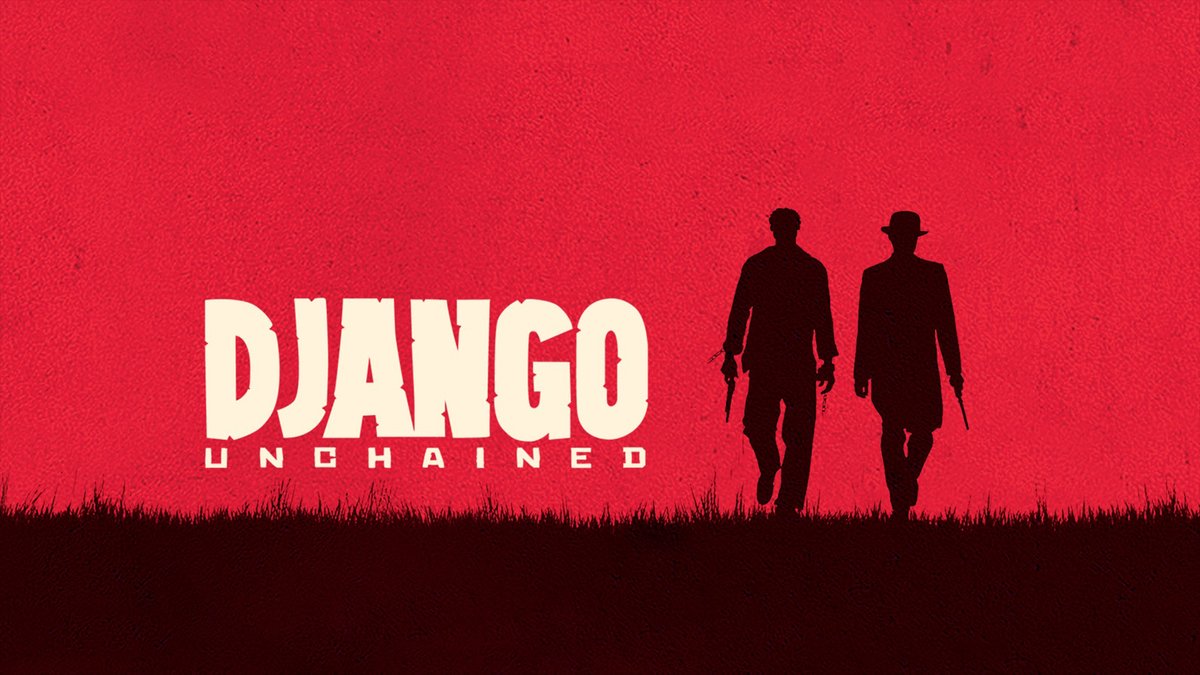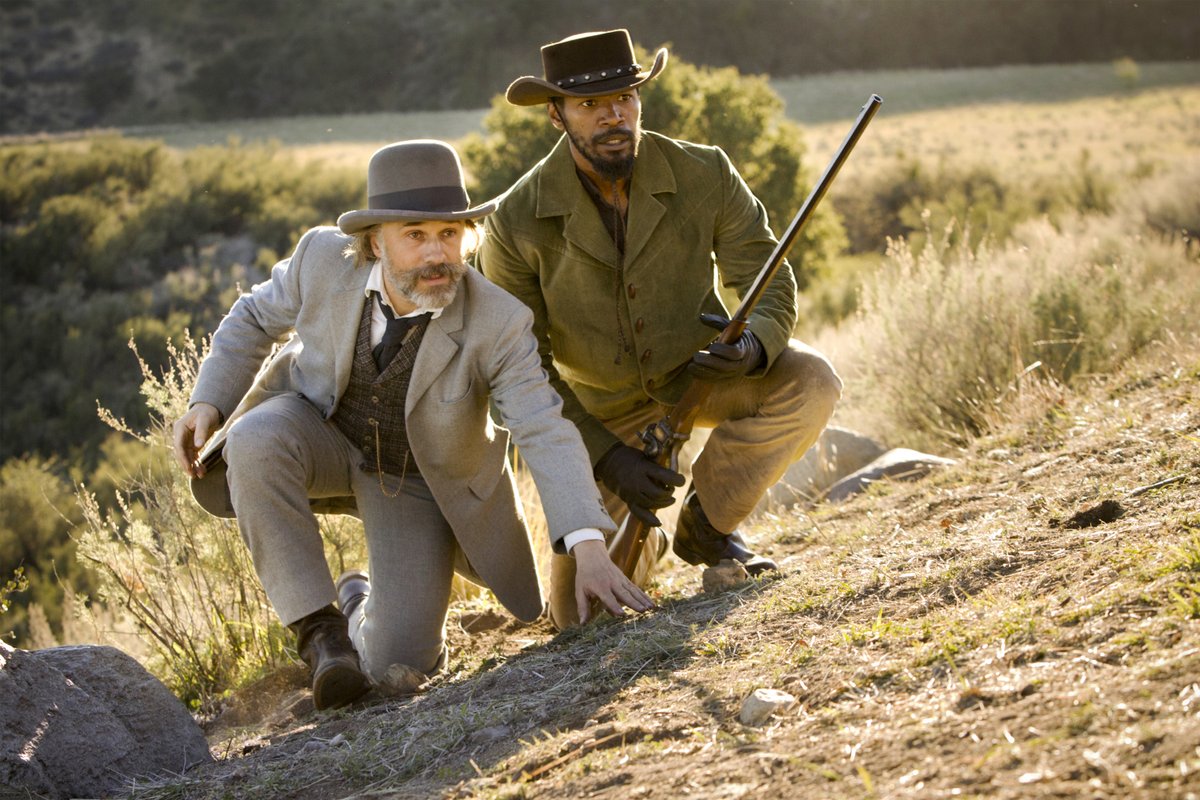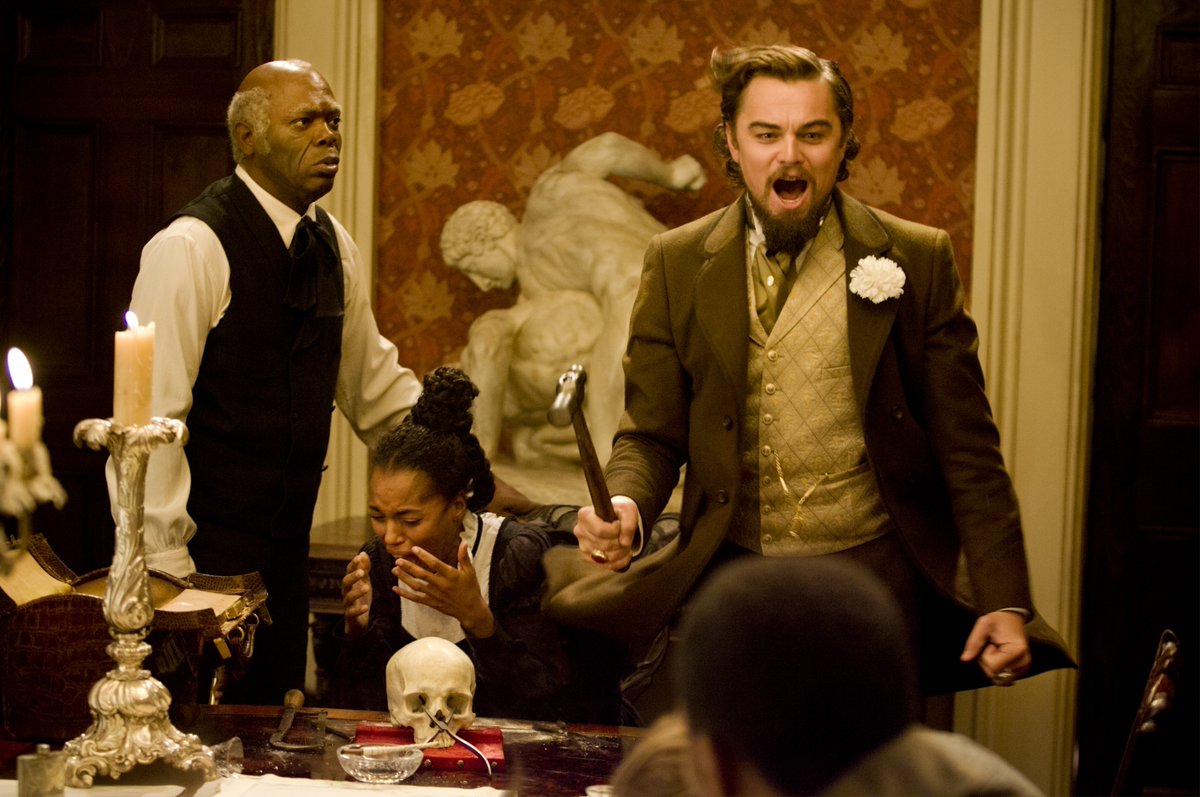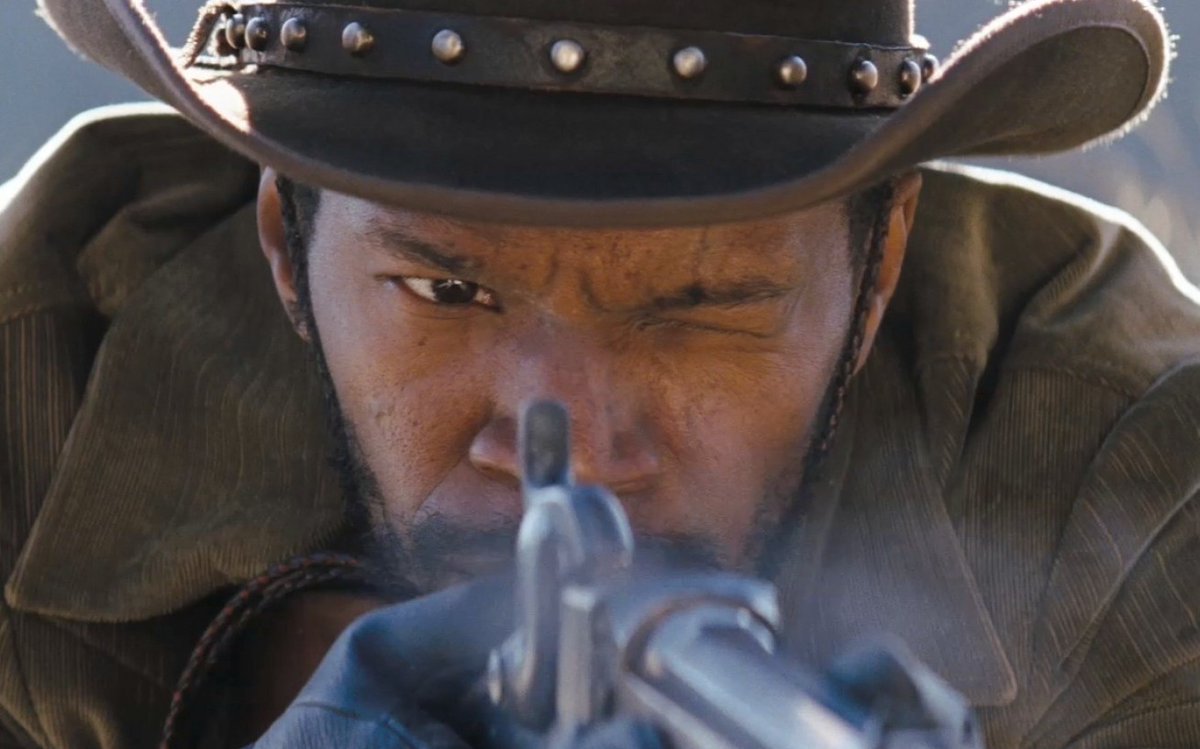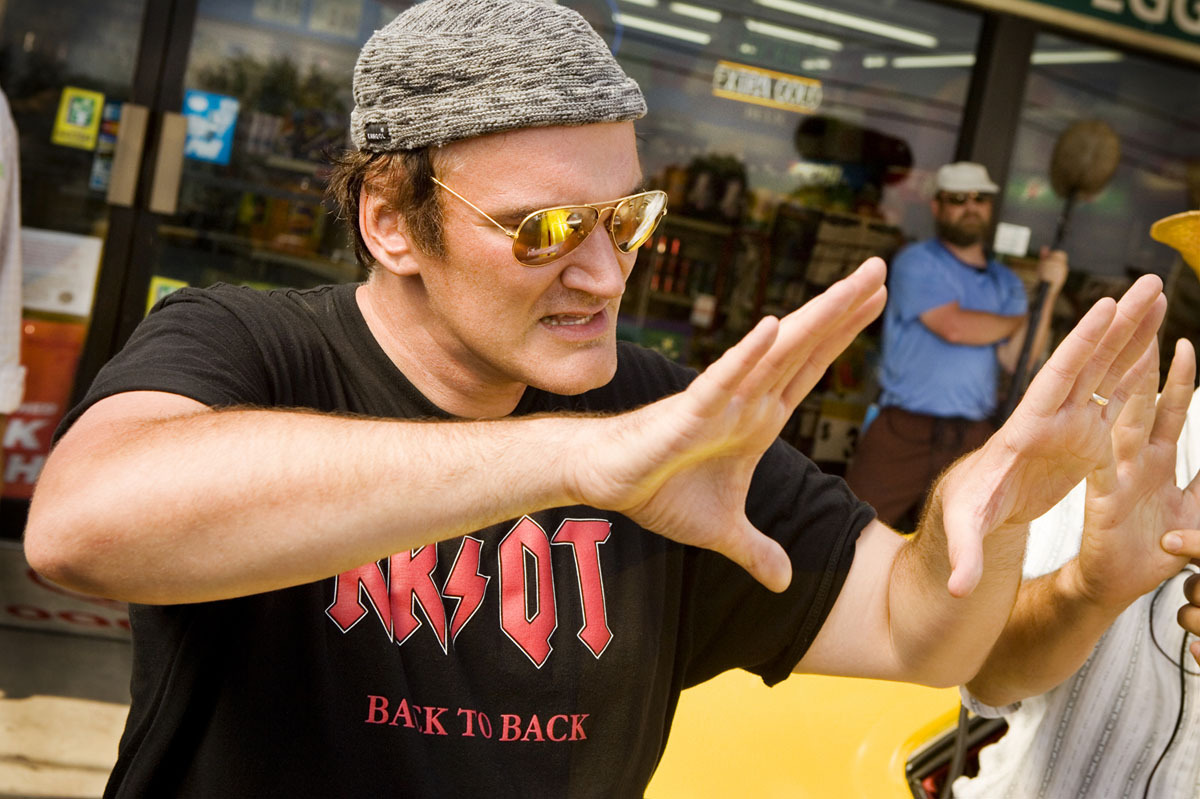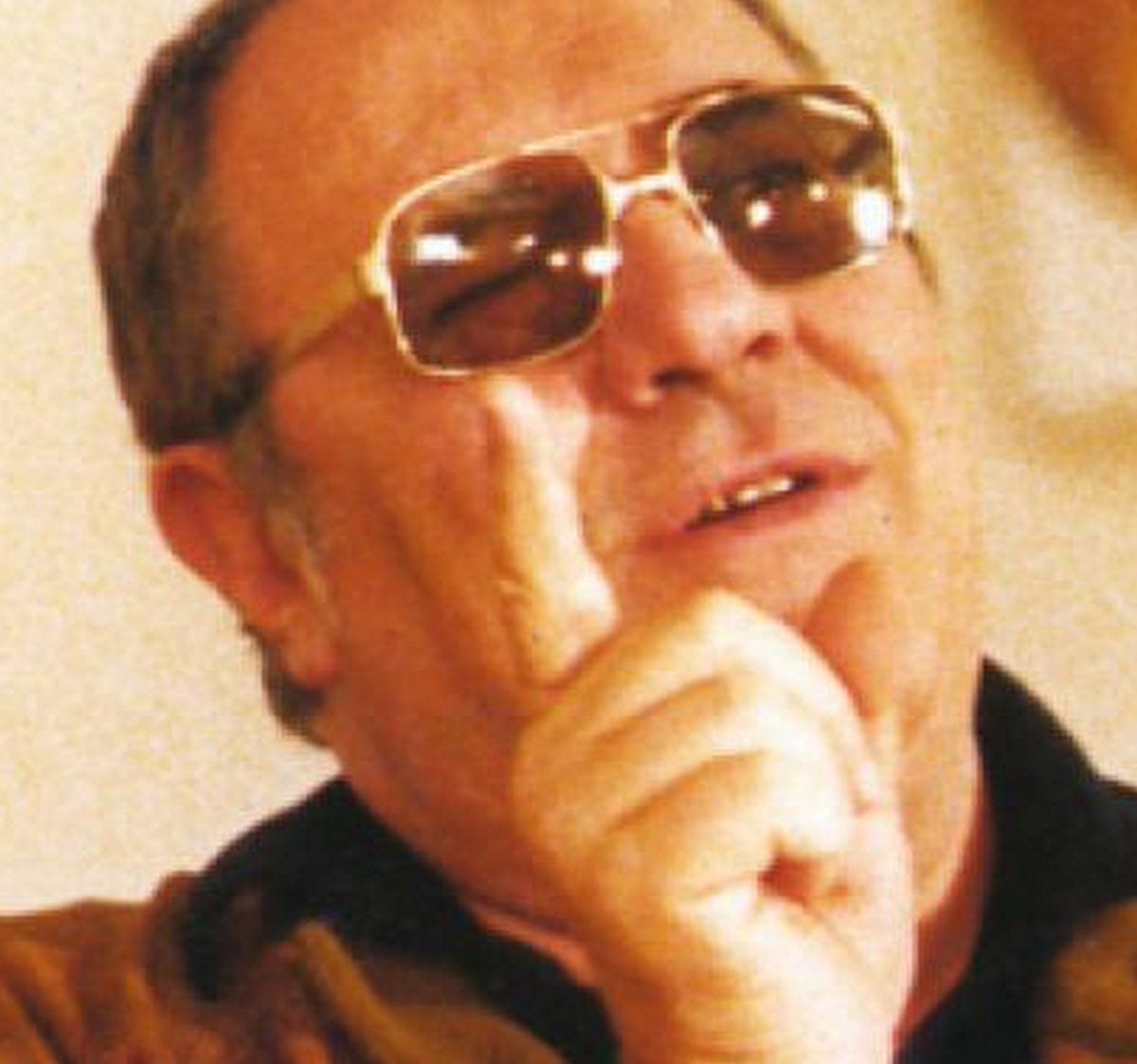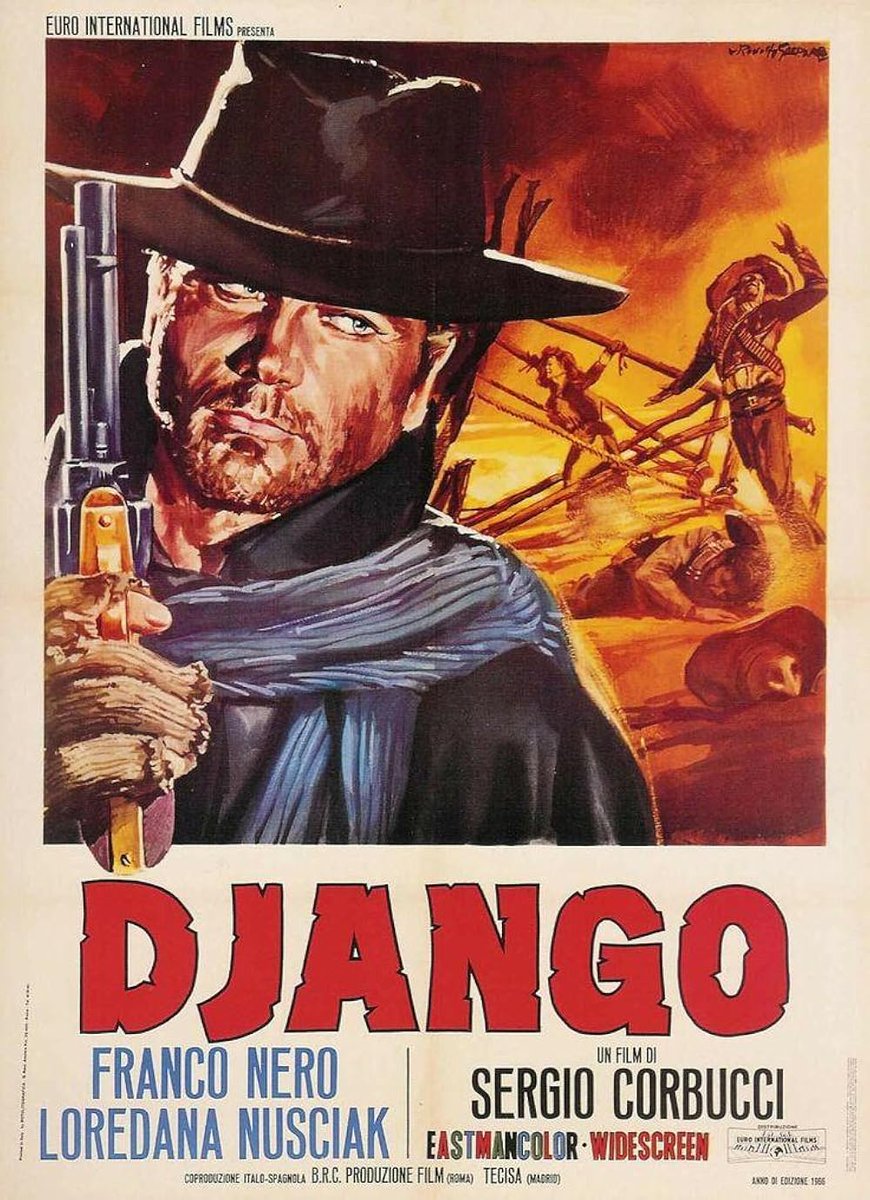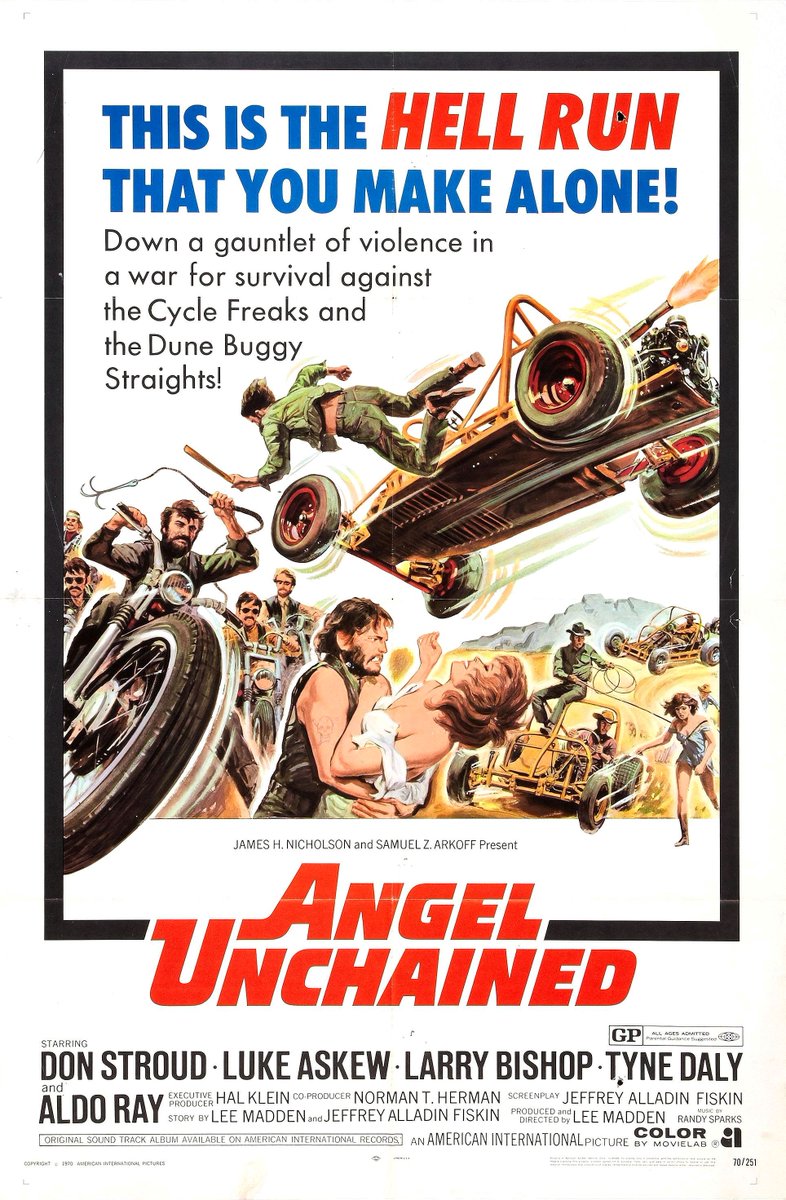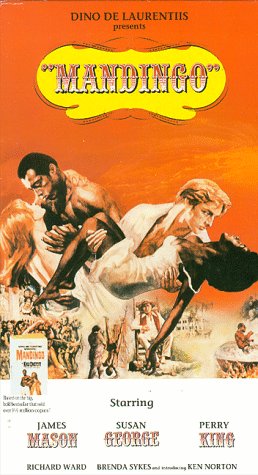CASINO ROYALE was released 18 years ago. Daniel Craig’s first 007 outing and the film that reinvented James Bond, the behind-the-scenes story will have you weeping blood…
1/58




1/58
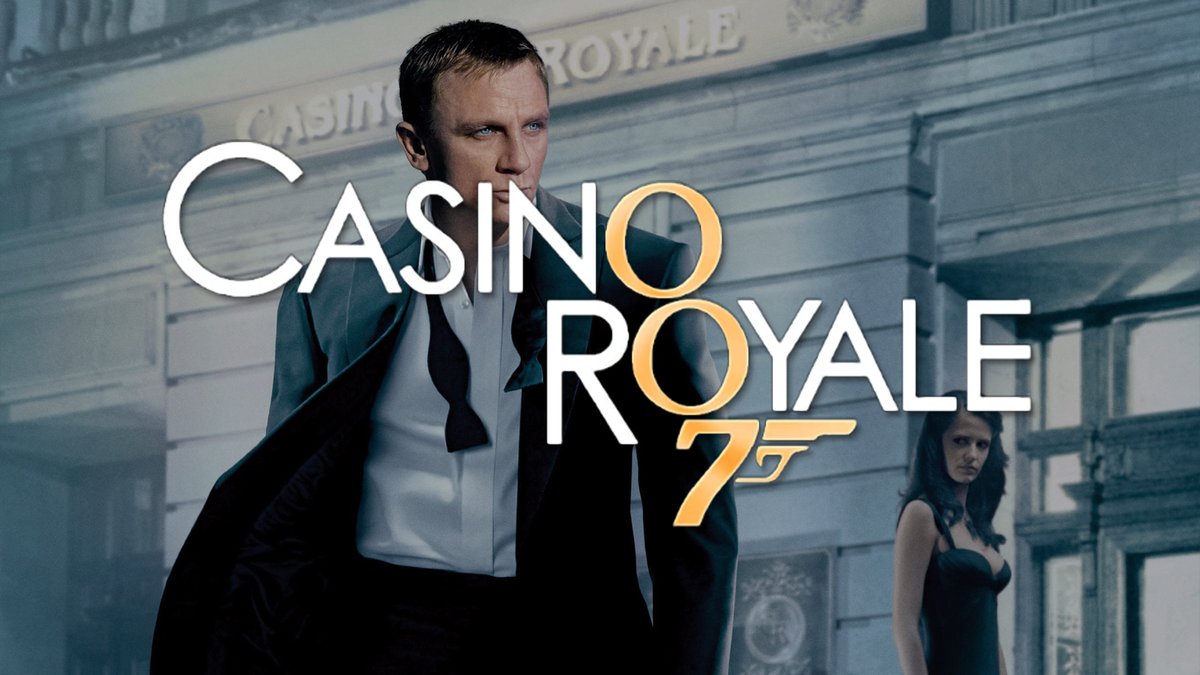
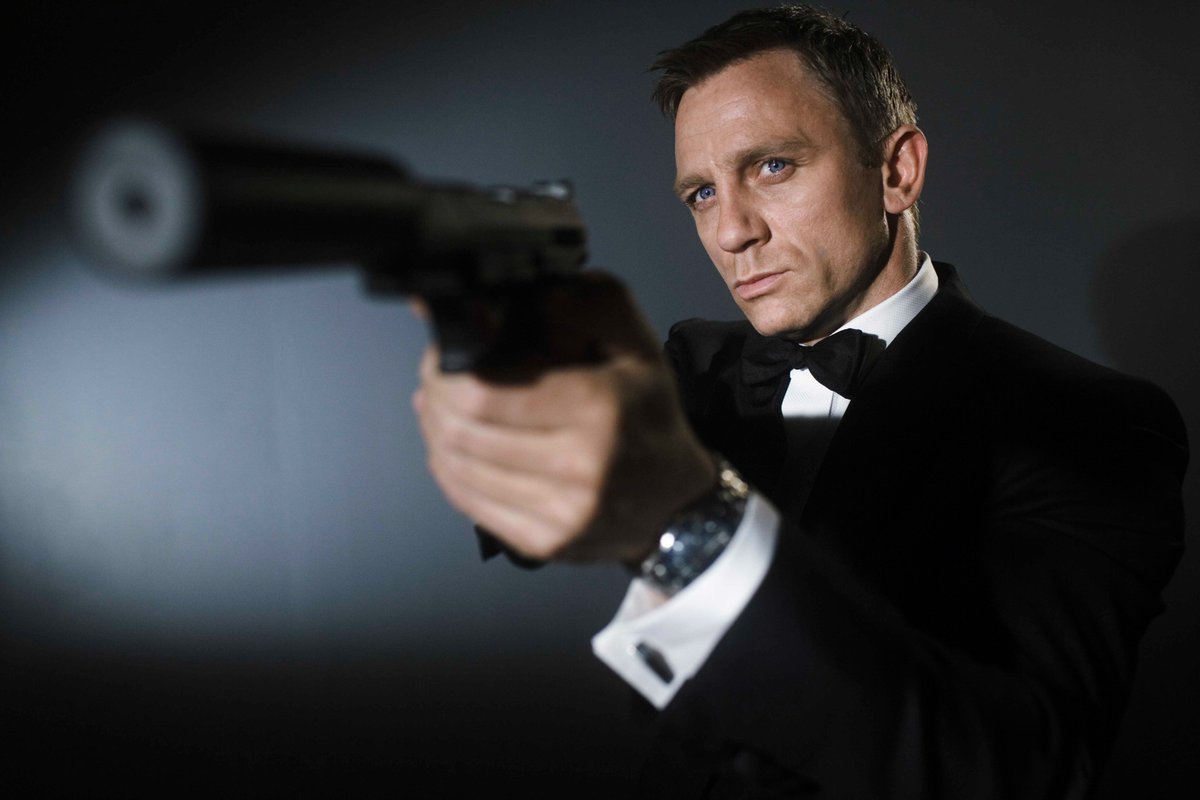
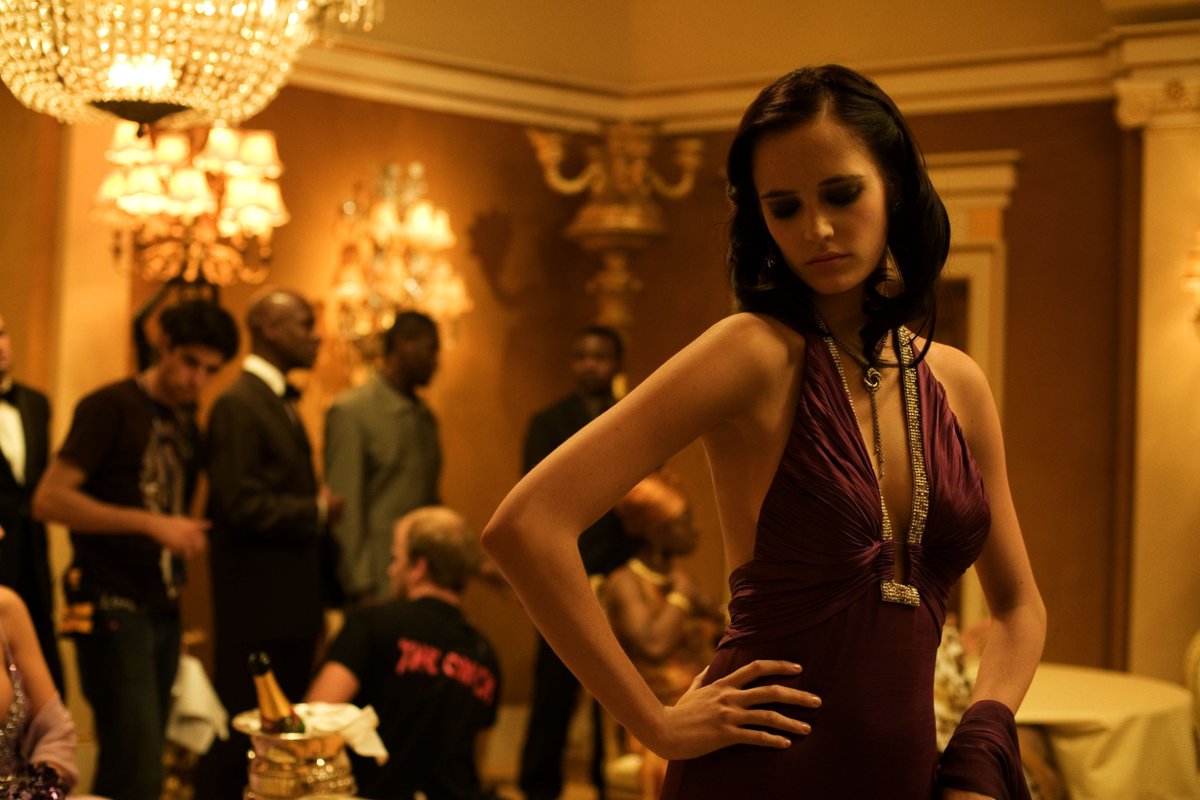
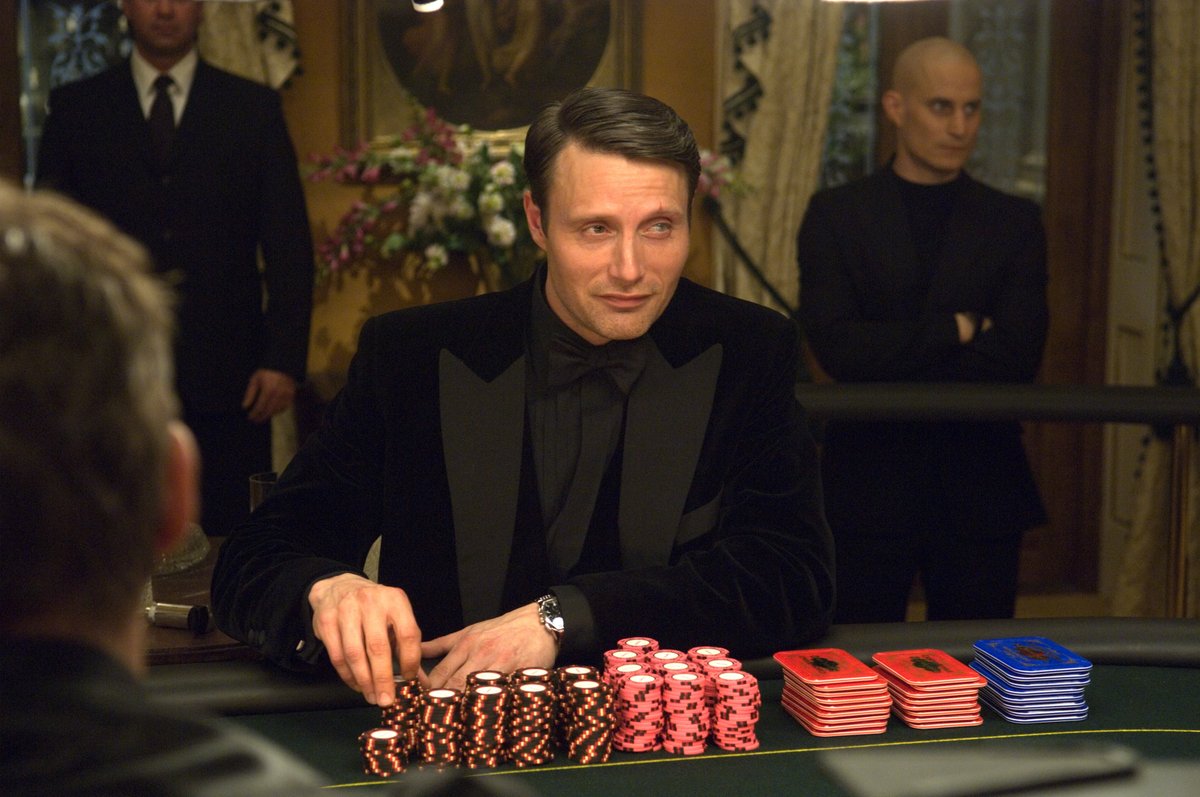
In 1953, novelist Ian Fleming was published for the first time. A story inspired by Fleming’s real-life experiences in WWII British Intelligence, Casino Royale was the first book to feature MI6 superspy James Bond. It changed Fleming’s life forever.
2/58


2/58
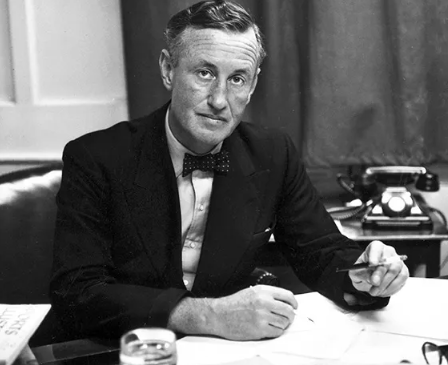
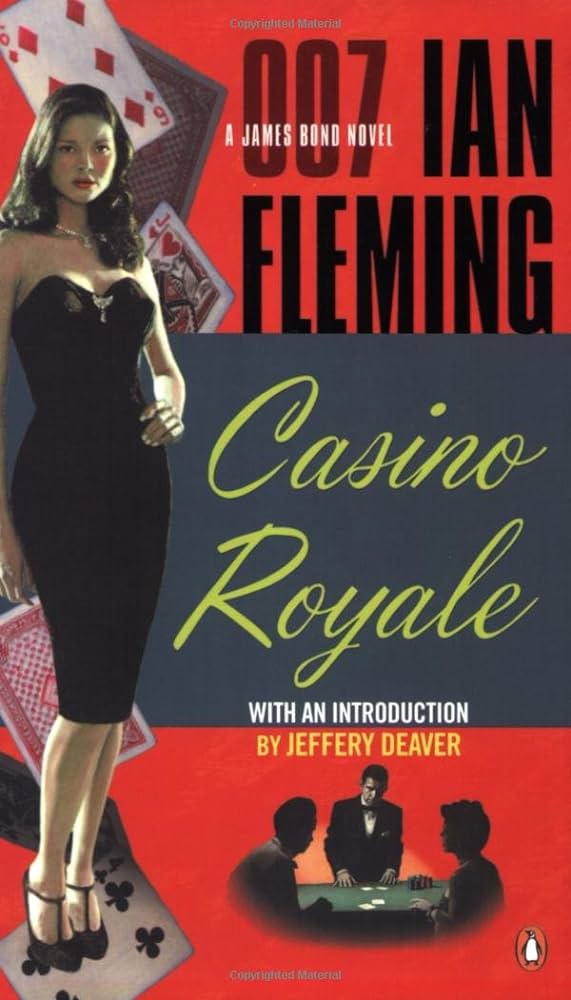
CBS bought the TV rights in 1954 and the first production of Casino Royale was as an episode of Climax, an anthology series on CBS. Peter Lorre was bad guy Le Chiffre, and Barry Nelson was signed up to play Combined Intelligence agent ‘Jimmy’ Bond. It wasn’t particularly popular.
3/58



3/58
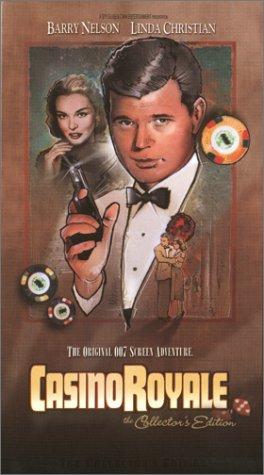
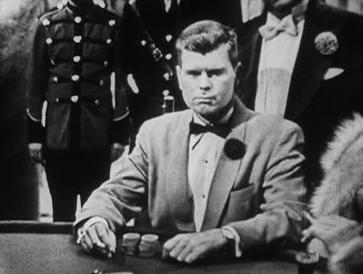
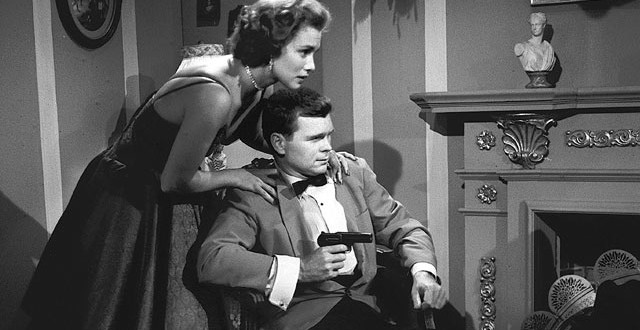
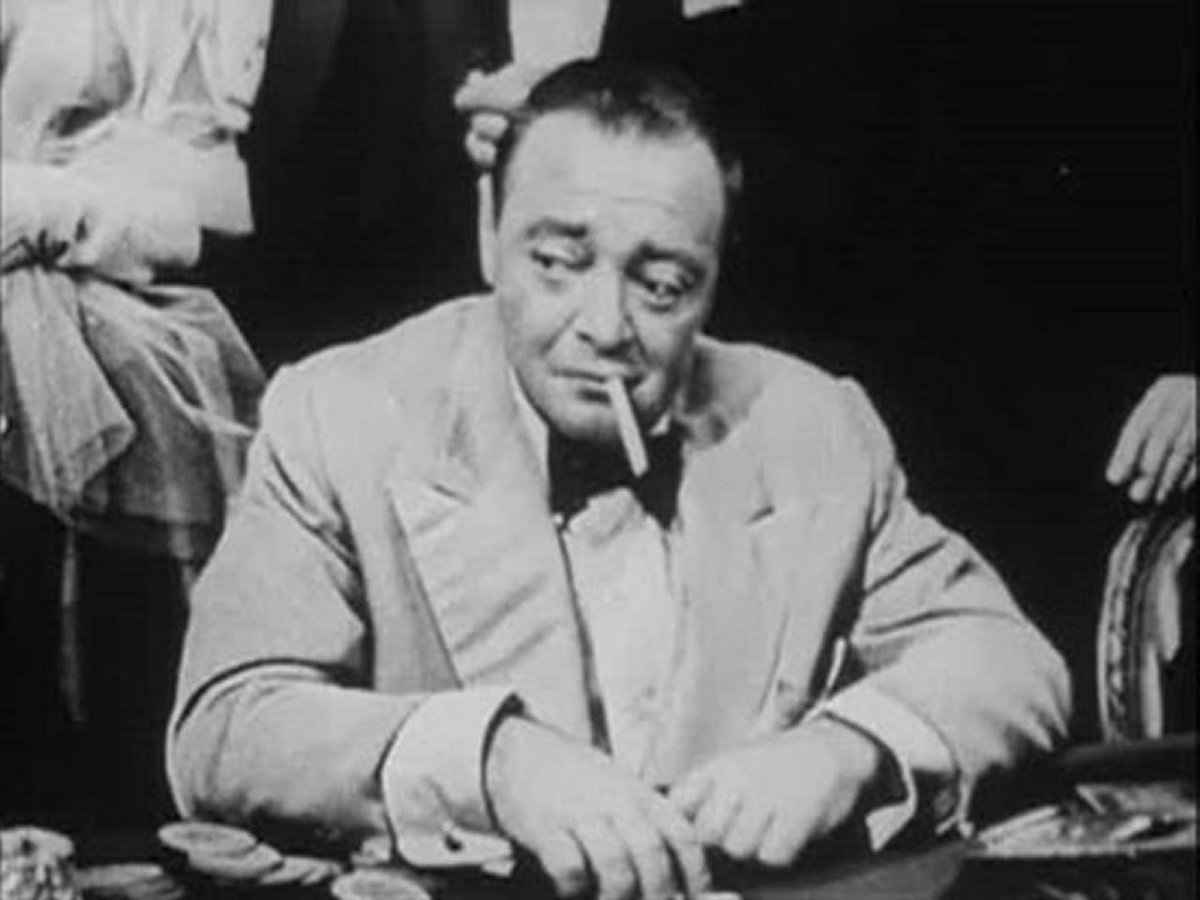
The film rights passed to producer Charles K. Feldman. The Climax show did nothing to inspire him to produce a film until, in 1962, Dr No, starring Sean Connery as Bond, was released. When it was a huge success, Feldman put Casino Royale into production with Columbia Pictures.
4/58

4/58
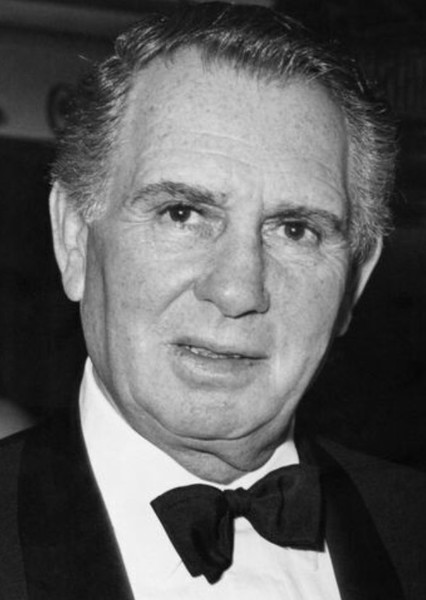
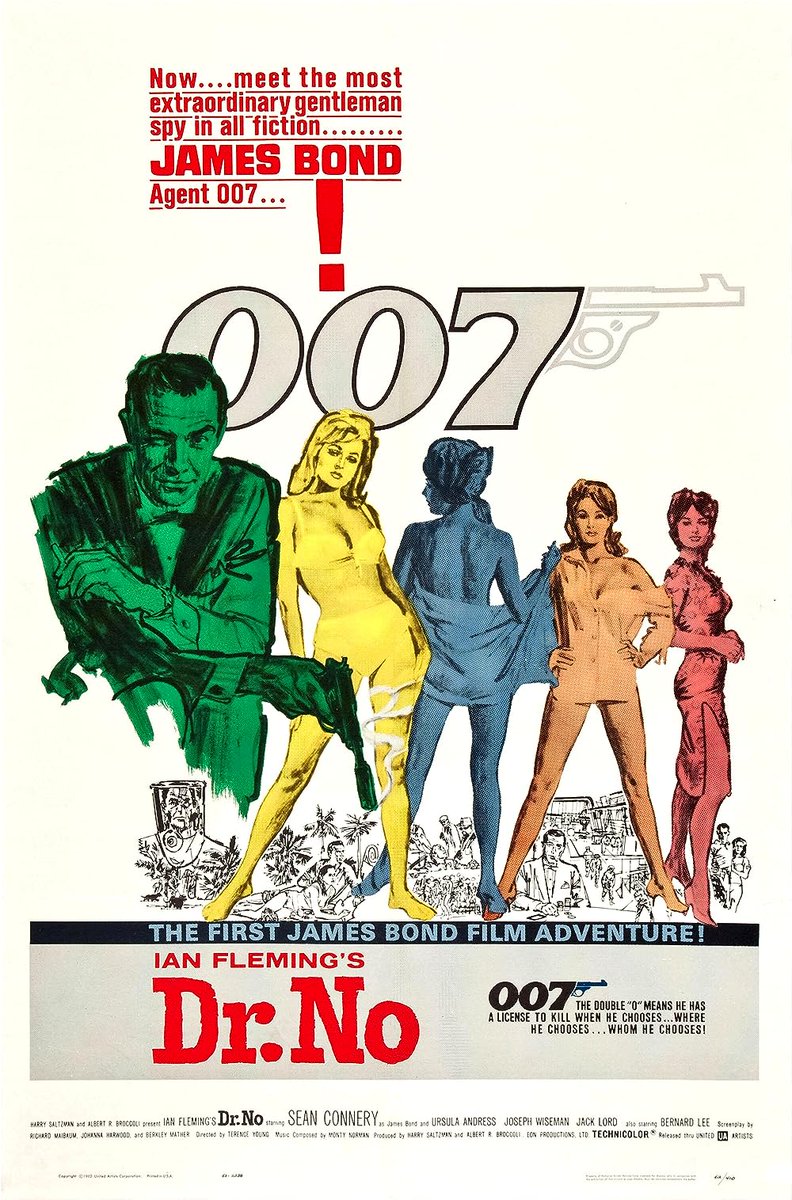
With 5 credited directors, Casino Royale was released in 1967 as a spoof of the spy genre with David Niven as Bond, Ursula Andress as Vesper Lynd and Peter Sellers as baccarat master Evelyn Tremble. It had a great theme song but was received very poorly.
5/58




5/58
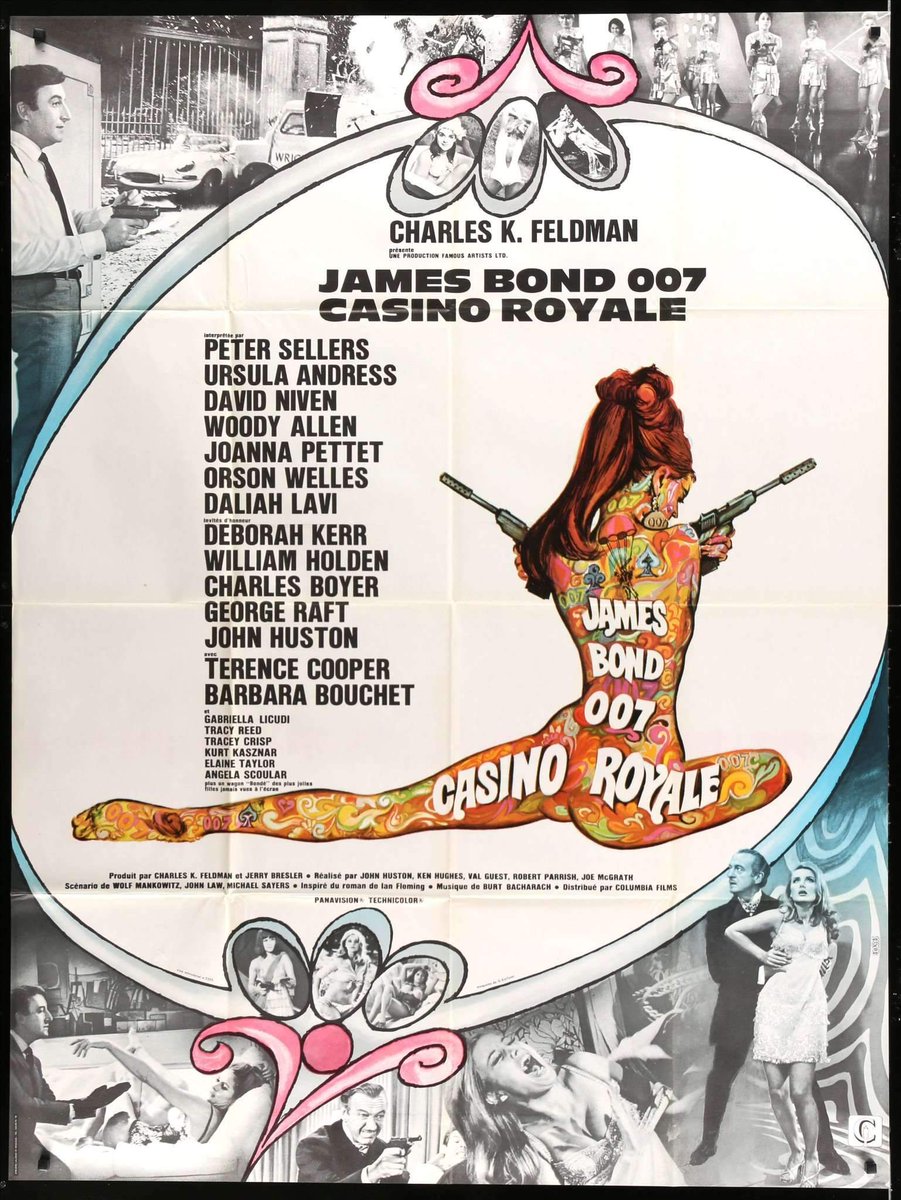
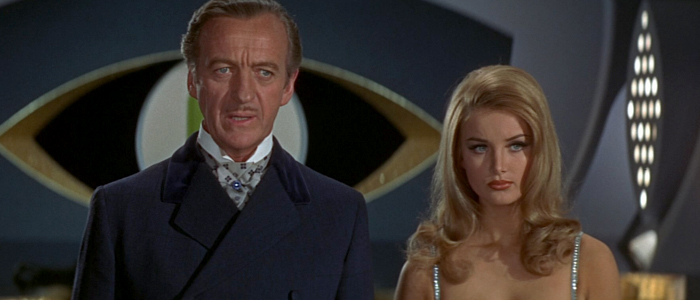
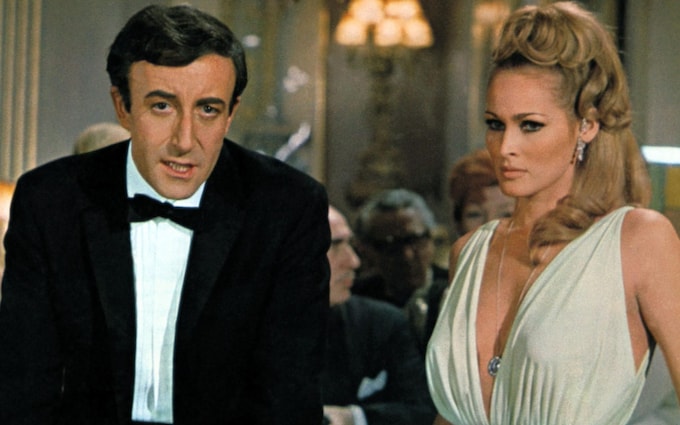
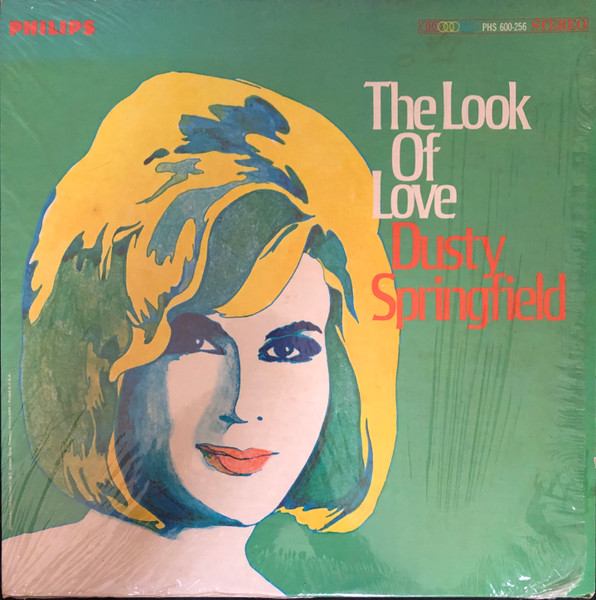
In 1989, Columbia were bought out by Sony and, with superhero movies taking off in the early 2000s, they approached MGM and offered the rights to Casino Royale in exchange for Spider-Man. They did the deal and MGM and put Casino Royale into development immediately.
6/58


6/58
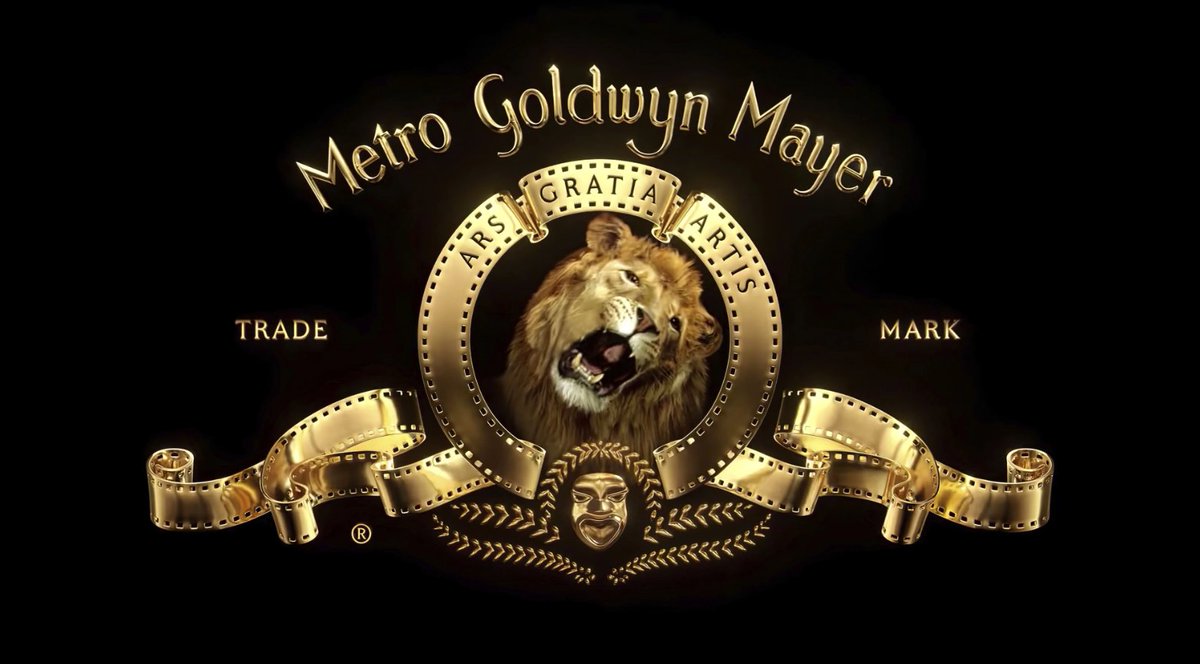
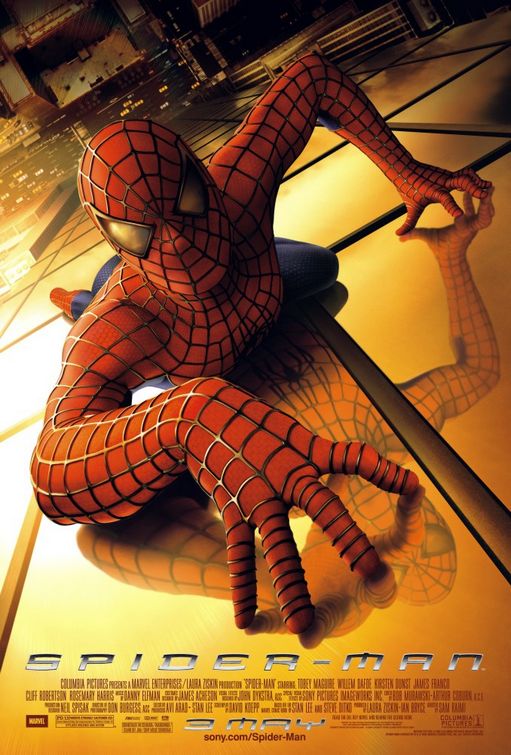
Eon Productions (who were started by Cubby Broccoli and Harry Saltzman, and made all of the classic Bond films) were the production company, with Barbara Broccoli and Michael G. Wilson (children of Cubby) set to produce.
7/58




7/58

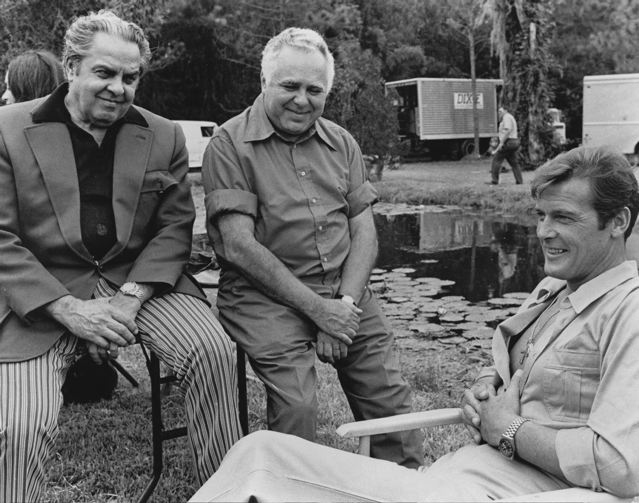
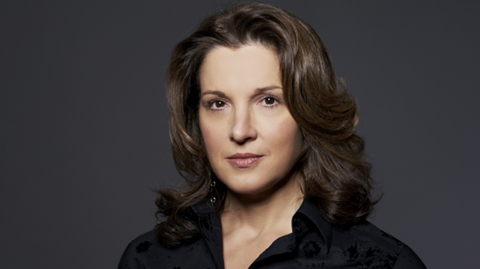
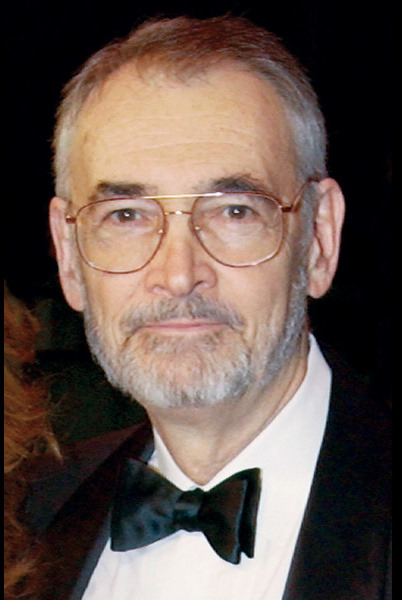
Andrew Niccol, who’d written The Truman Show and written/directed Gattaca, was offered the chance to direct but turned it down to make Lord of War. Matthew Vaughan was considered because of his work on Layer Cake, but Eon decided he was too young at 33.
8/58


8/58
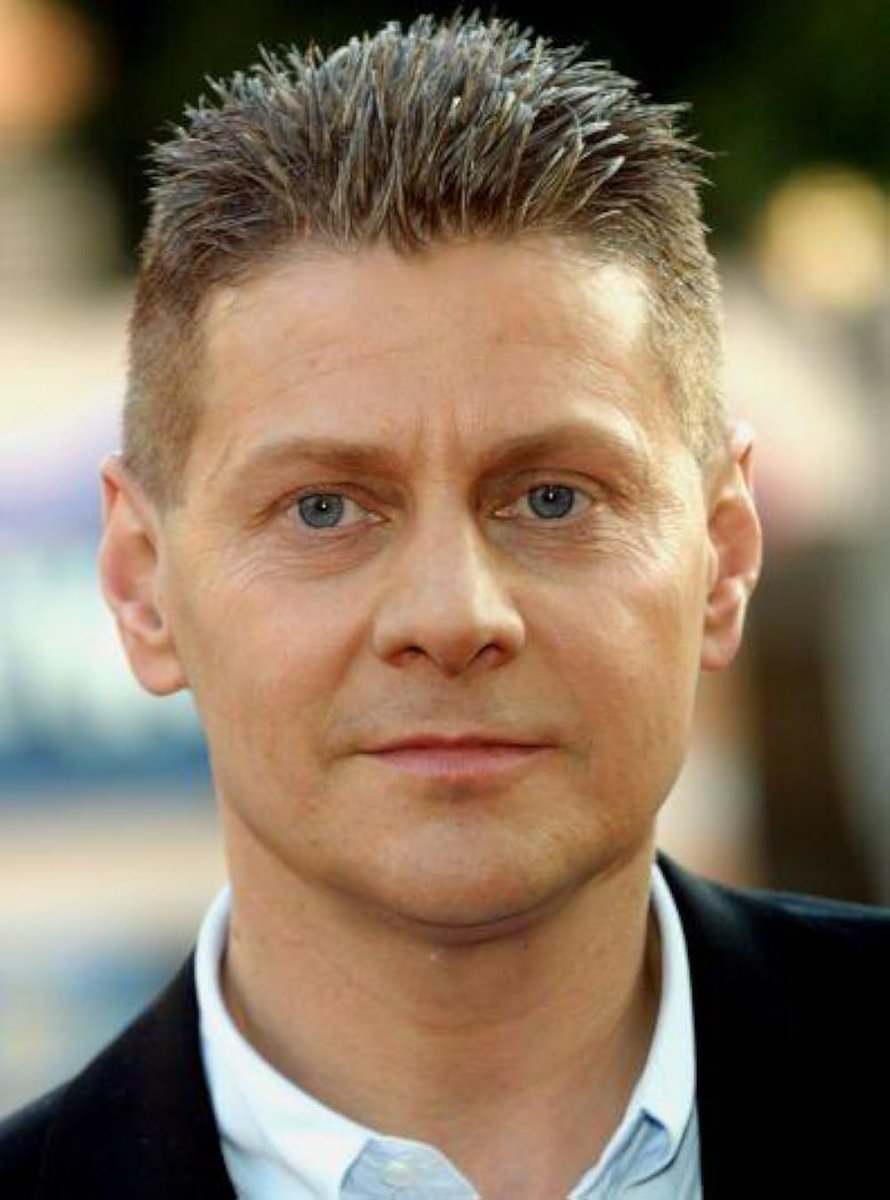
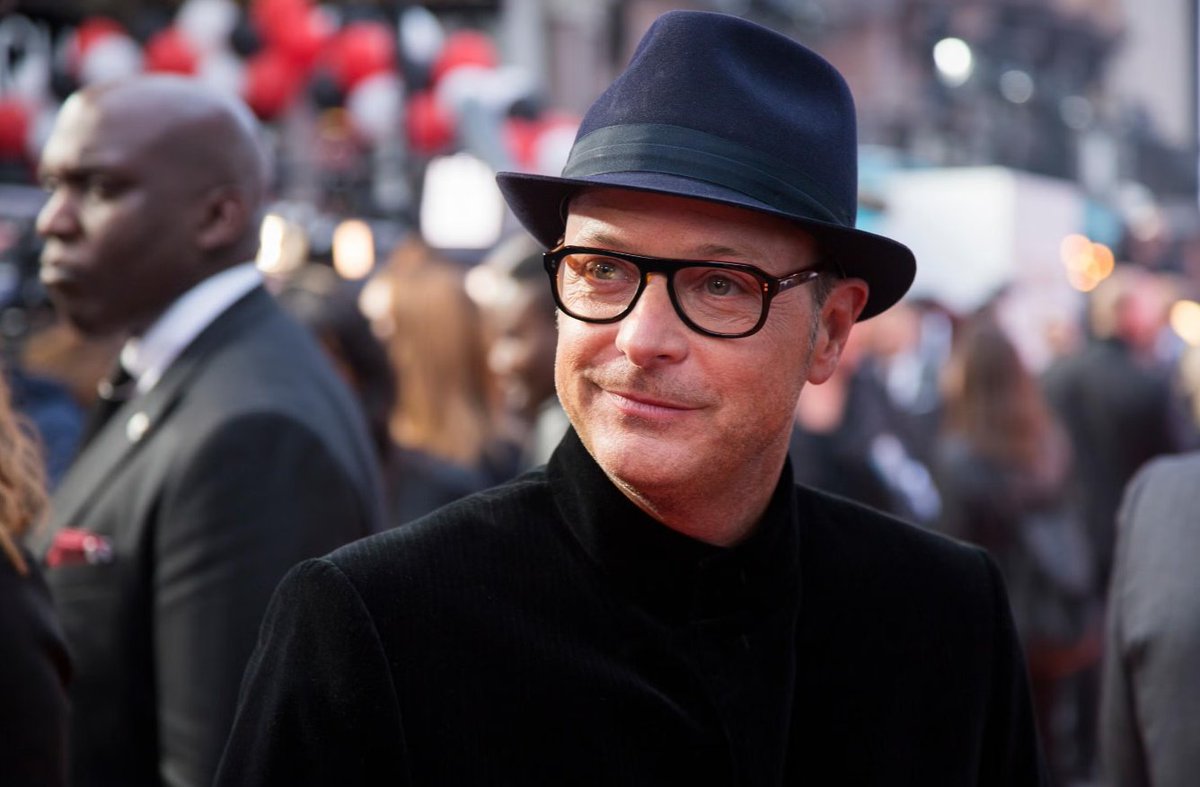
When MGM got the rights, Quentin Tarantino and Pierce Brosnan discussed working together on Casino Royale. QT wanted to take Bond back to 60s Cold War era and shoot in black and white. Eon said no but QT later said “The reason they did Casino Royale all comes down to me.”
9/58


9/58
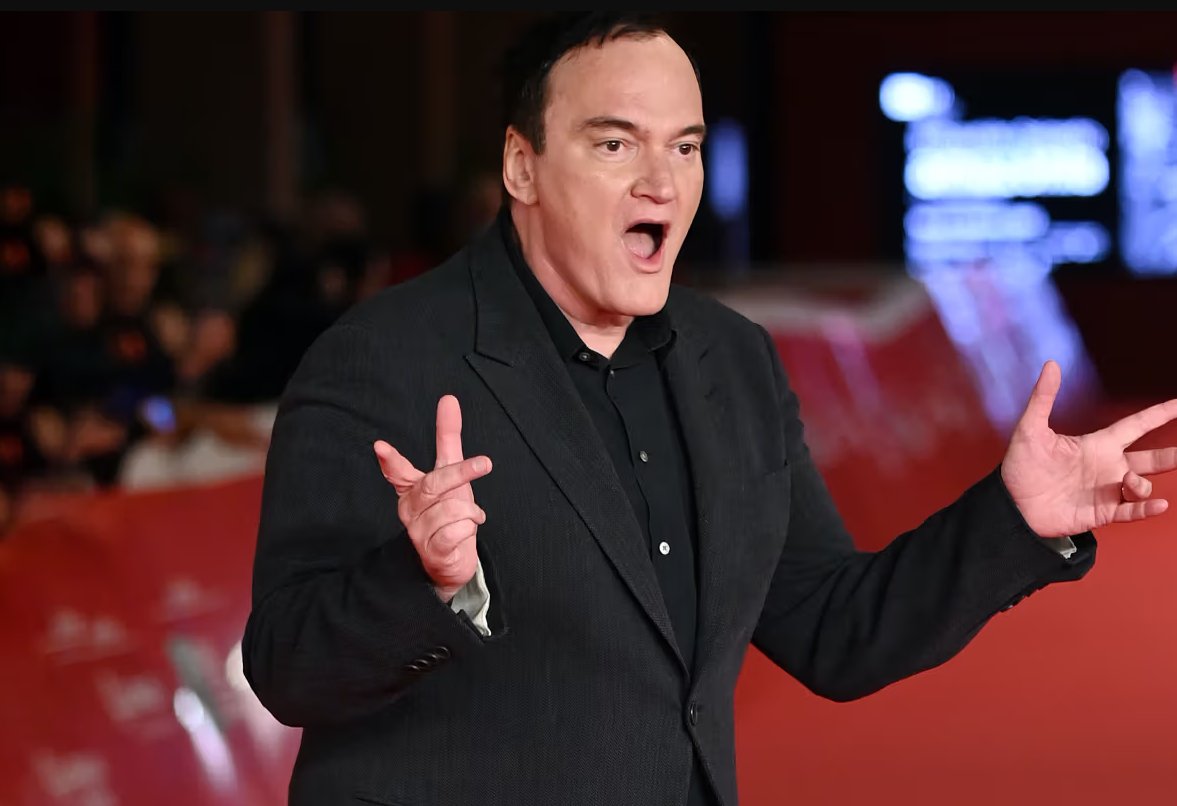
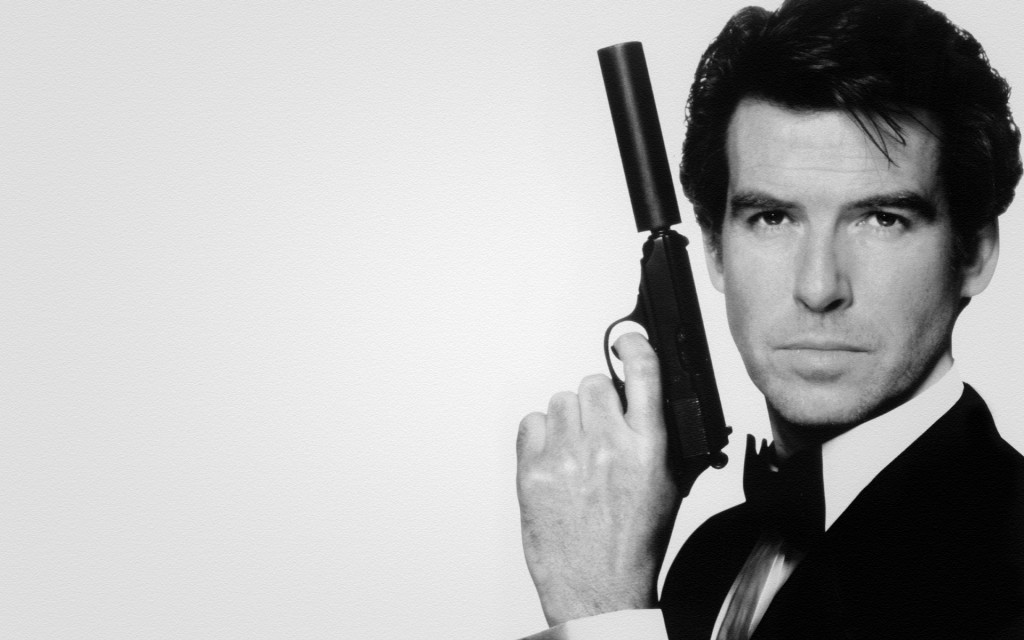
Having worked with director Martin Campbell with some success on GoldenEye, Eon approached him about returning to direct Casino Royale. Campbell was already in his mid-60s but took on the challenge, later saying he had nothing better to do.
10/58


10/58
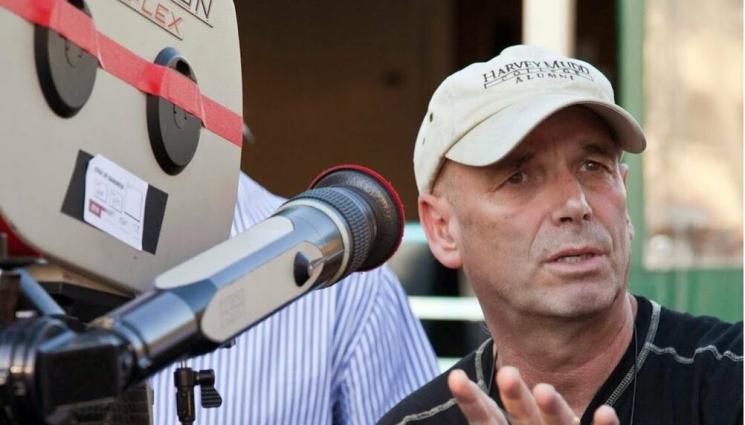
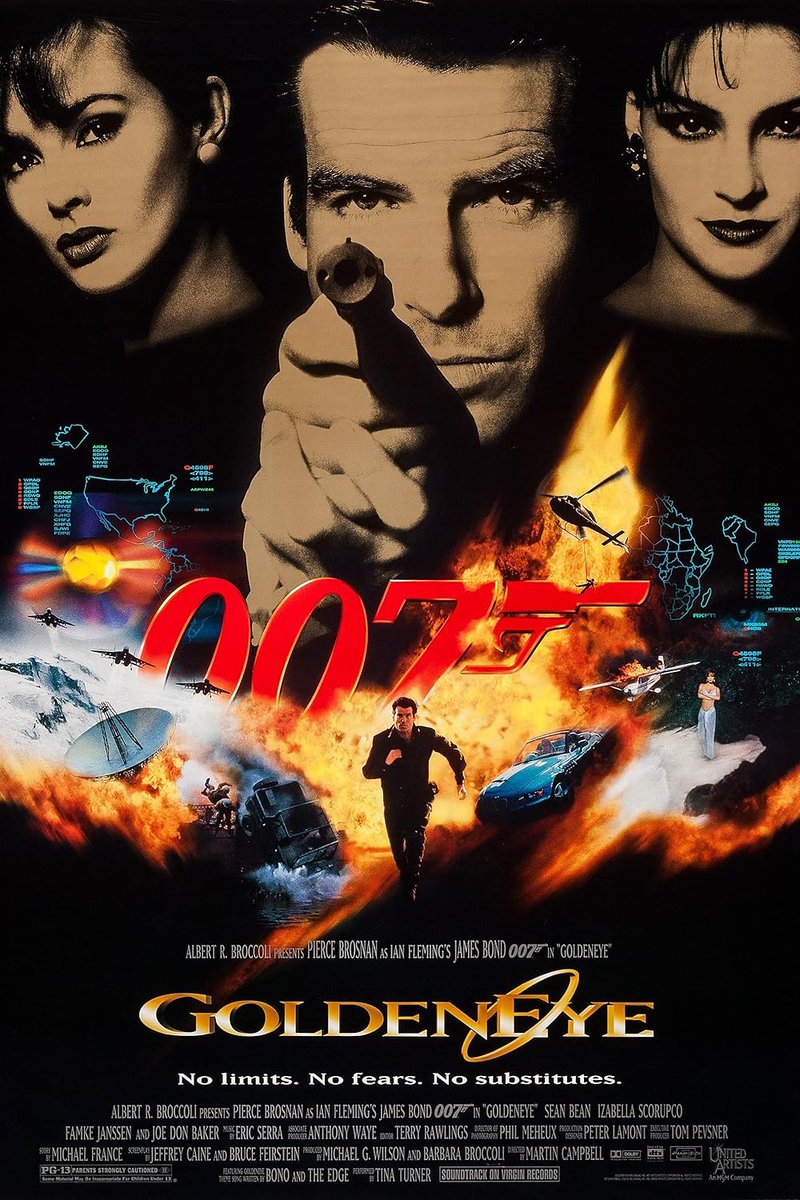
After Die Another Day in 2002, Eon had worked with writers Robert Wade and Neal Purvis on a spin-off based on Halle Barry’s character, Jinx. Barabara Broccoli liked it so, once Eon got the rights to Casino Royale, she approached Purvis and Wade about adapting it.
11/58


11/58
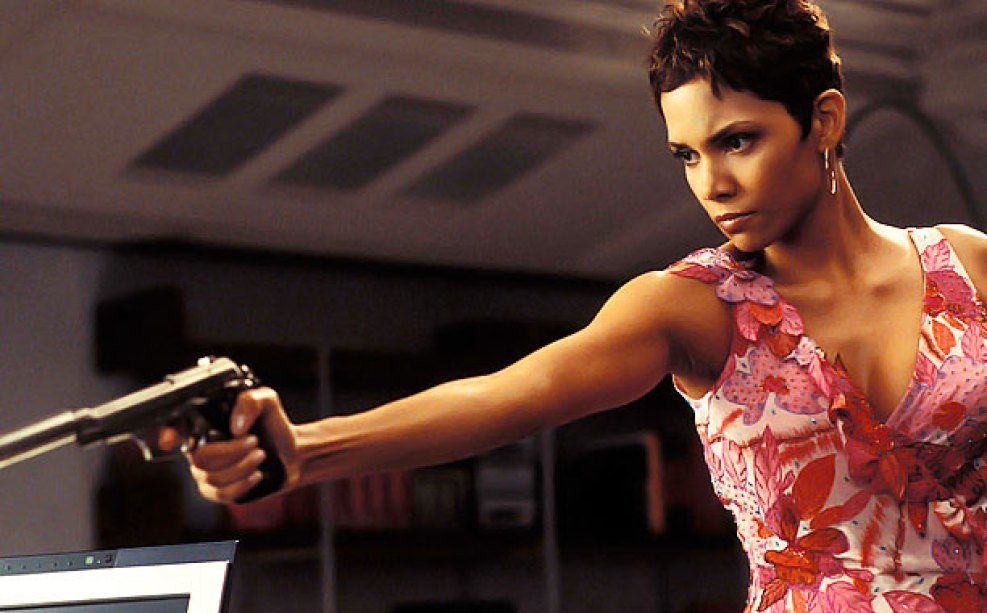
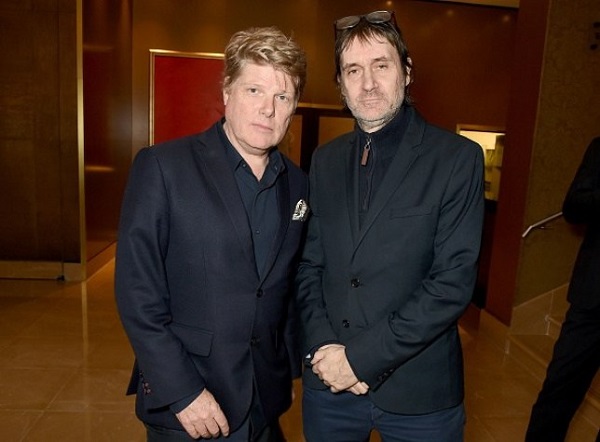
Die Another Day had been the most commercially successful Bond film ever so Eon’s original plan was to bring Pierce Brosnan back as Bond for Casino Royale. But, apparently, Brosnan’s agents demanded he get paid $30m plus royalties. Eon decided to bring in a younger actor.
12/58


12/58
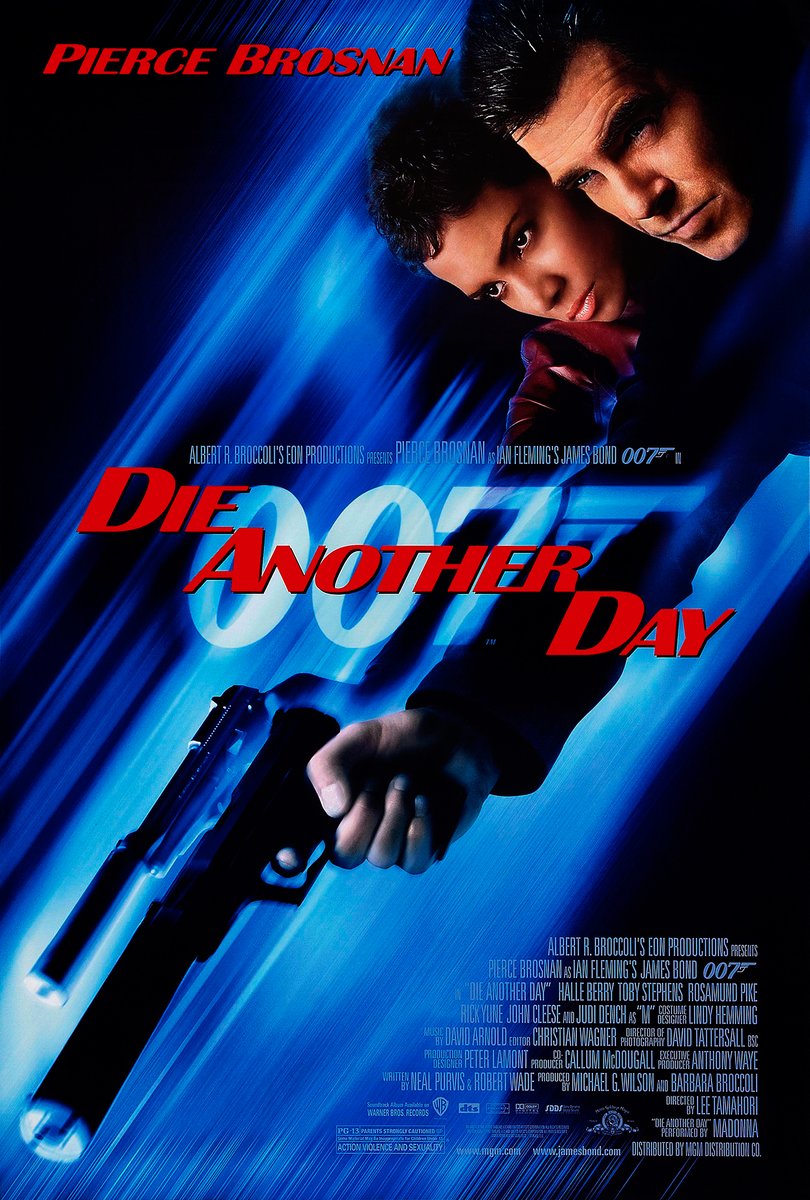
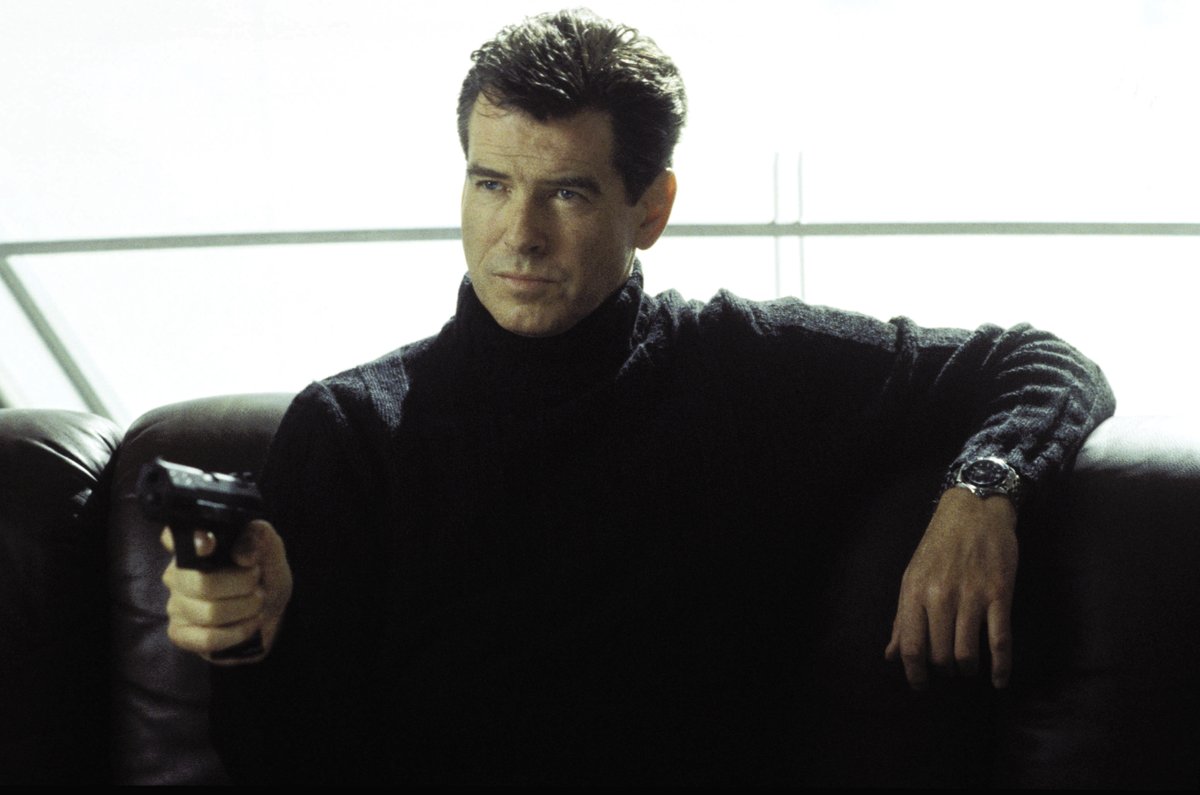
Eon looked at over 200 actors, including names like Dominic West and Gerard Butler. There were reports that Jude Law, Orlando Bloom and Karl Urban were considered. And Martin Campbell said that if Henry Cavill had been older than 22 he would’ve probably been cast.
13/58




13/58
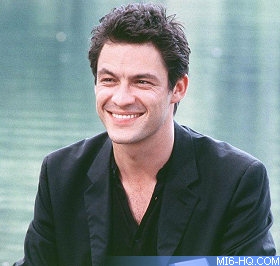
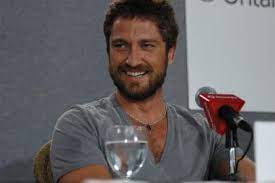
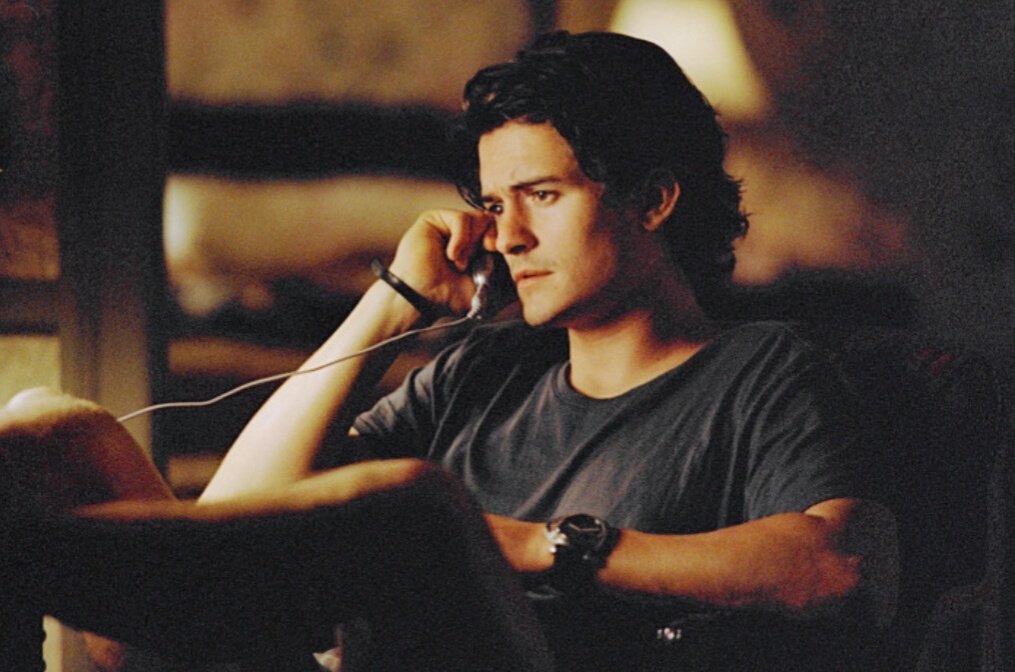
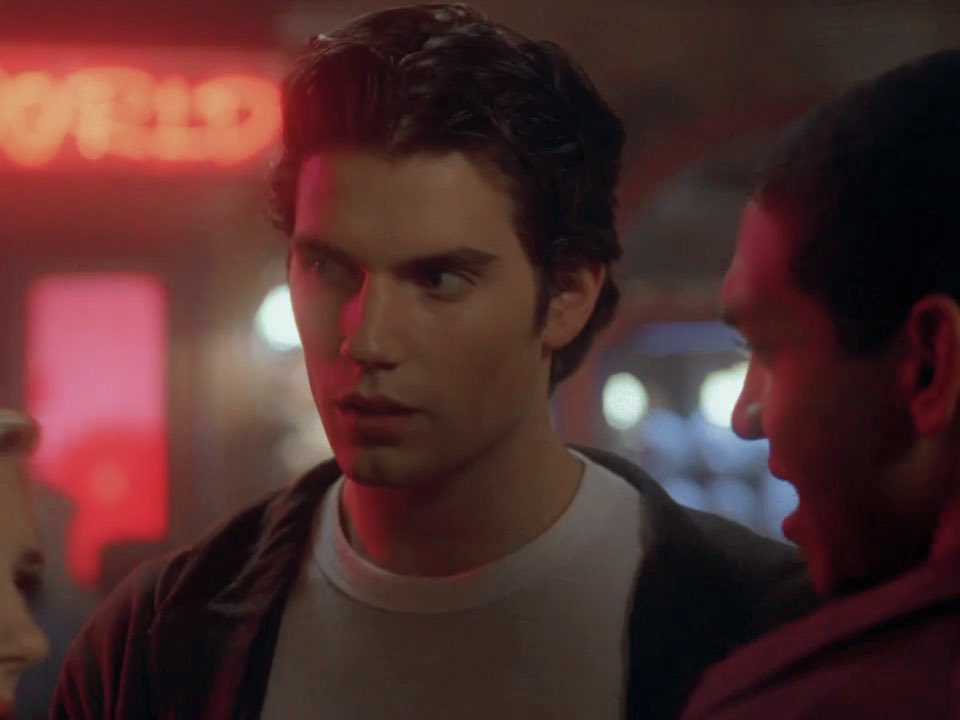
Eventually it was whittled down to a final 5 who screen-tested. This 5 included, apparently, James Purefoy, Julian McMahon and Ewan McGregor. And Julian McMahon said it came down to 2 people - himself and Daniel Craig.
14/58




14/58
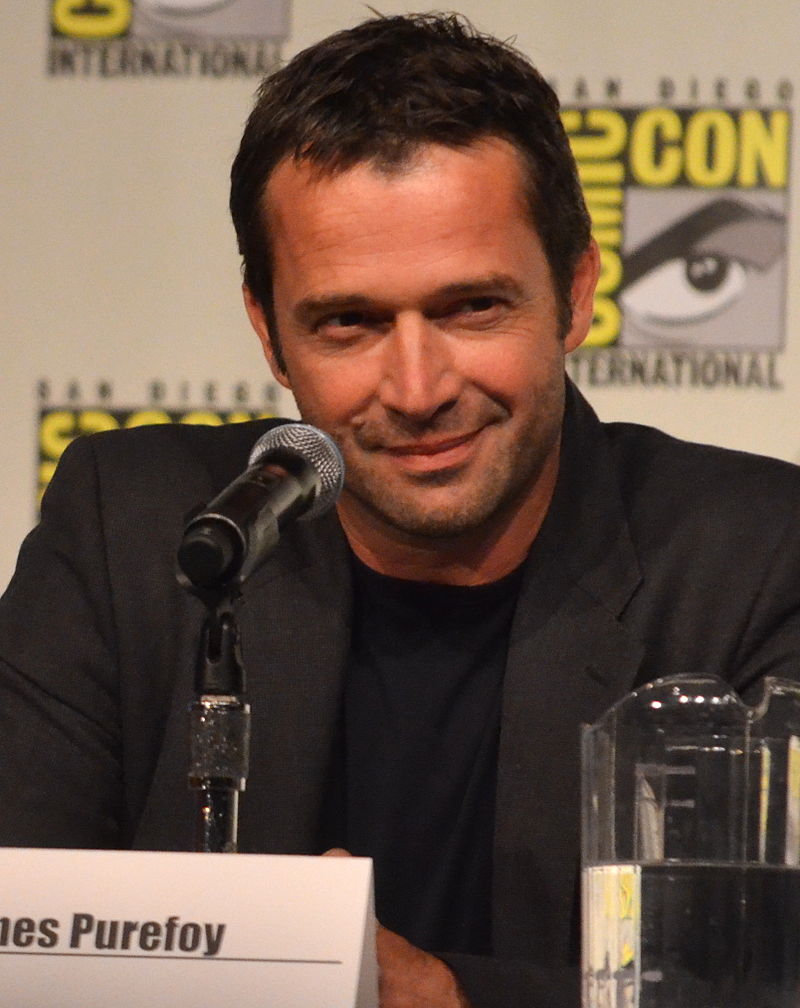
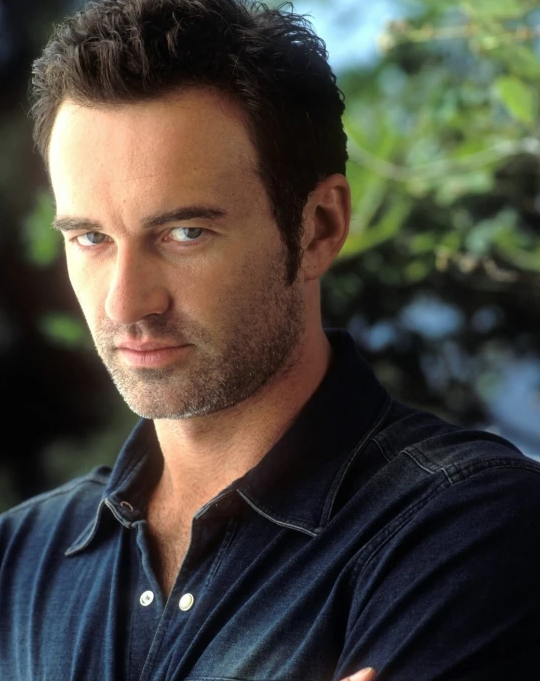
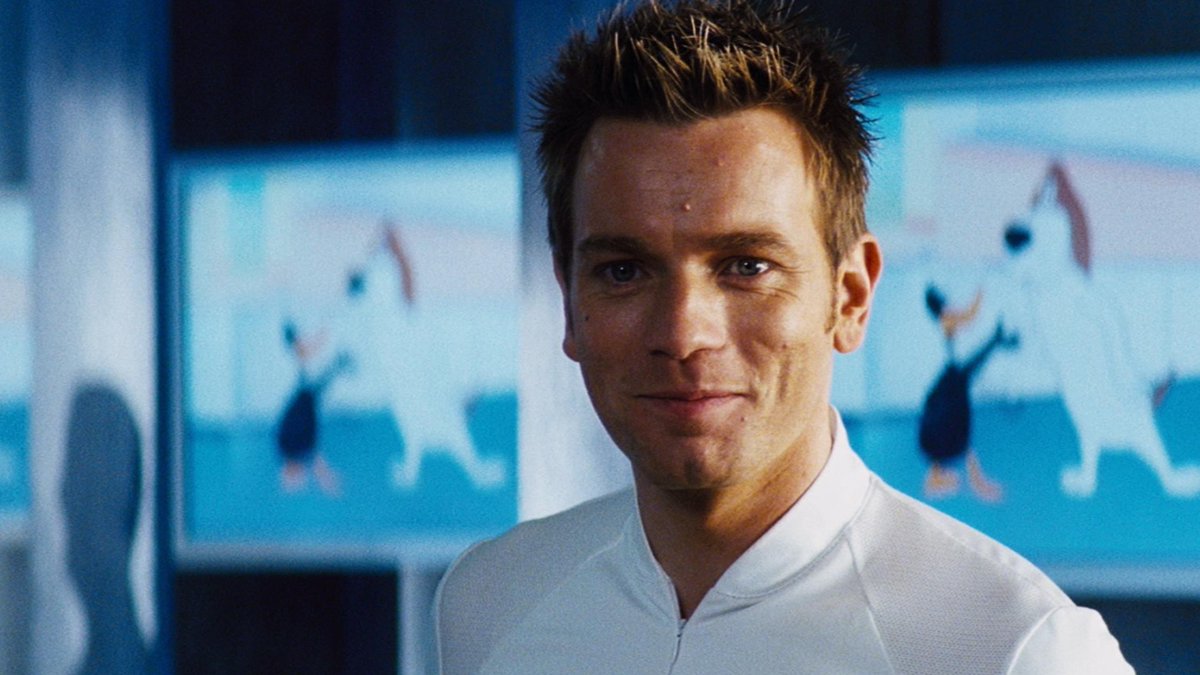
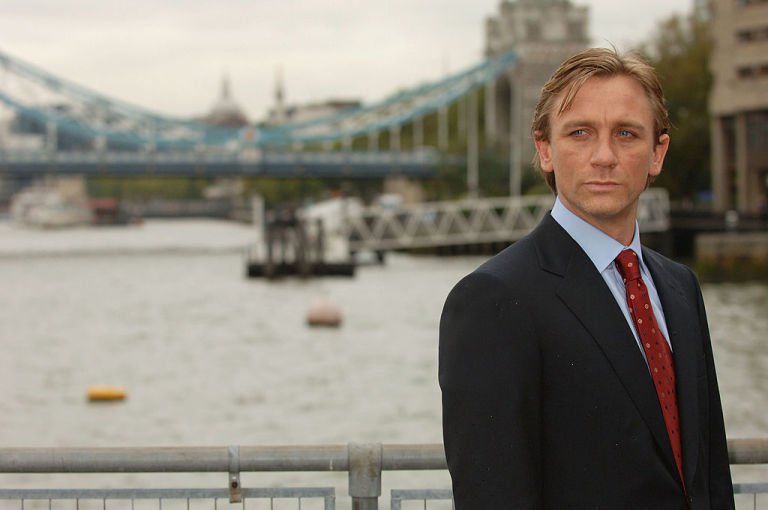
When Craig was approached about Bond, he didn’t want to because he thought the films had become stale. He changed his mind when he read the script. And he found out he’d been cast when he was out grocery shopping. Barbara Broccoli called and said “Over to you, kiddo.”
15/58
15/58
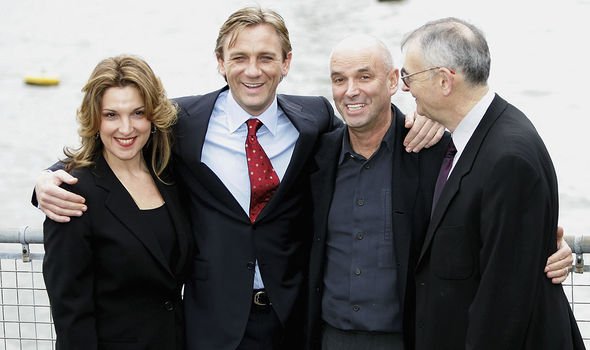
The tabloids went into meltdown. Newspapers said Craig was “too short”, “too ugly”, and “too blonde.” The front page of the Daily Mirror went with the headline “The name’s Bland - James Bland.”
16/58


16/58
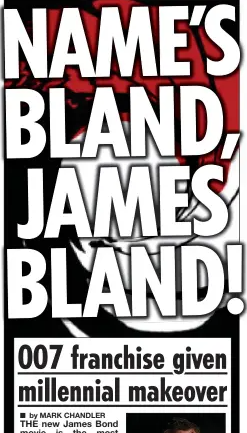
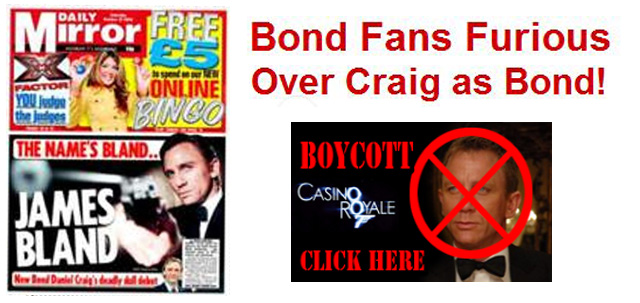
A website (danielcraigisnotbond) was set up with a downloadable complaint letter to sign and send to Eon. It said “I am voicing my dissatisfaction that you have replaced Pierce Brosnan with such an unknown and unattractive actor.” (Full letter below).
17/58


17/58

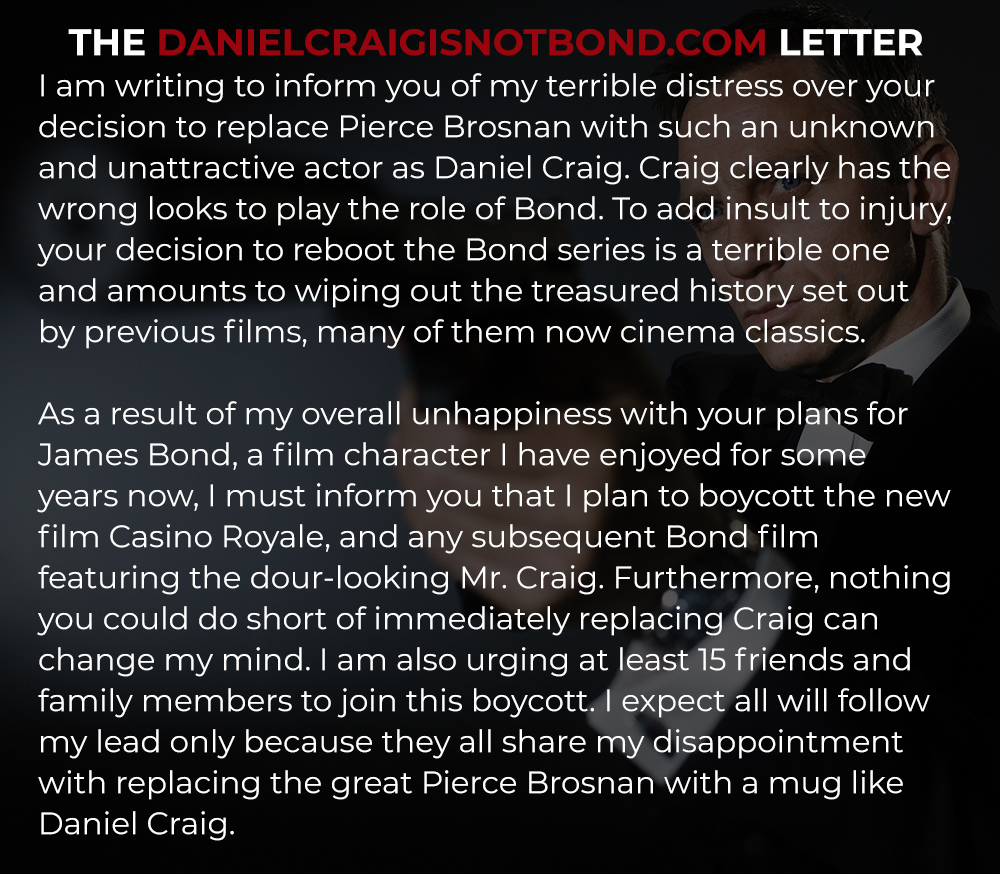
To prepare for the role, Craig read every Ian Fleming Bond novel and talked with Mossad and British Secret Service agents. He also quit smoking, and put on 20lbs in weight. And he was put through a personal training regime by Simon Waterson, a former Royal Marine.
18/58




18/58
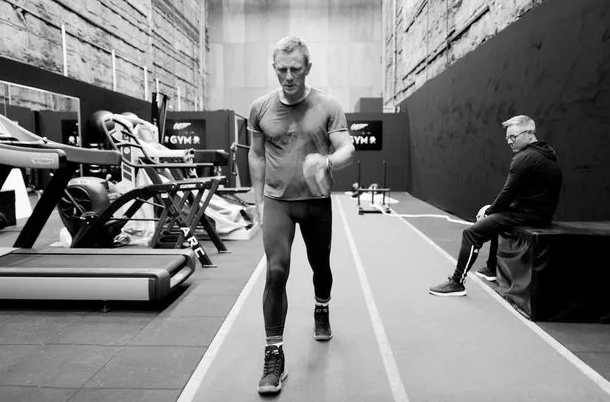
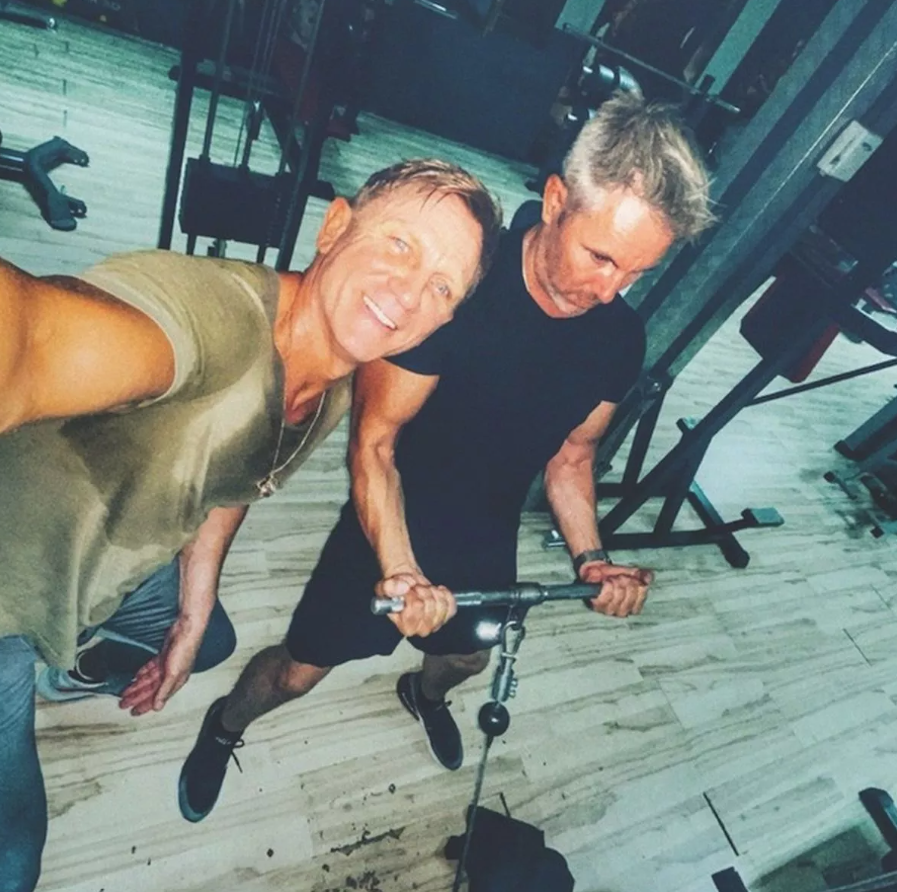
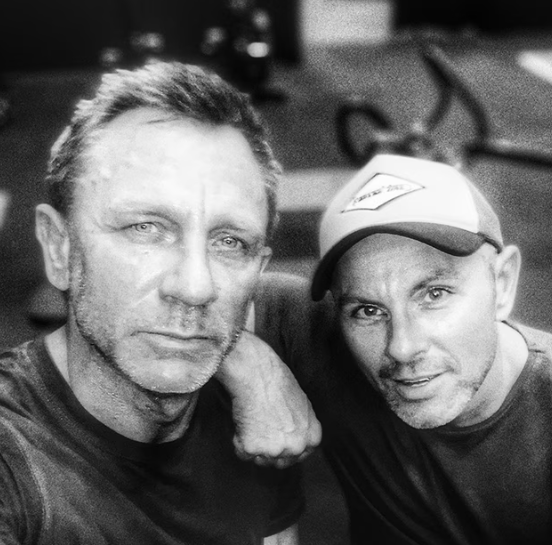
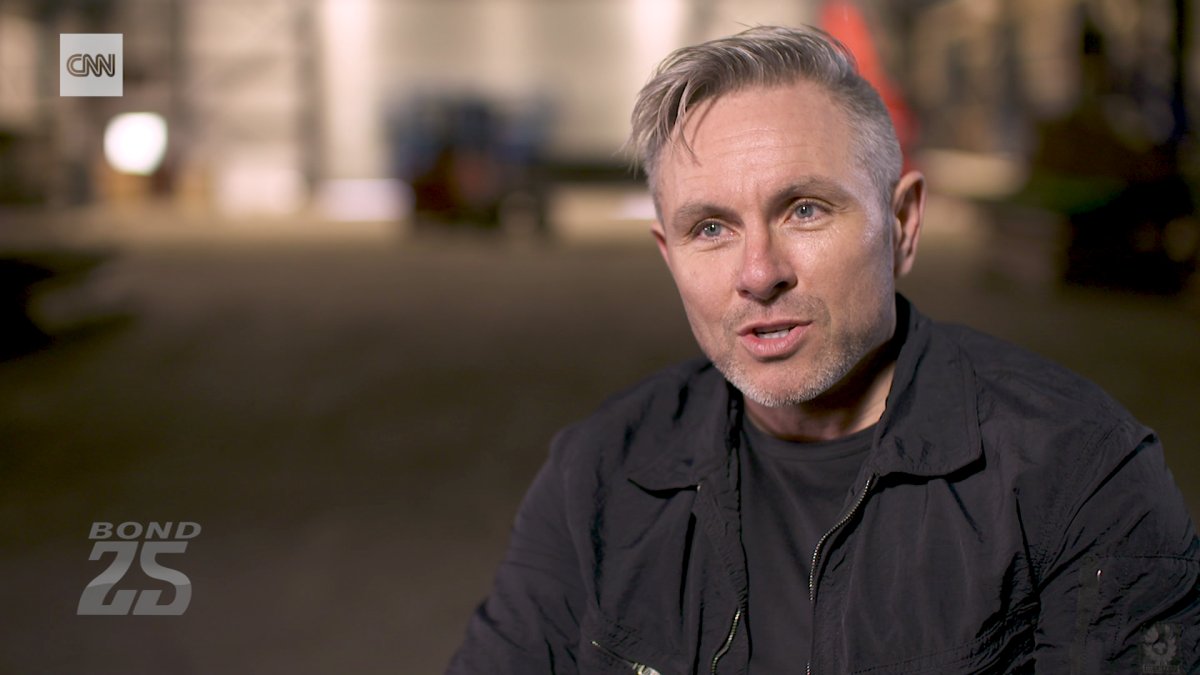
Craig said he was in a state of pain for almost all of the shoot. At one point, two of his front teeth were knocked out and his dentist had to fly from London to Prague to perform urgent surgery. From that point he wore a mouth guard.
19/58


19/58
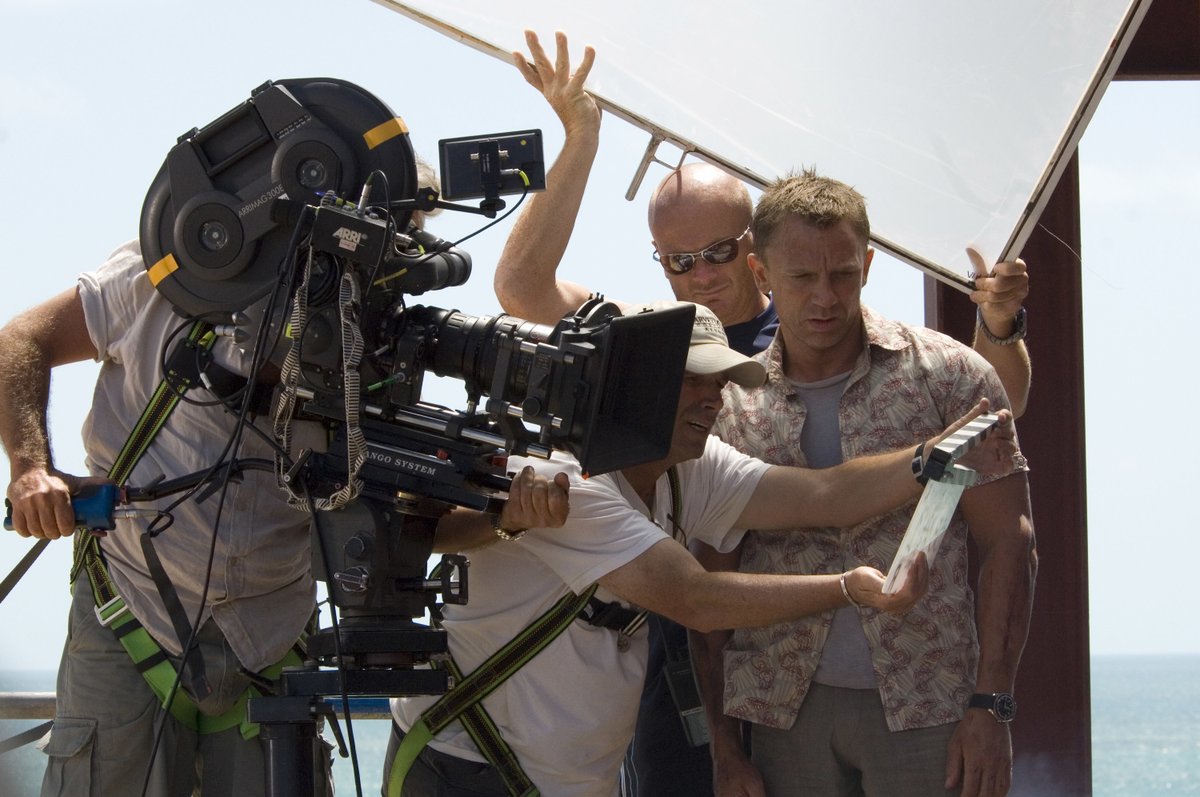
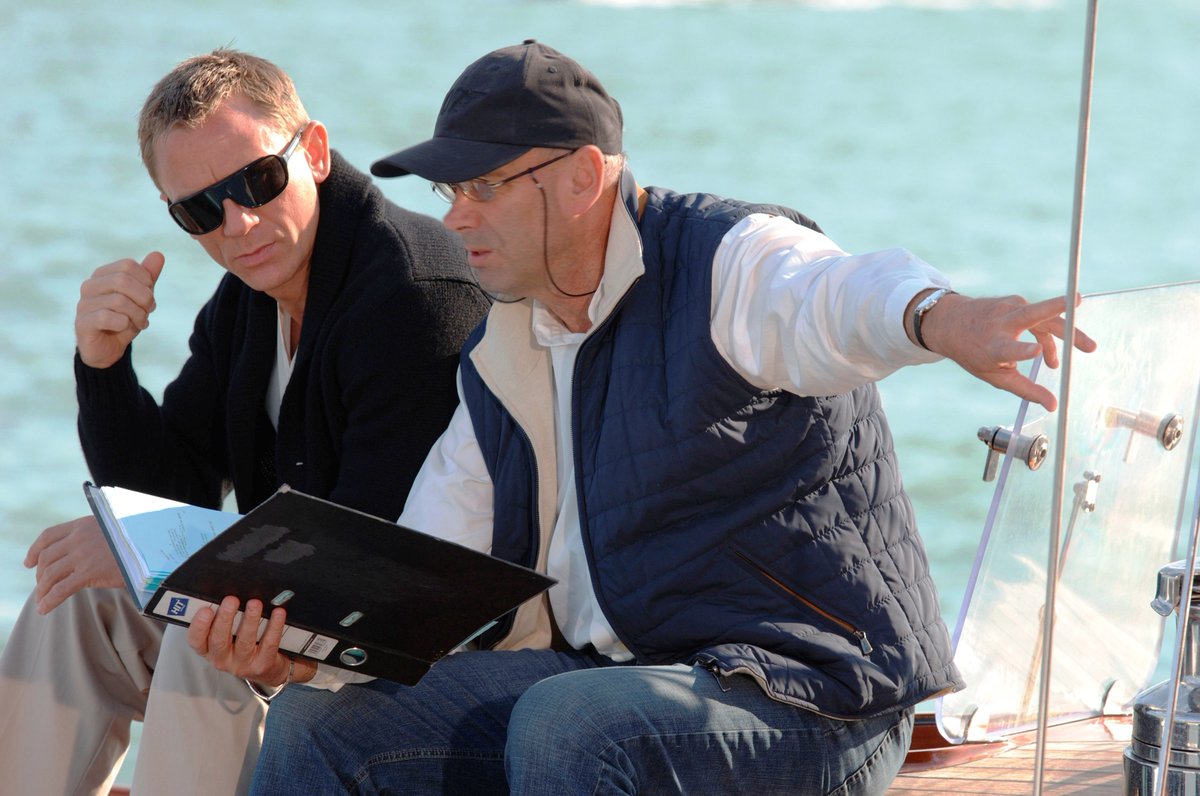
Bond’s tuxedos were made by Italian fashion house Brioni and cost $6000. His shirts were by Turnbull and Asser. His sunglasses were by Persol, his cufflinks by S.T. Dupont, swimming trunks by La Perla, leather jacket by Armani and his watch was Omega.
20/58




20/58
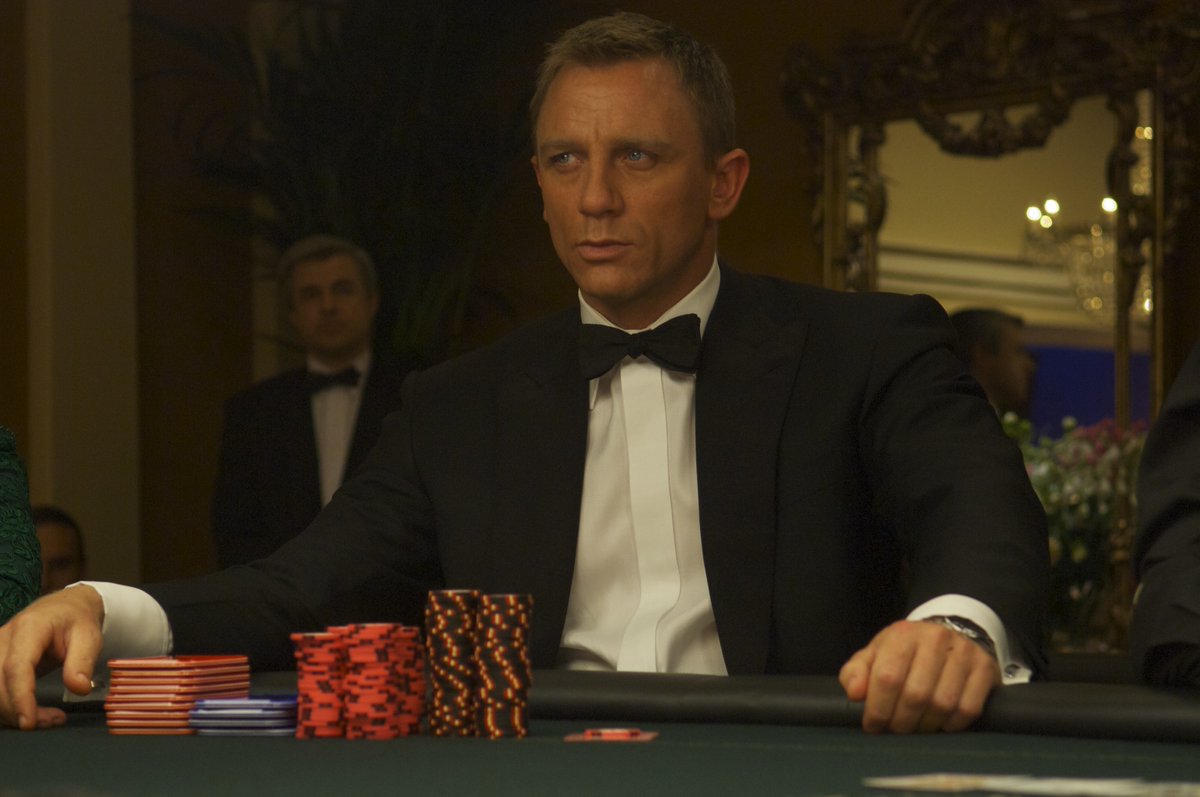
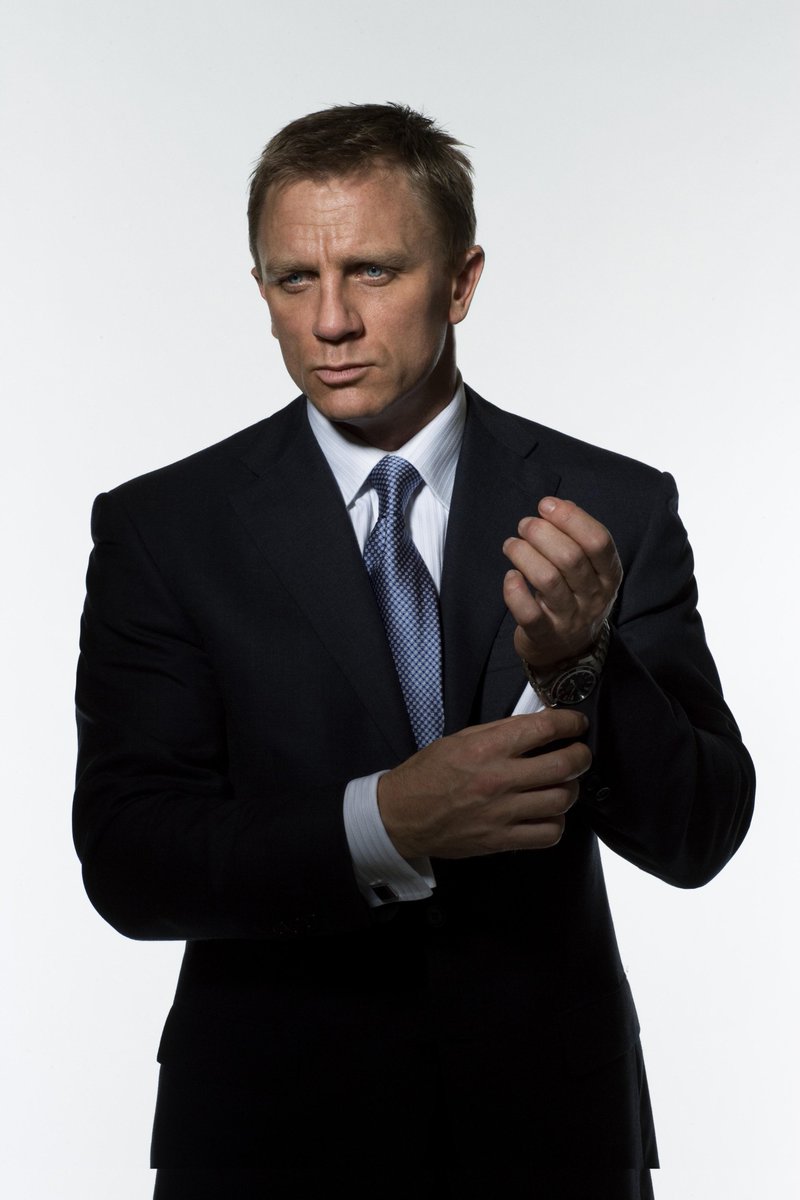
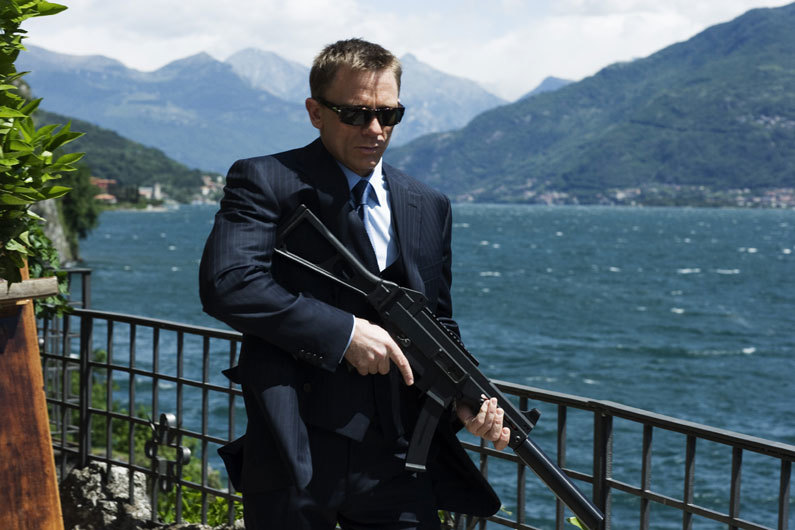
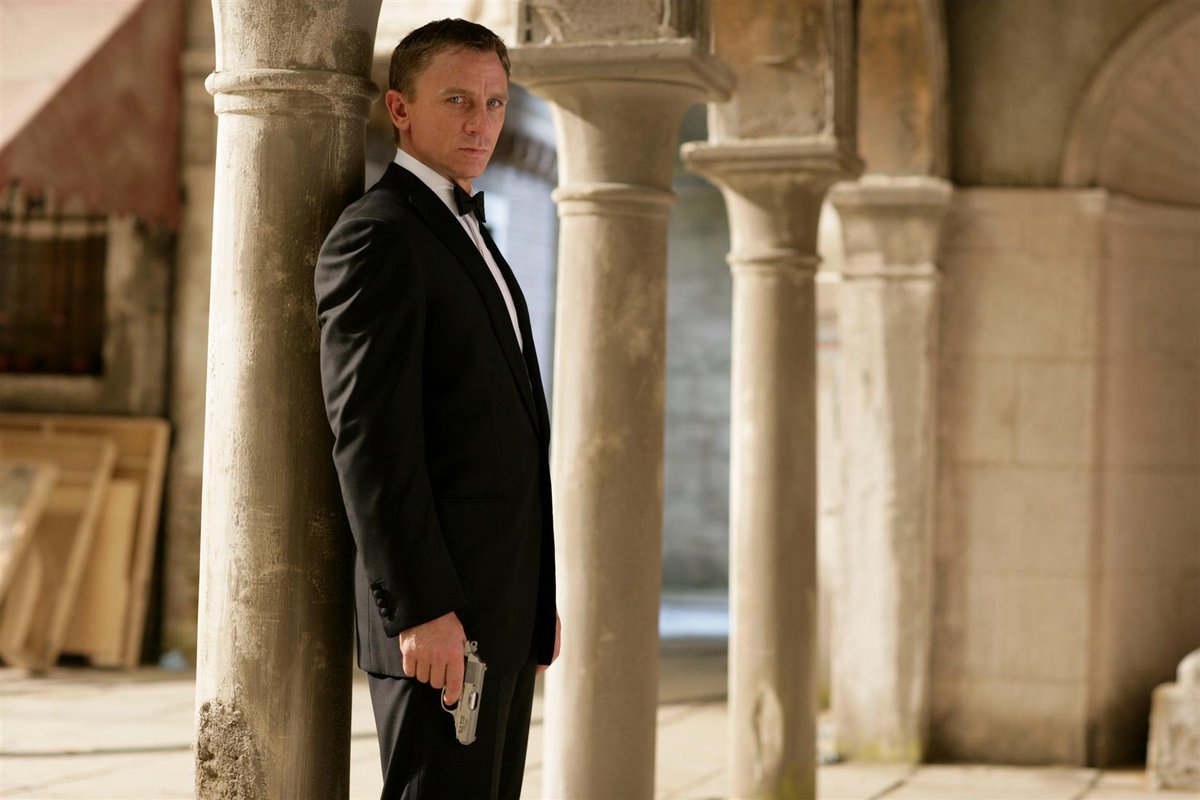
Big names were considered for main Bond Girl Vesper Lynd. There were reports that Angelina Jolie and Keira Knightley auditioned and Casting Director Debbie McWilliams said they very strongly considered Scarlett Johansson and Charlize Theron.
21/58




21/58
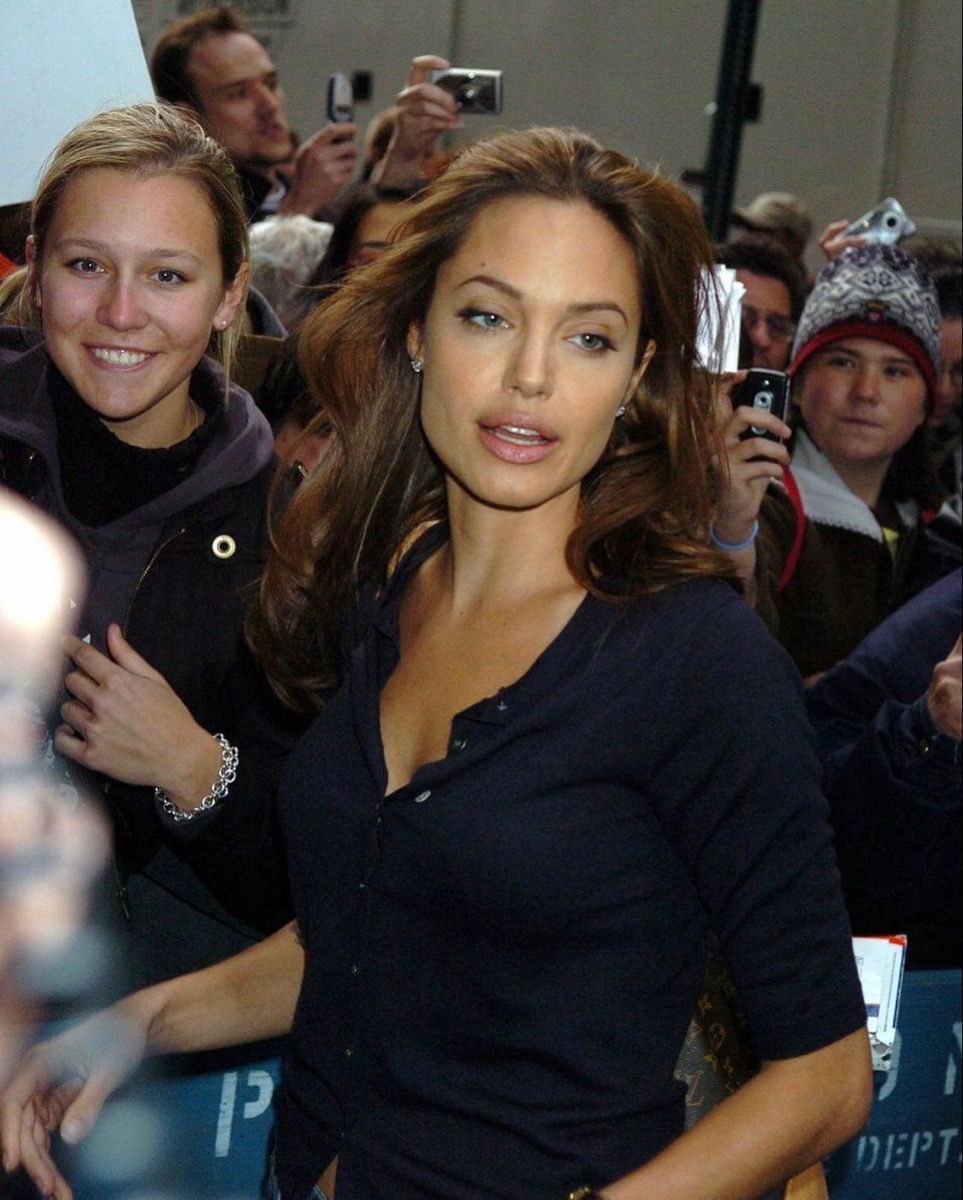
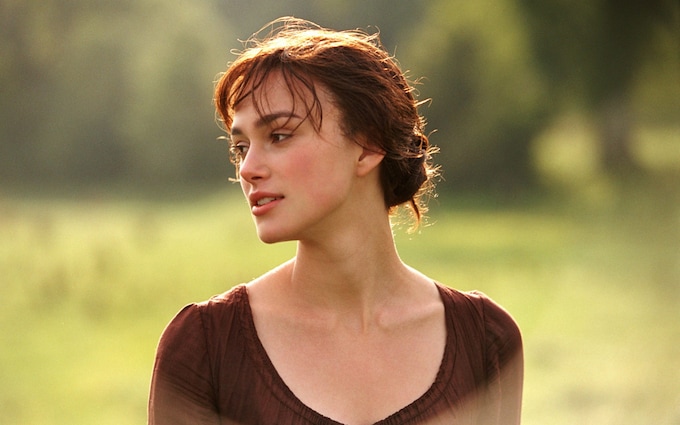
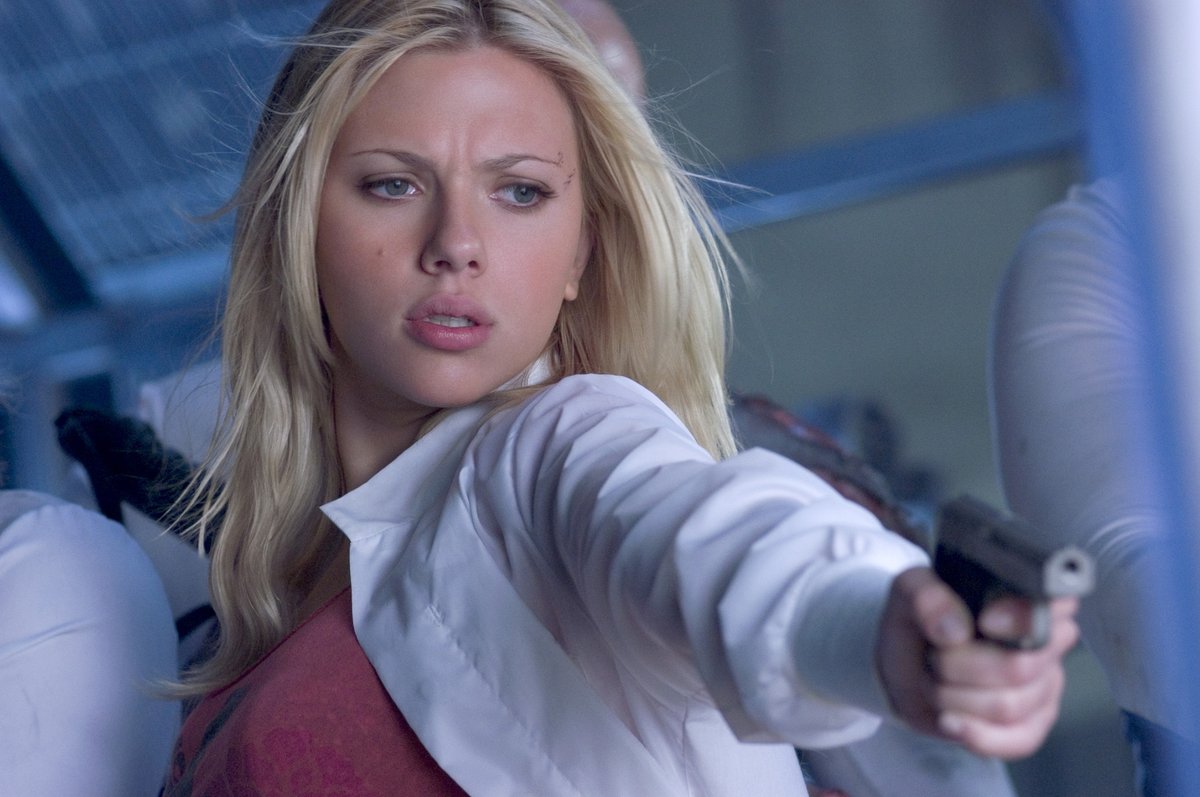
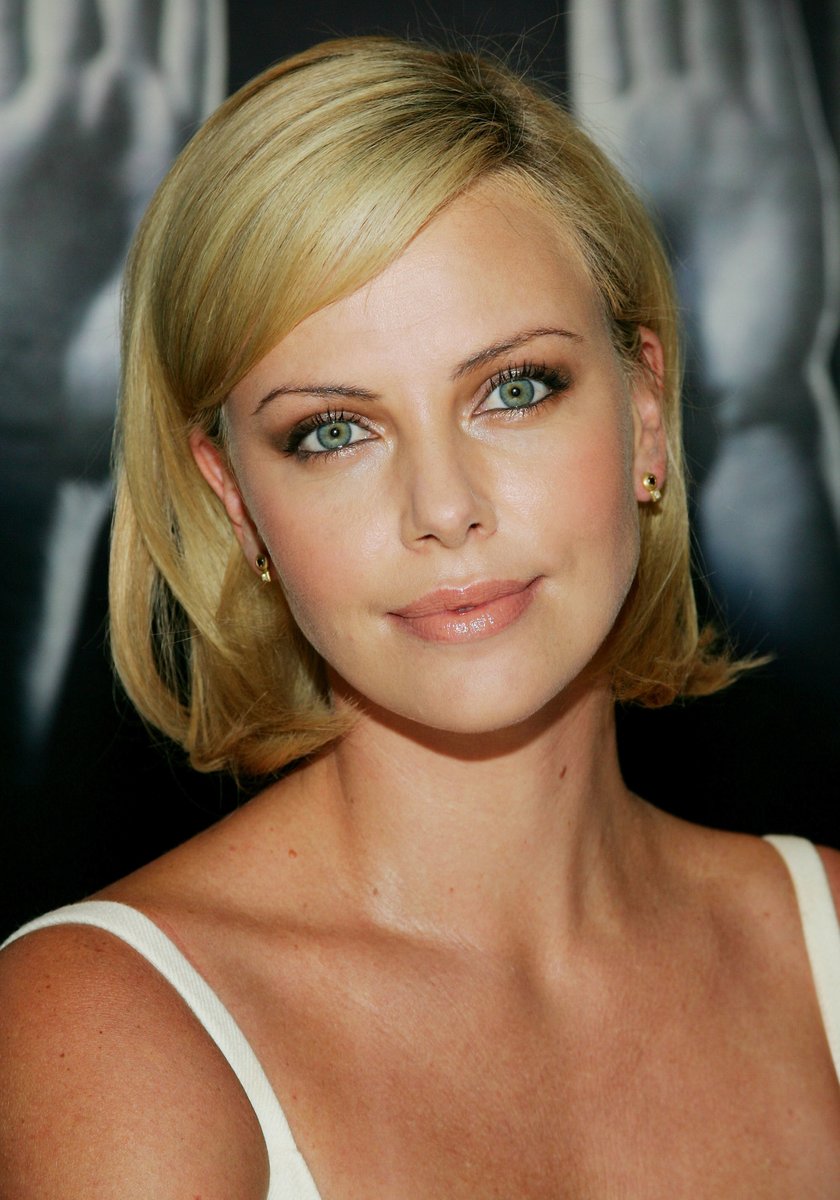
McWilliams was keen on the idea of a French actress playing Vesper. Audrey Tatou was in contention at one point. Cecile de France auditioned, but her English accent “wasn’t up to scratch.” Eva Green came in and everyone loved her straight away. And she was cast.
22/58




22/58
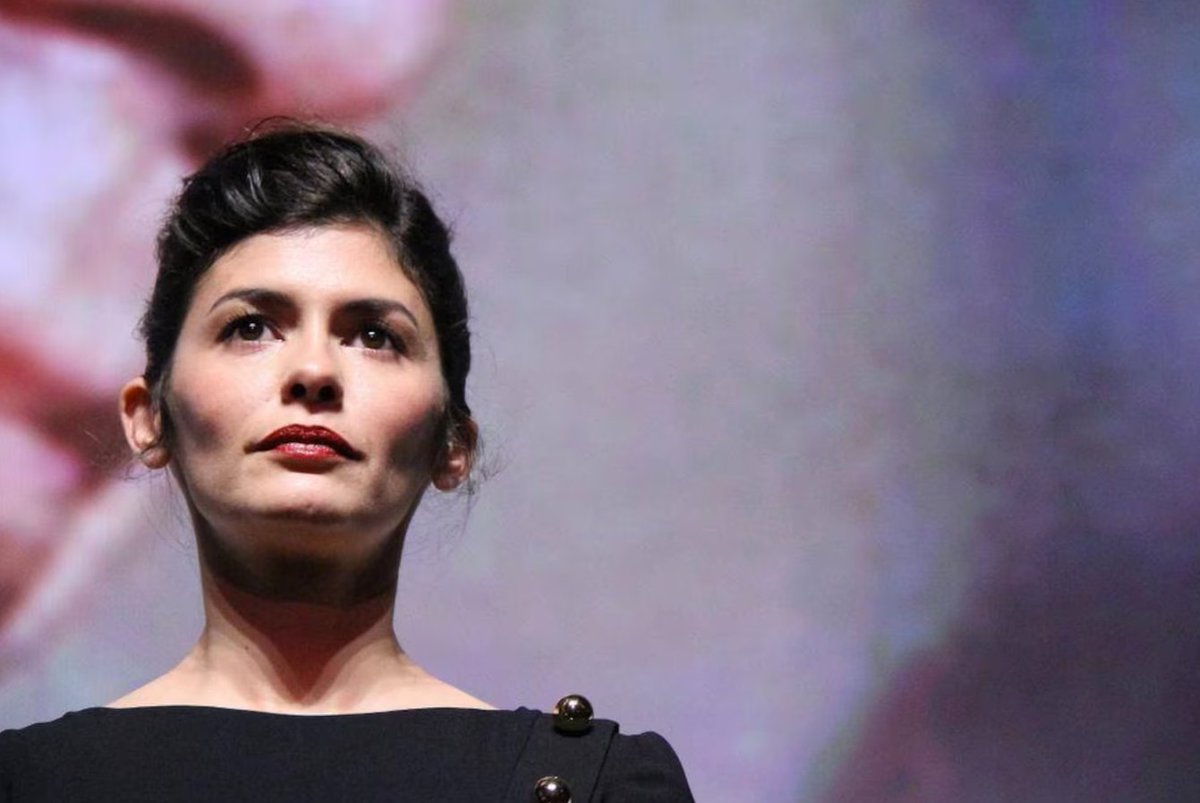
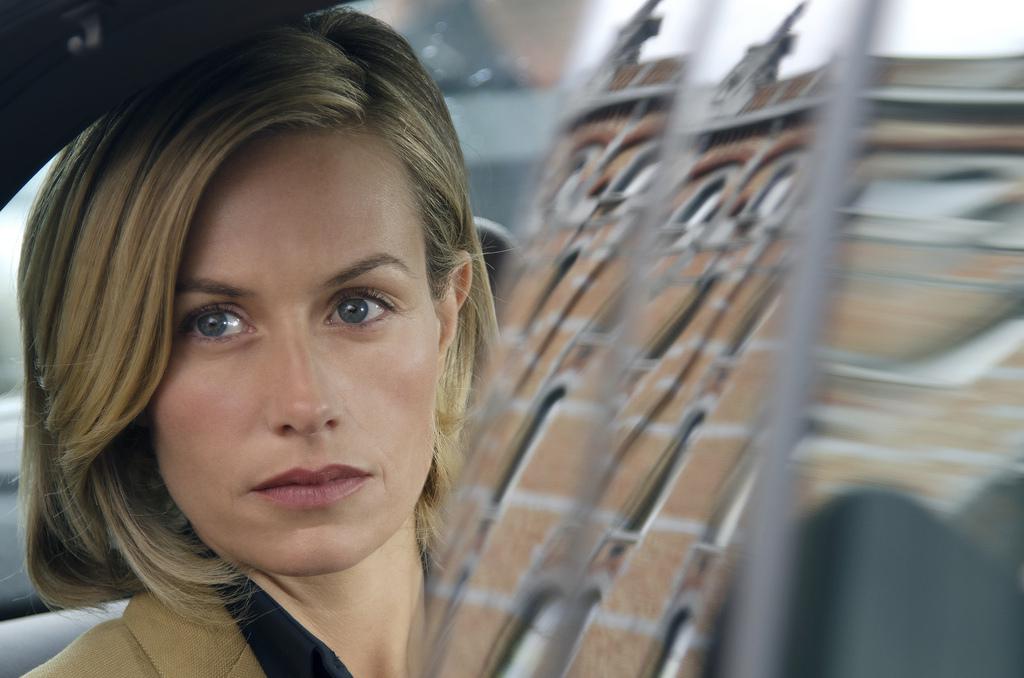
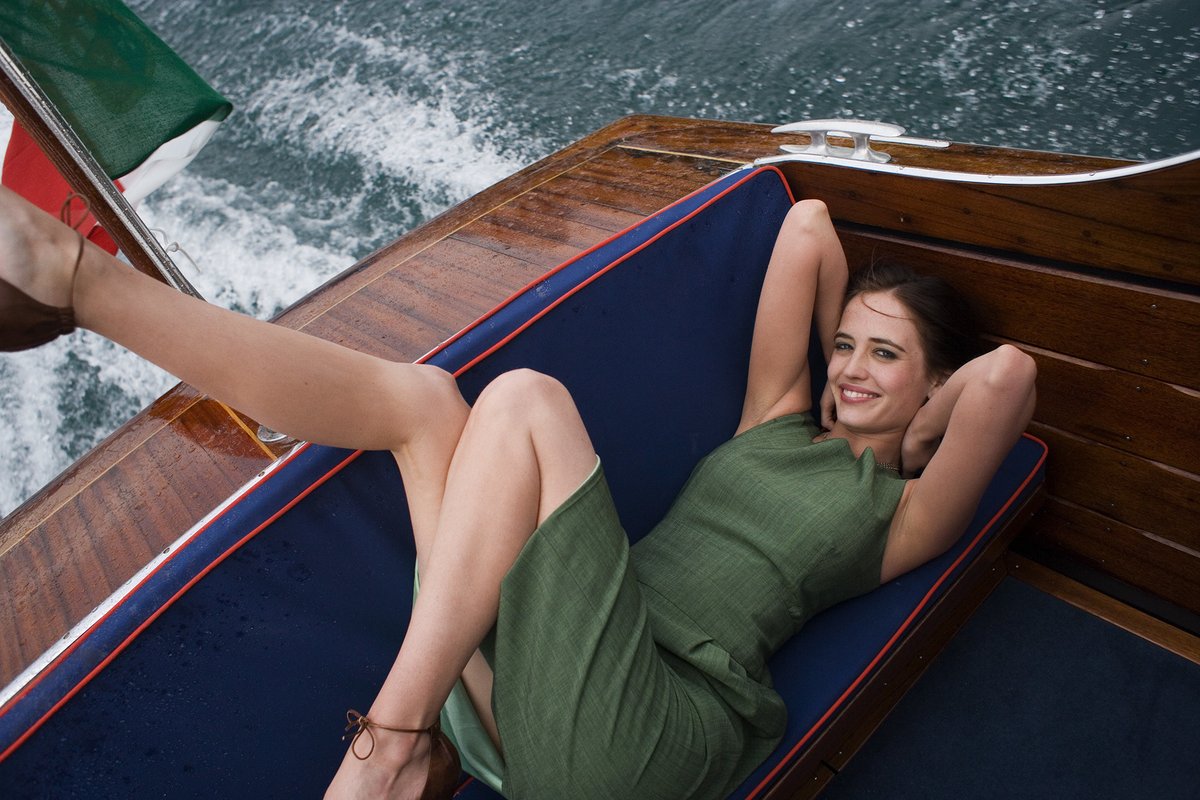
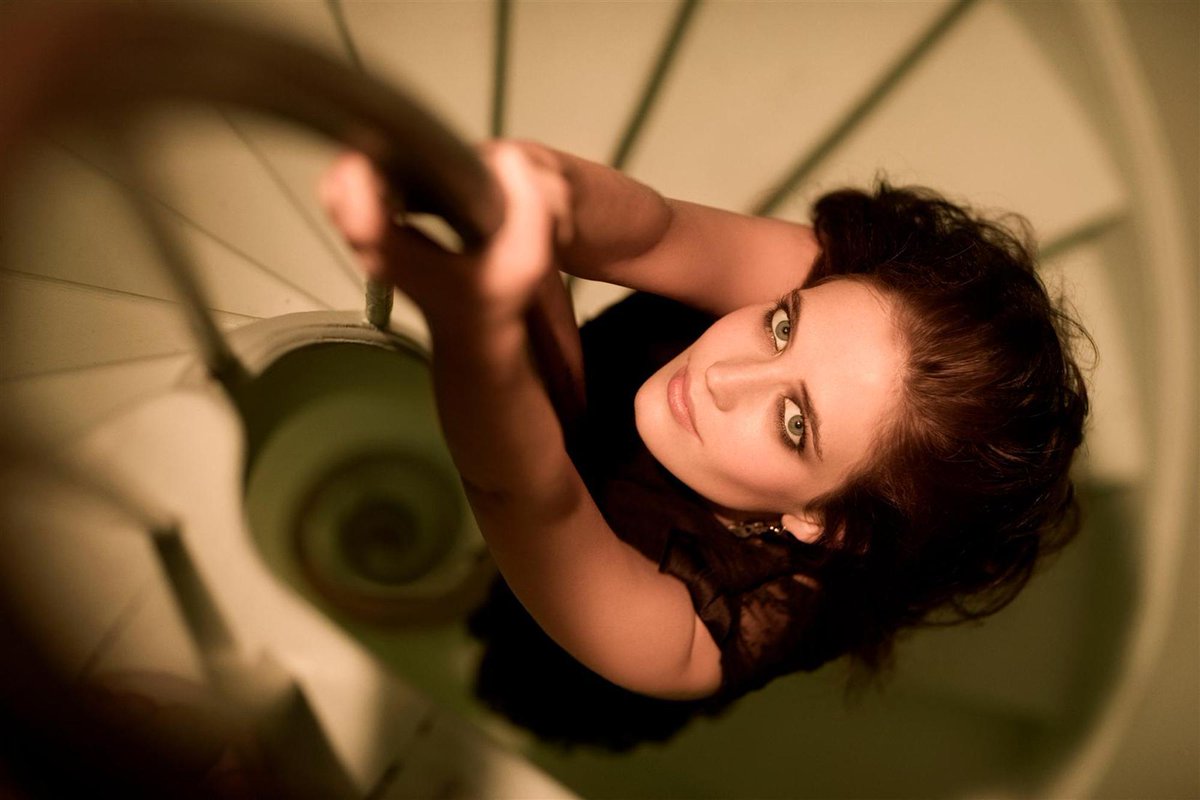
Filming the climactic sequence in Venice, Eva Green had to spend minutes at a time underwater to shoot the scene when she drowns so underwent specialist diving training with a team of deep sea divers. She said “It was quite relaxing to drown - it was very, very nice.”
23/58



23/58
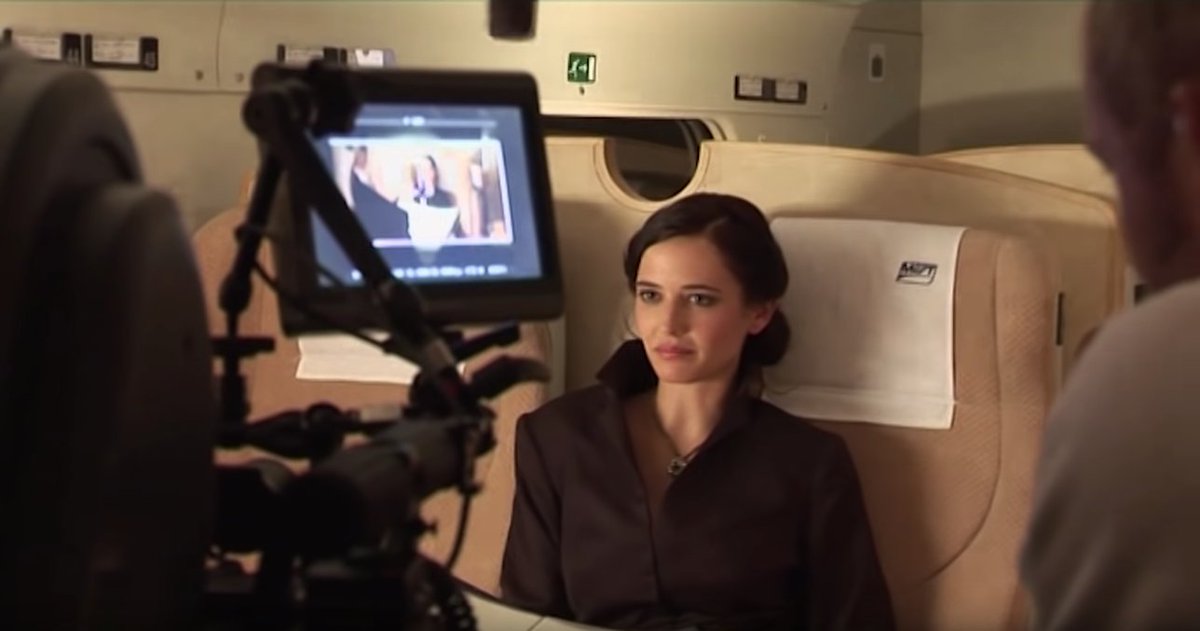
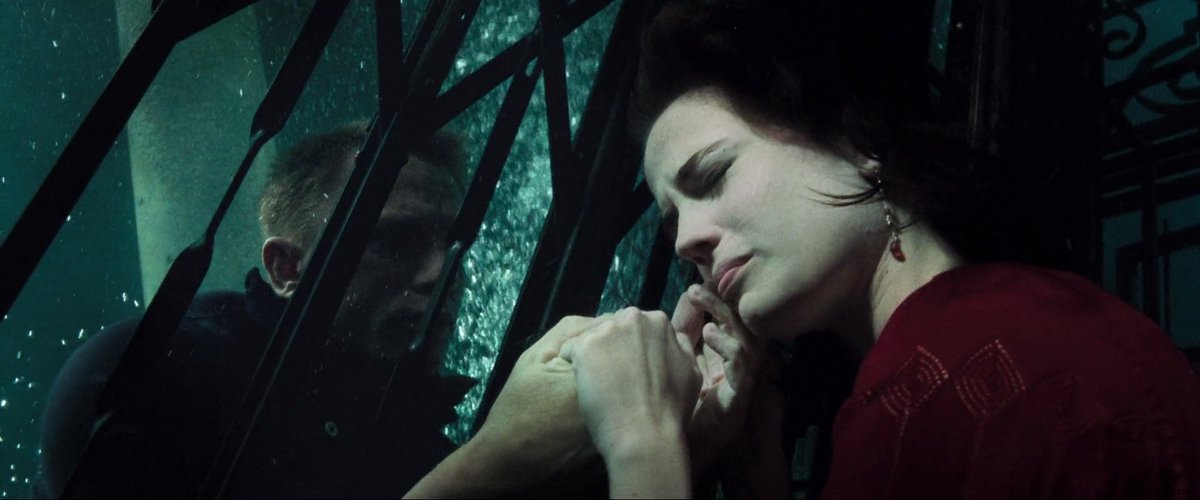
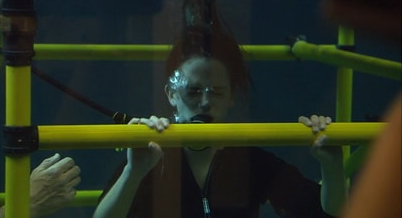
The first person offered the role of Le Chiffre was Ulrich Matthes, who had played Joseph Goebbels in Downfall. He turned the part down because was committed to a theatre production of Who’s Afraid of Virginia Woolf. Campbell turned to Mads Mikkelsen instead.
24/58


24/58
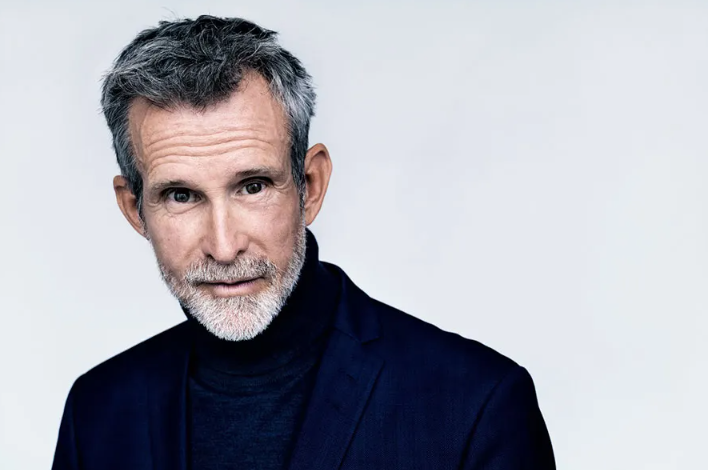
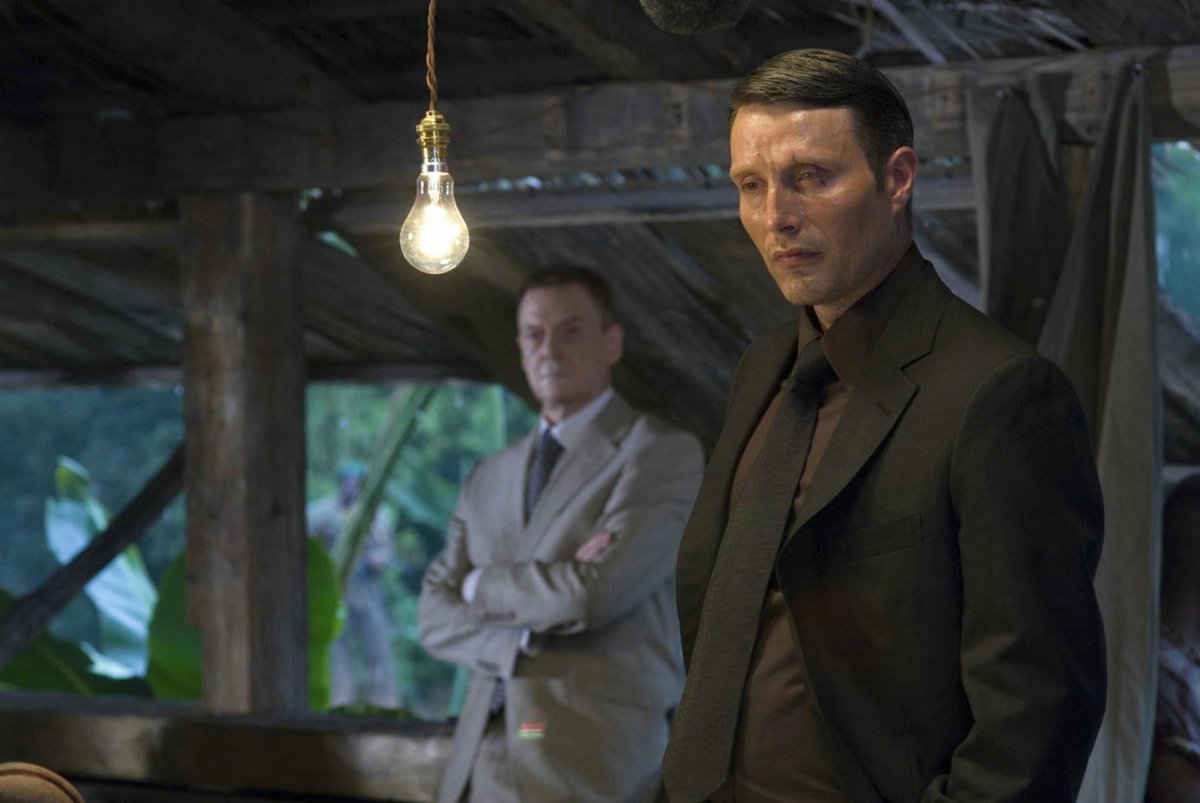
In the book Le Chiffre described as being short at 5’8” and over 300 pounds in weight. He has small ears, small hands, and is very hairy. Ian Fleming apparently based Le Chiffre on Aleister Crowley, the famous early 1900s occultist after they met in WWII.
25/58


25/58
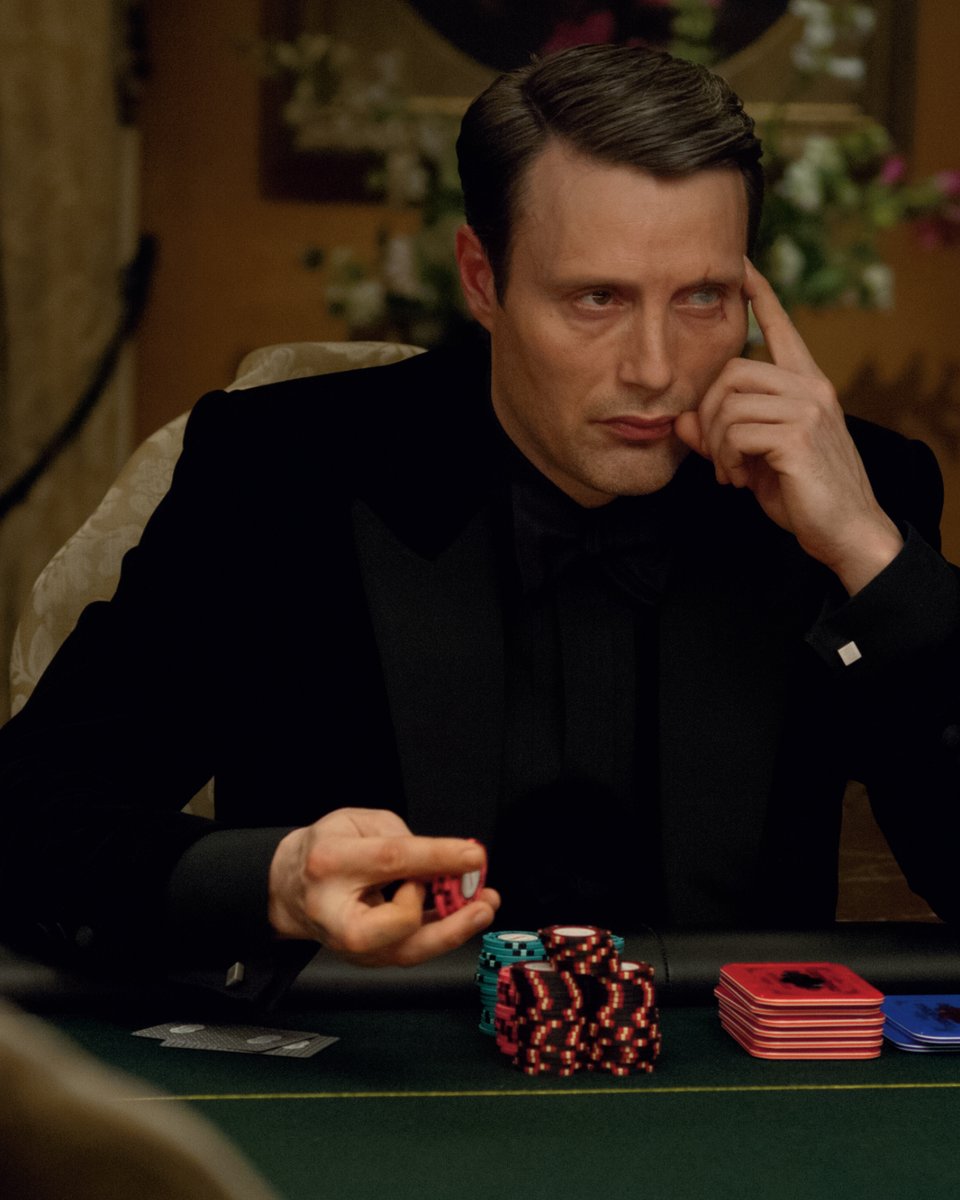
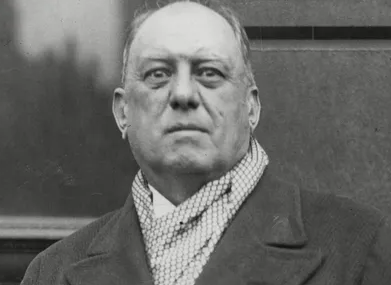
The characteristic of Le Chiffre having an eye that weeps blood was added for the film and is based on a real condition called haemolacria. Mikkelsen said “high blood pressure occasionally makes people bleed through their eyes, which is kind of scary.”
26/58


26/58
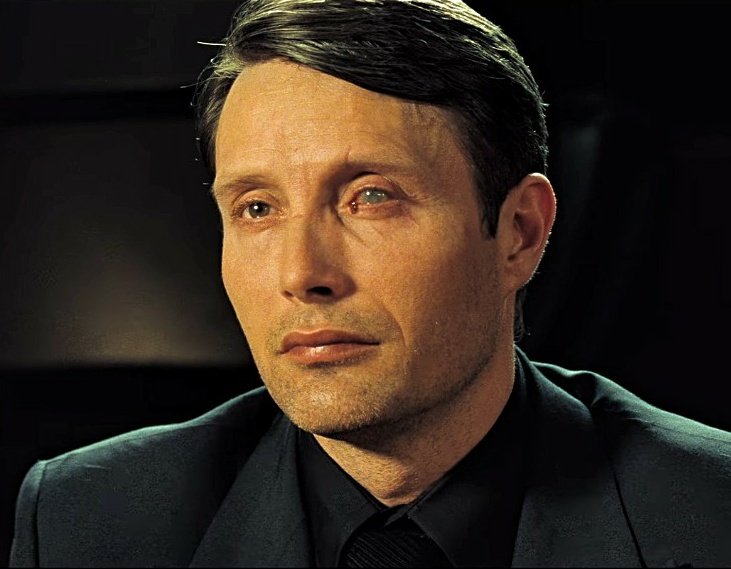
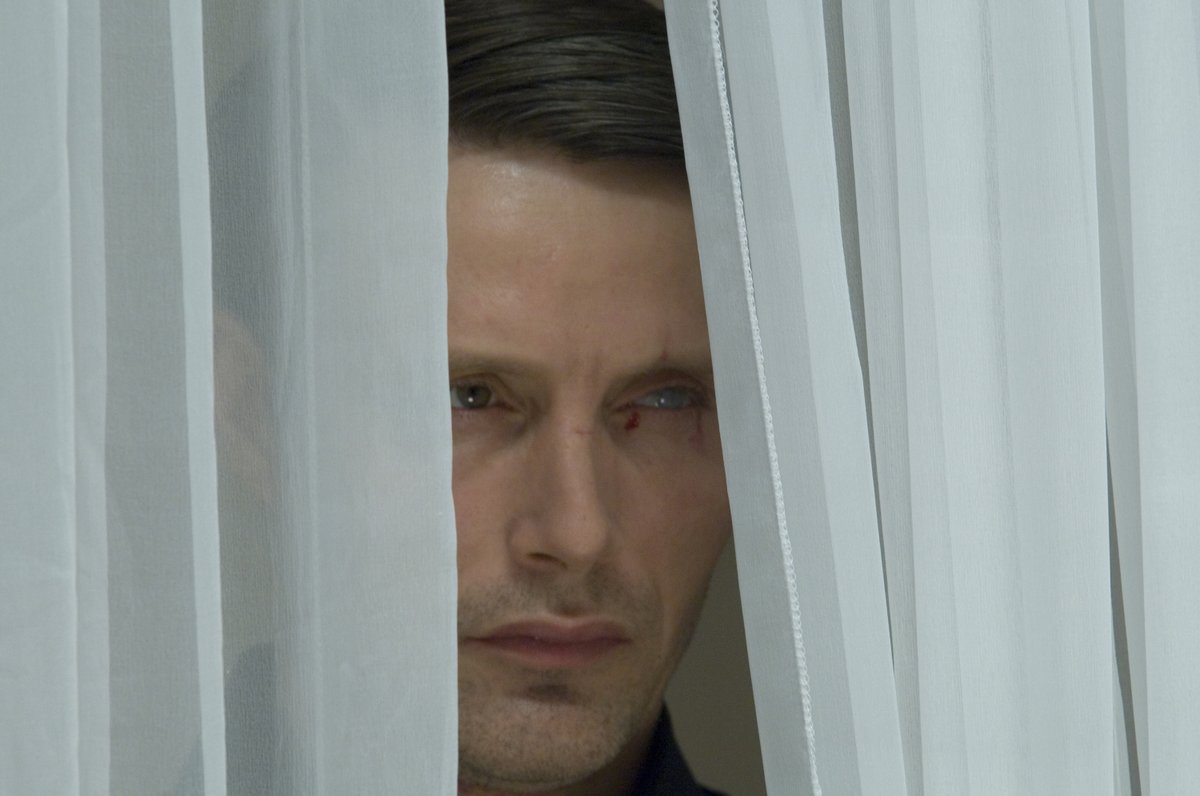
Paul Haggis was brought in to do rewrites and said John Le Carre was his biggest influence. Le Carre had written spy novel Tinker, Tailor, Soldier, Spy and been in MI6 for real. He had written his novels in response to Ian Fleming’s to show how secret service life really is.
27/58

27/58
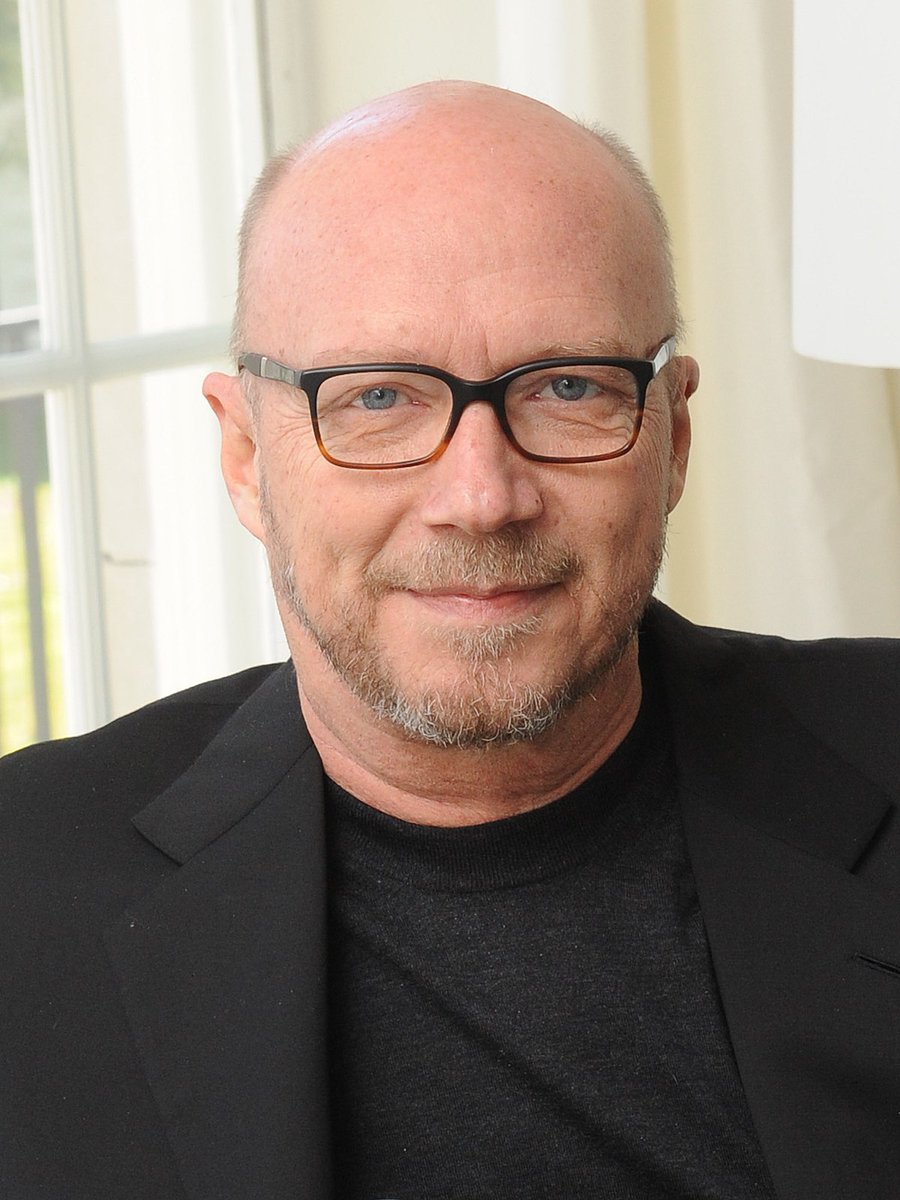
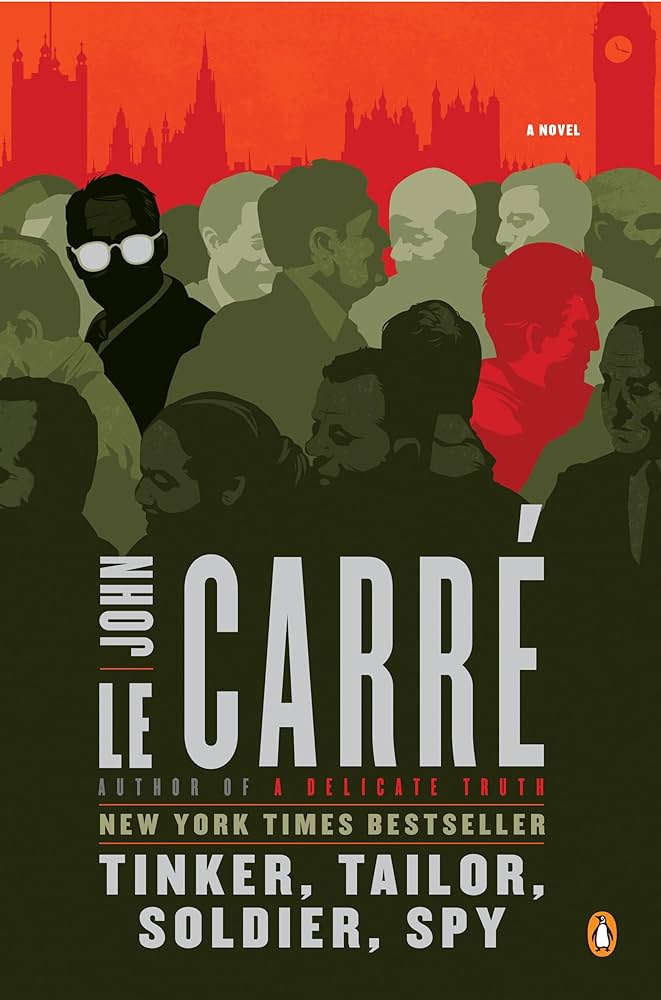
When Eon briefed Purvis and Wade they said there were two elements from the novel that must be in the film. One was Le Chiffre torturing Bond. And the other was the final line of the novel. The book ends with Bond saying “The job’s done. The bitch is dead.”
28/58


28/58
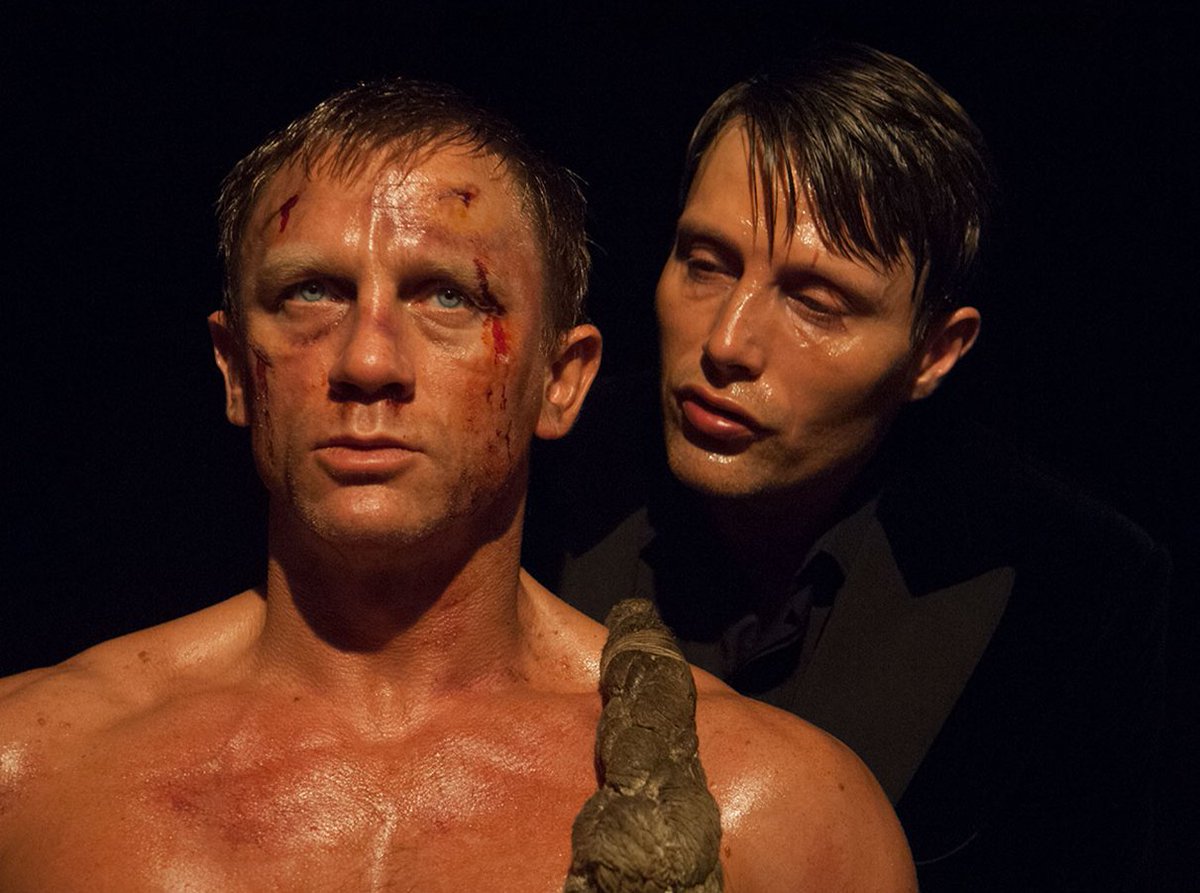
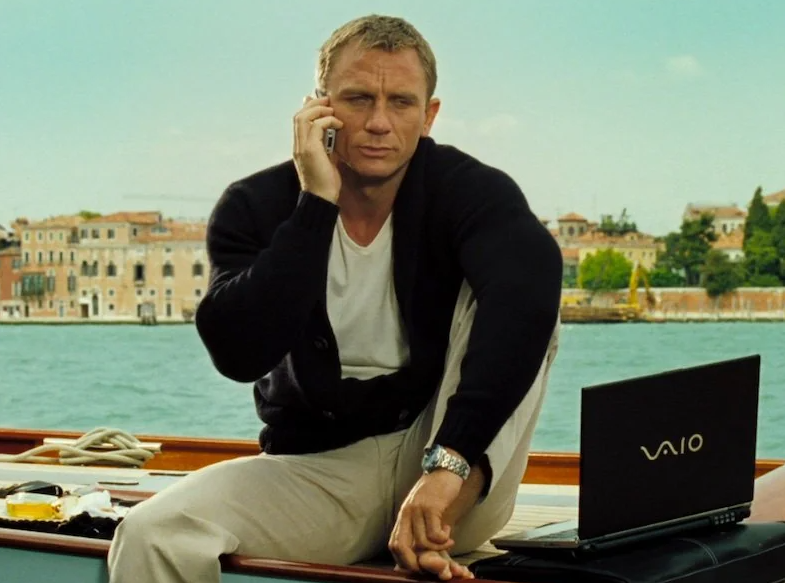
The death of Vesper was different in the novel. Overcome with guilt for betraying Bond, she committed suicide by overdosing and left him a note pledging her love for him. That was changed to her drowning in the film.
29/58




29/58
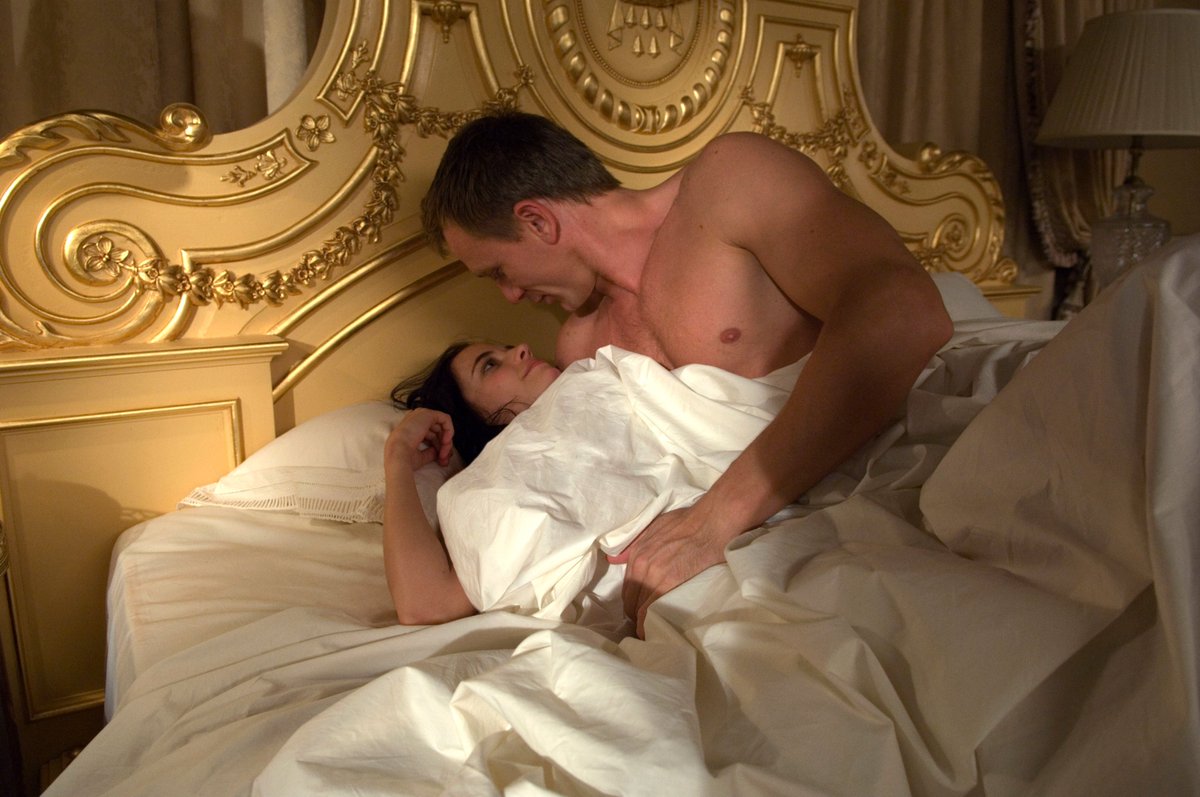
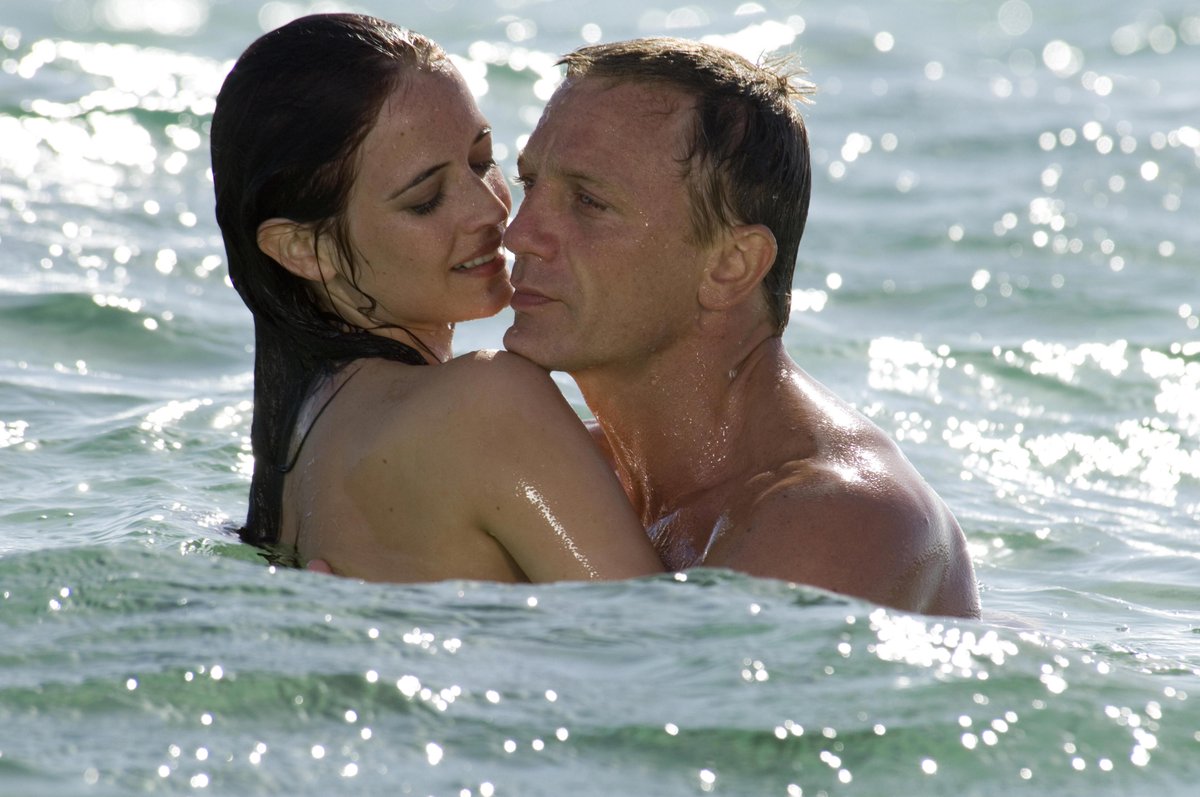
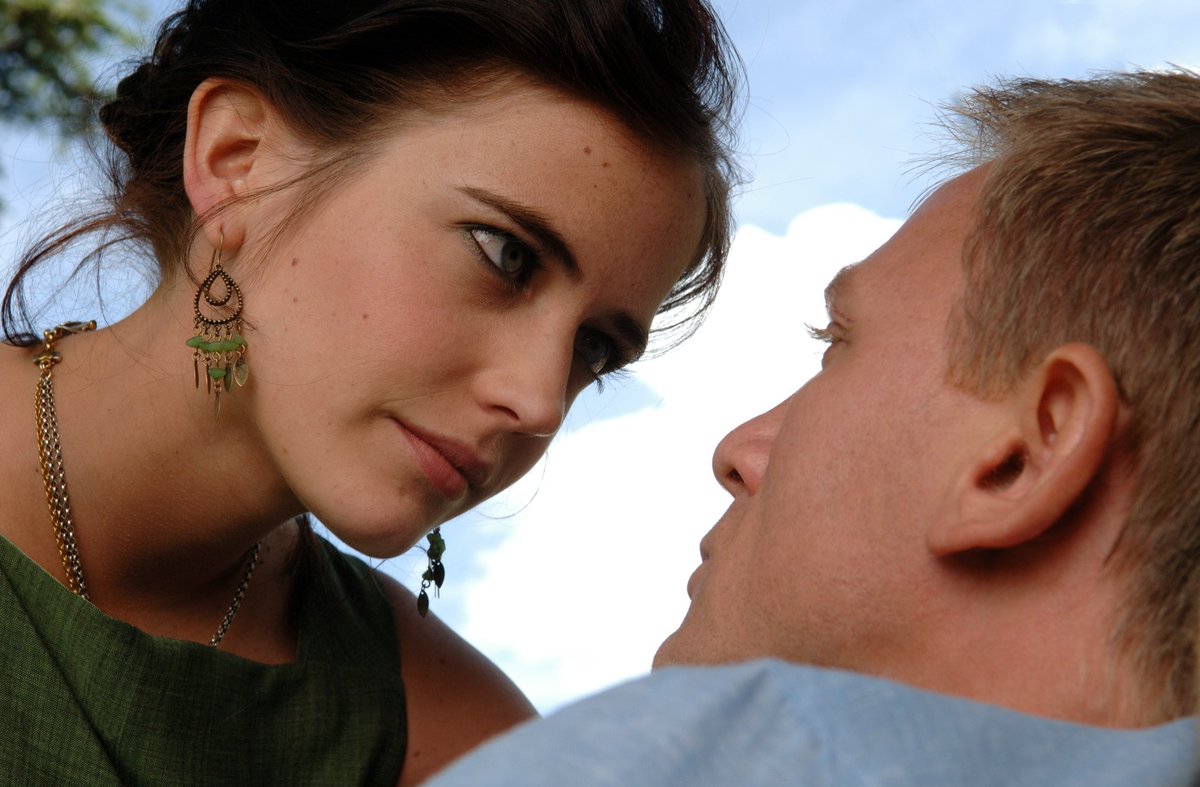
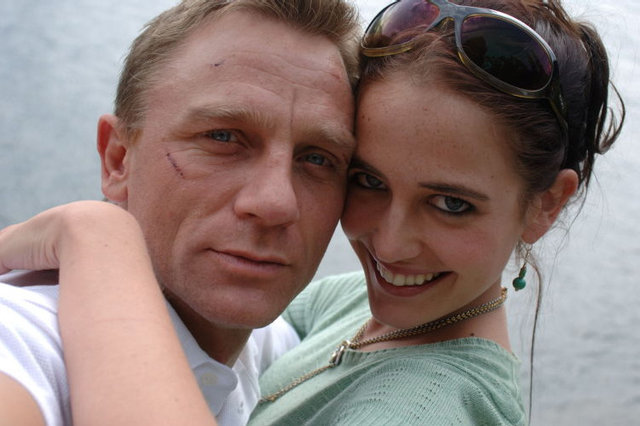
Chris Cornell – lead singer of Audioslave and Soundgarden – was brought in to write the theme song, You Know My Name. Cornell said the song doesn’t mention the words Casino Royale as “it doesn’t make a good rock title, but I would write a song called Octopussy for fun.”
30/58


30/58
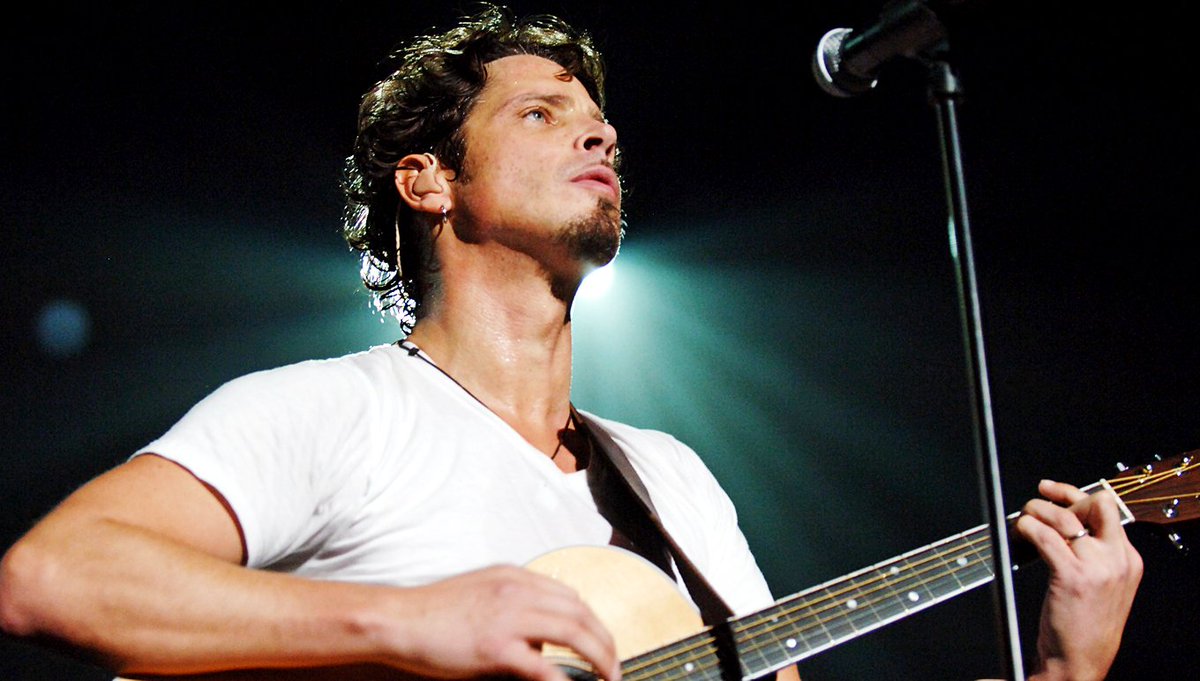
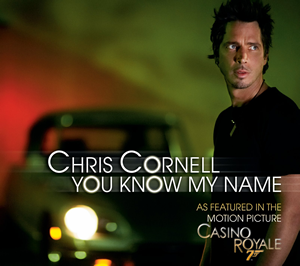
The opening credits were created by Daniel Kleinman. He was inspired by the cover of the first edition of the book. It was the first Bond credits sequence to not include silhouettes of naked women as Kleinman thought that went against the narrative where Bond falls in love.
31/58



31/58
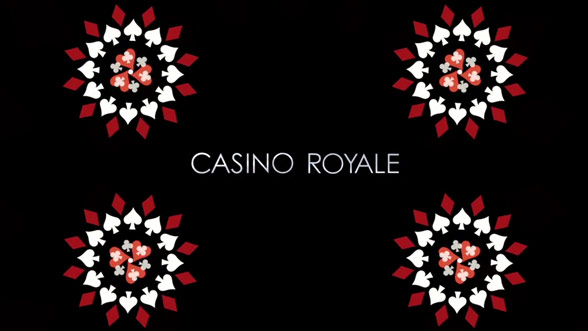
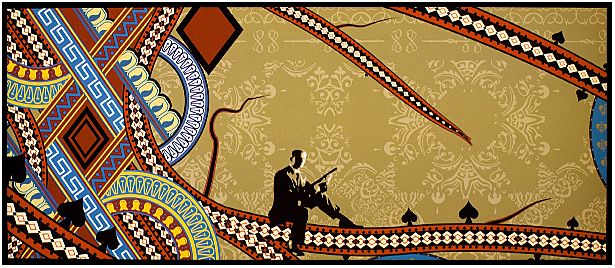

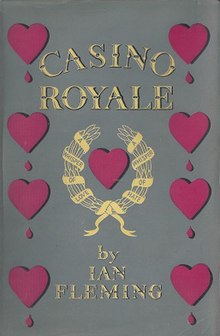
Sebastien Foucan plays Mollaka in the opening sequence and was the founder of freerunning, and one of the best in the world. He’d featured in a 2003 documentary about free running called Jump London. Neal Purves and Robert Wade it, giving them the idea for the sequence.
32/58


32/58
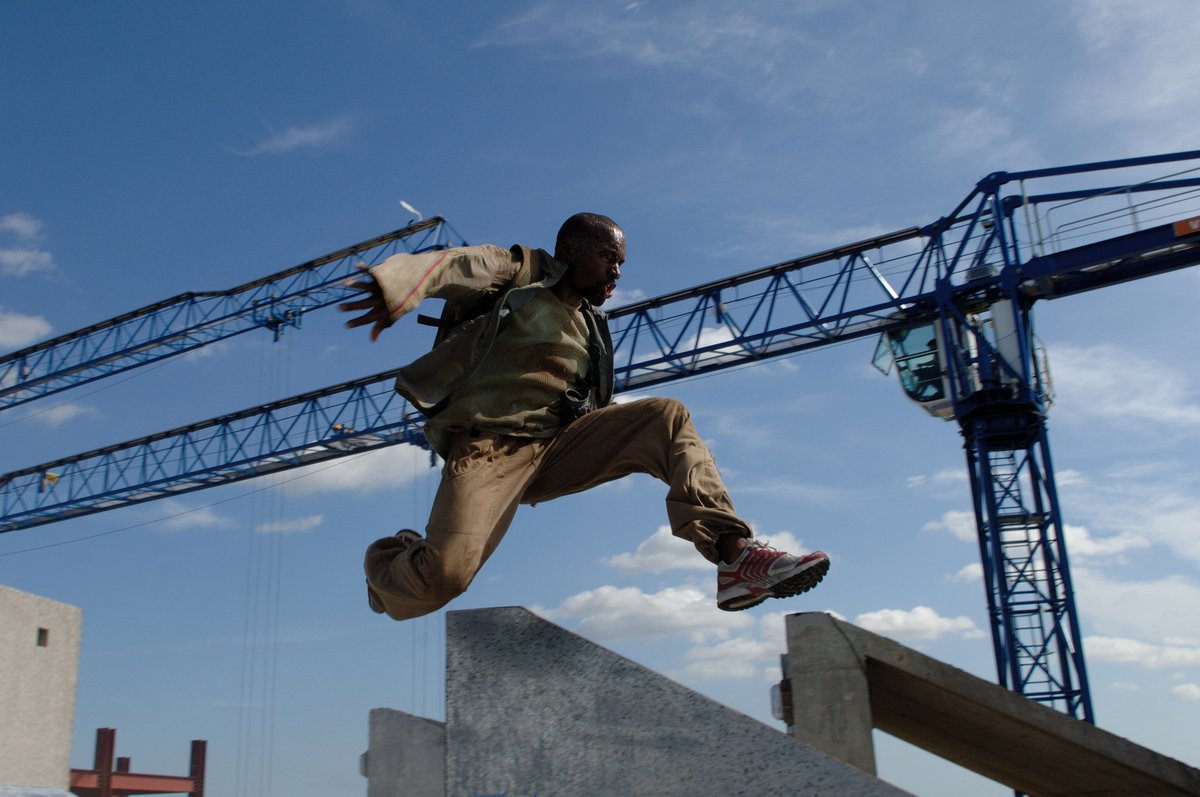
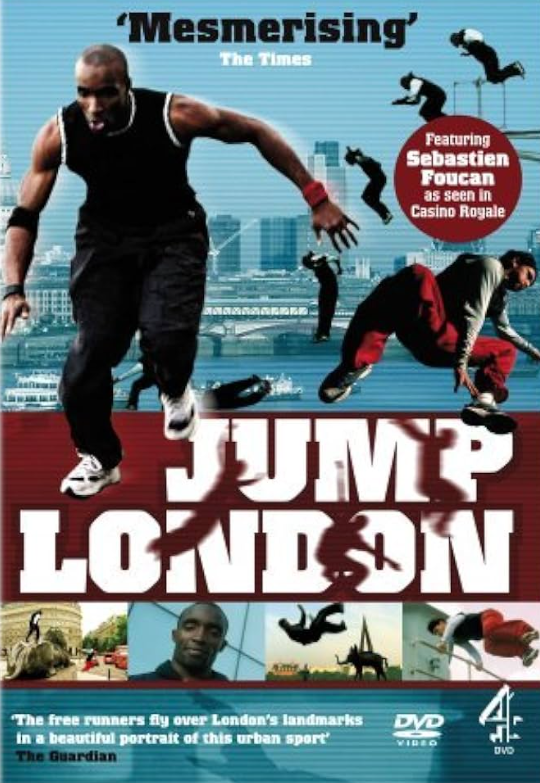
Bomb-maker Mollaka is missing a couple of fingers and has scarred skin, presumably from bomb explosions. Originally he was called Two Fingers in the script, before they gave him a name.
33/58


33/58
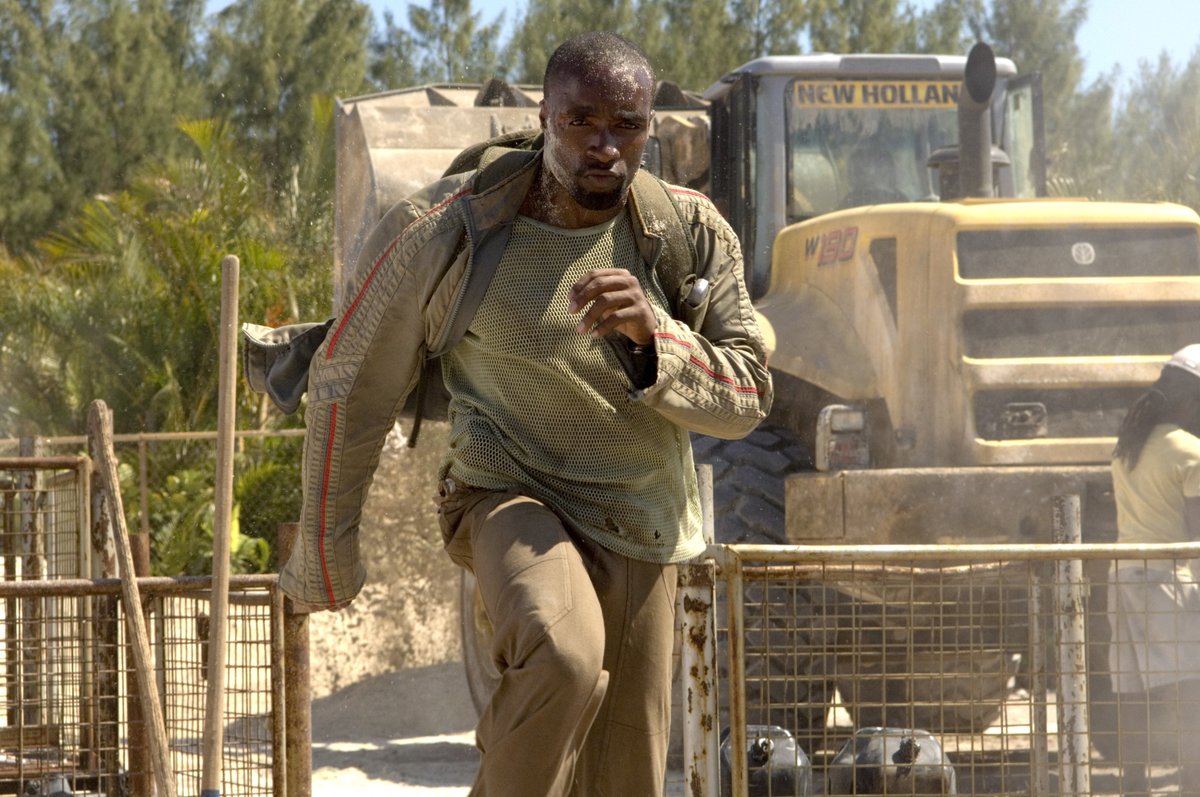
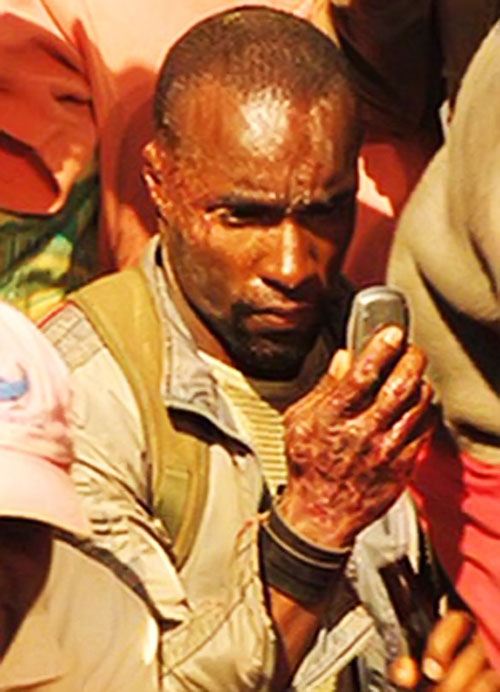
The opening takes place in Madagascar but filmed on New Providence Island in the Bahamas. The construction site was a hotel that had started being built in the 1970s but abandoned before it was finished. They added scaffolding and filmed there.
34/58




34/58
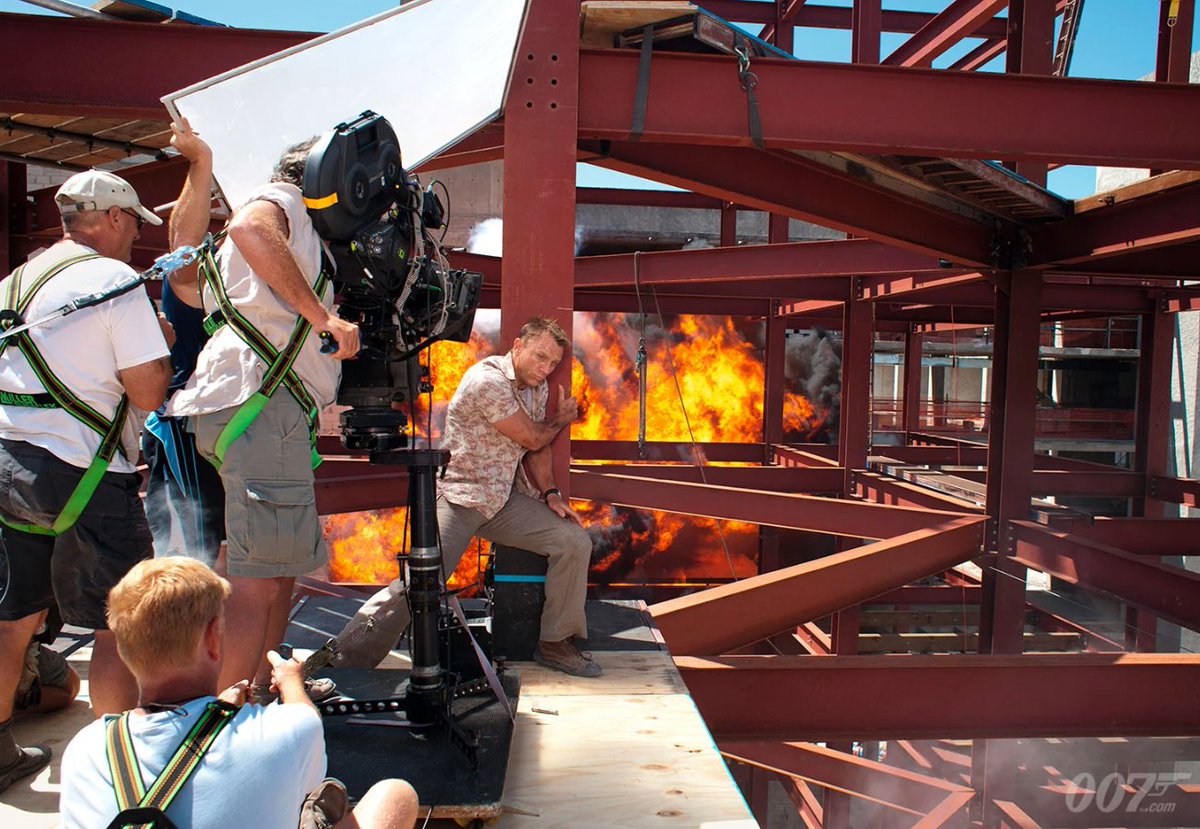
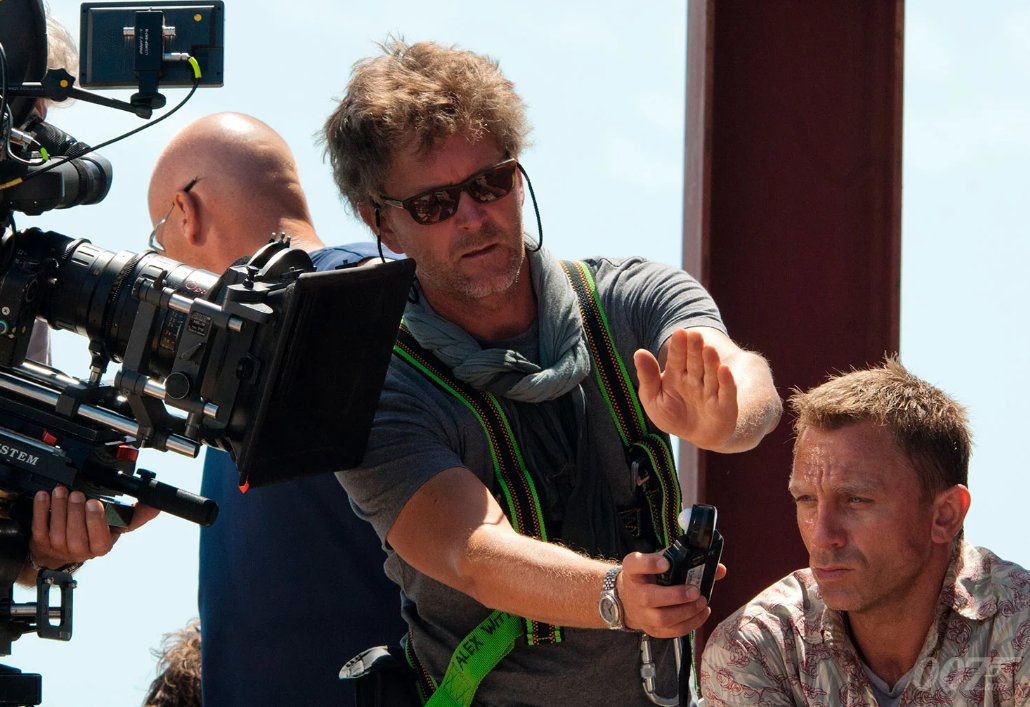
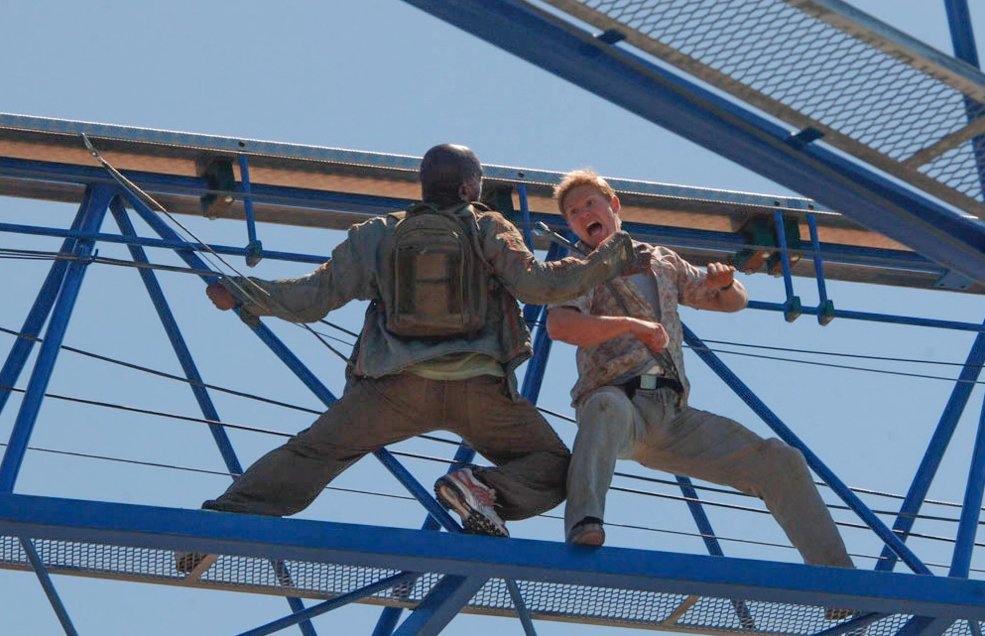

Filming the beach scene with Solange, actress Caterina Murino had hurt her leg because she’d fallen off a horse previously. Martin Campbell wanted to use a body double but she insisted on doing it because she said it was her “classic Bond girl” moment.
35/58




35/58
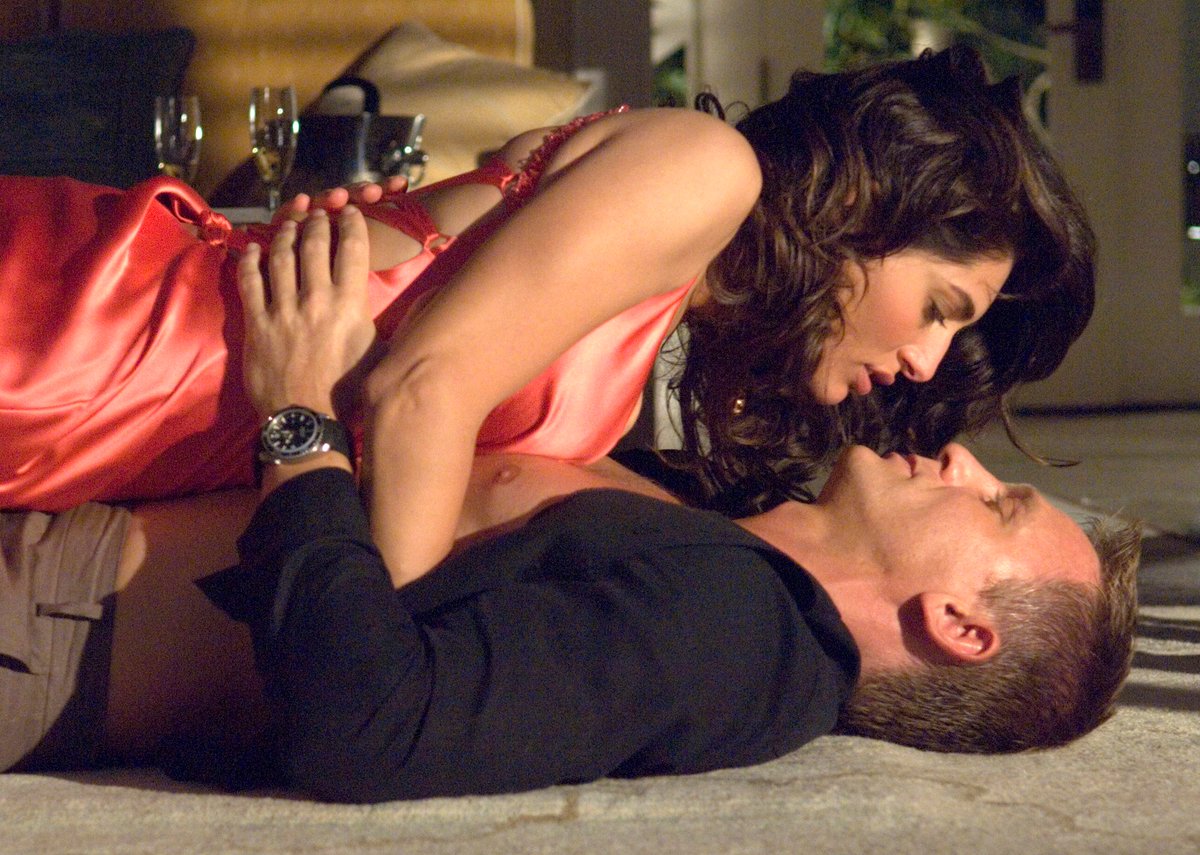
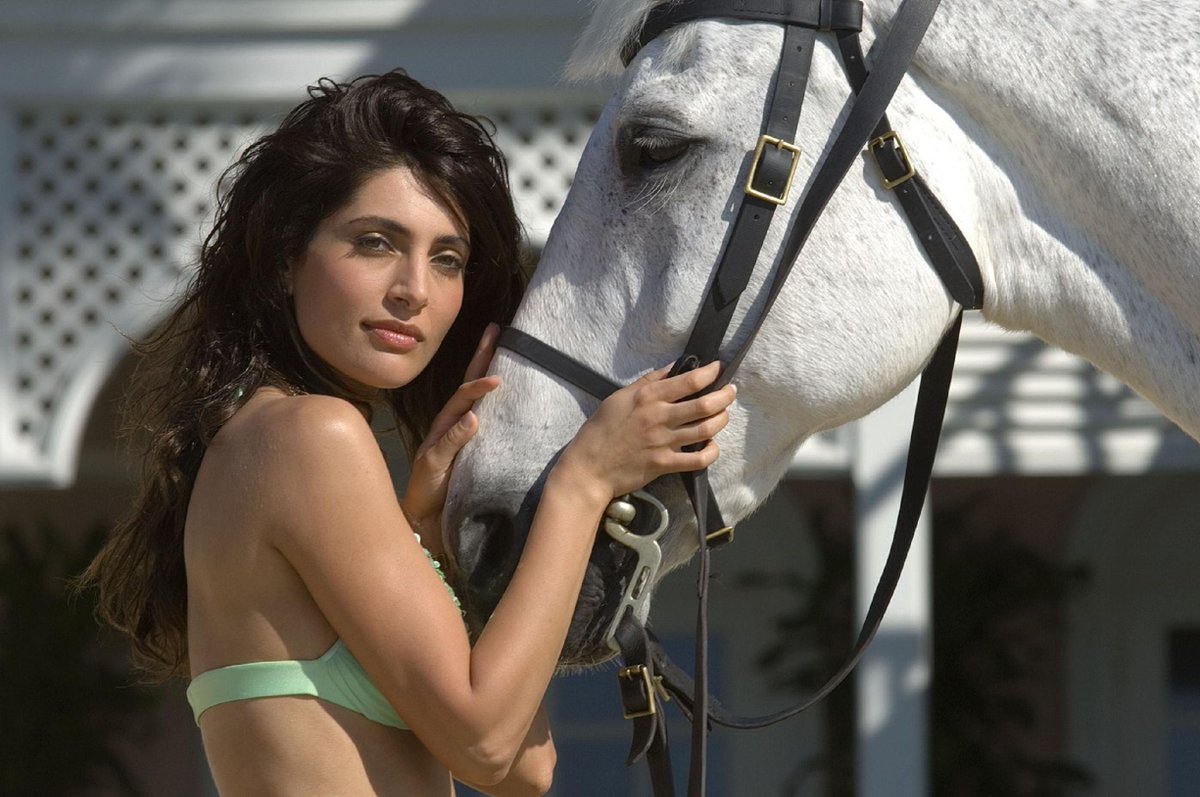
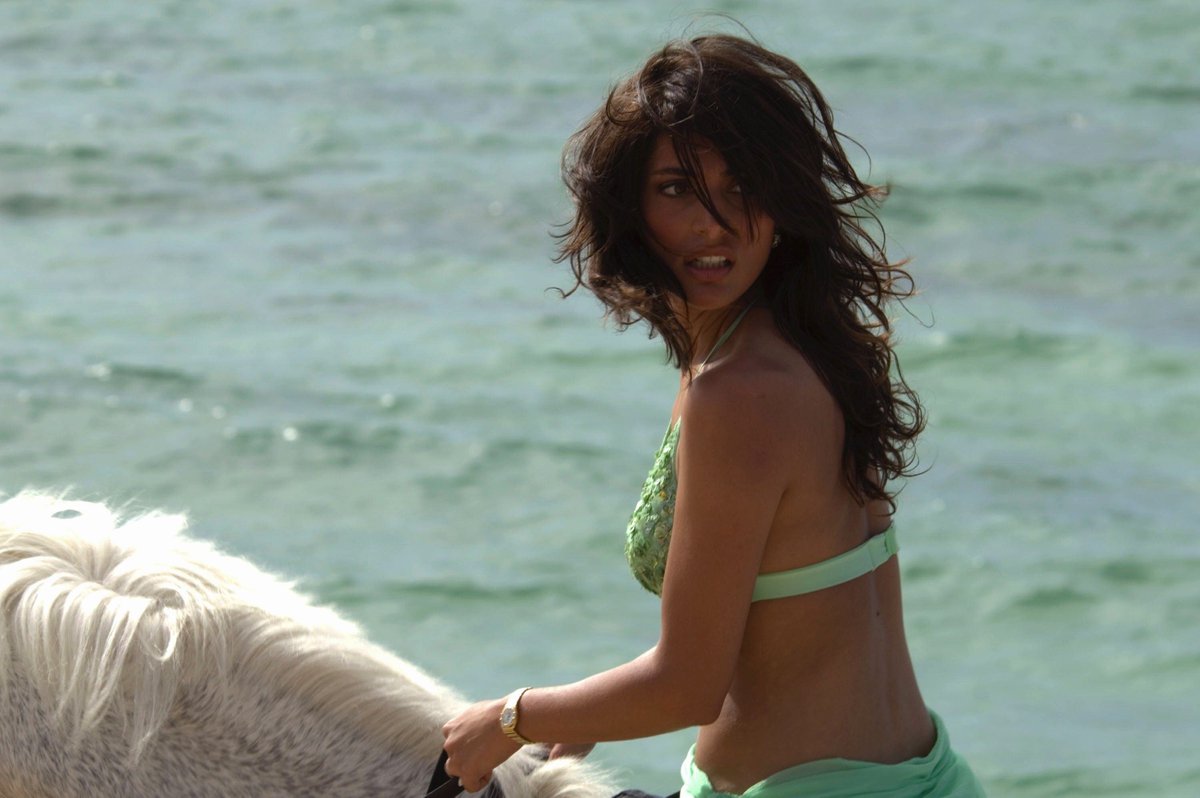
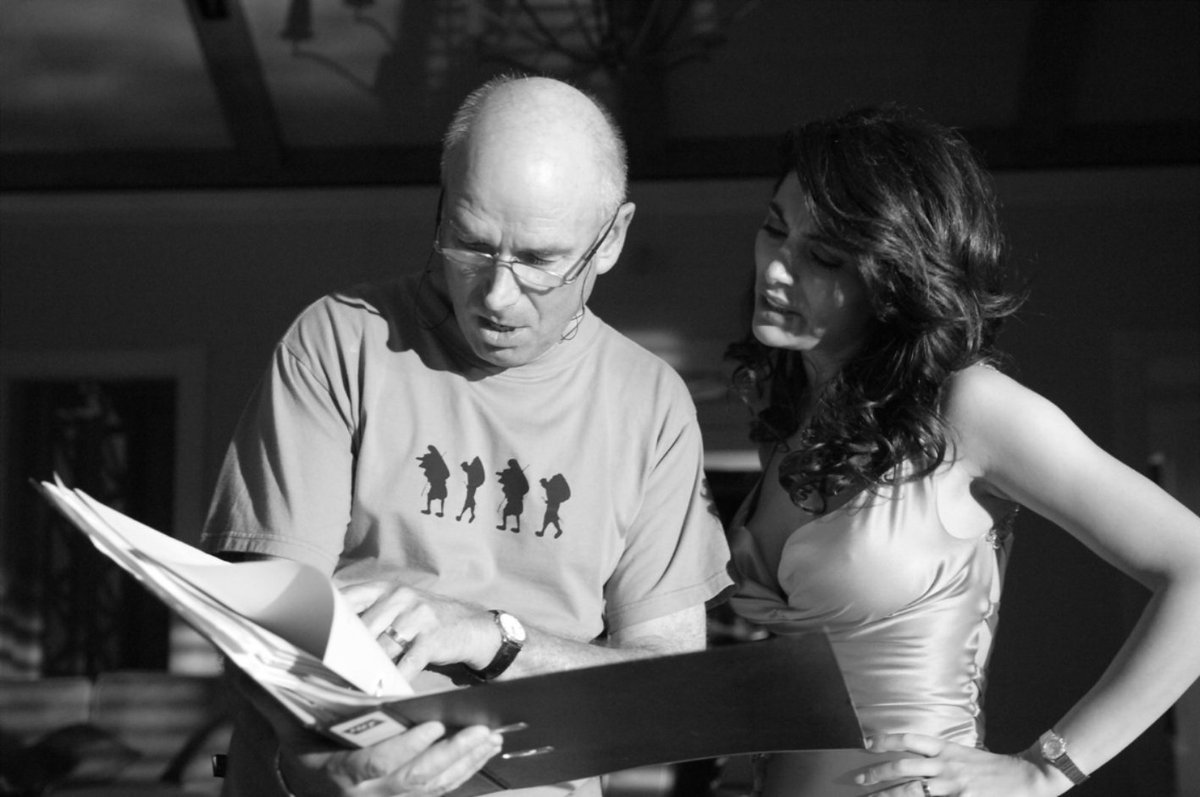
At the Bahamas poker game, there is a lady sitting at the table. She was played by an actress called Diane Hartford and this was her second Bond film. She’d appeared in Thunderball in 1965, where she danced in a nightclub with Sean Connery.
36/58


36/58
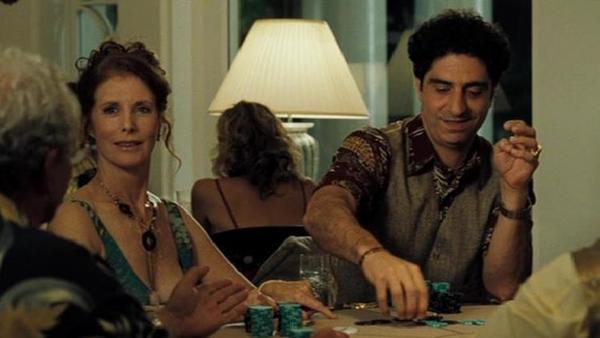
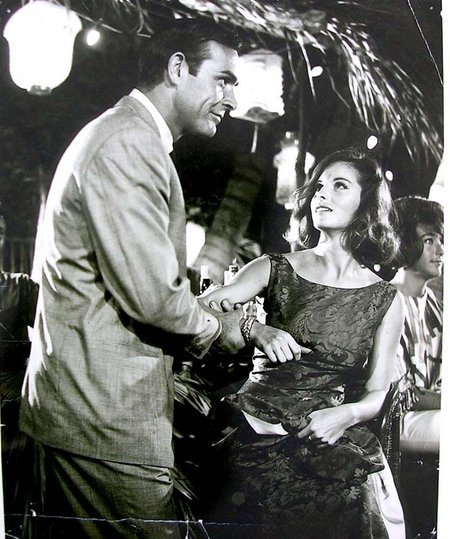
The famous moment where Bond walks out of the ocean in a pair of speedos wasn’t planned. Craig said the script said Bond saw Solange and floated off in the water but when they were filming he tripped over a sandbank so improvised standing up and walking out of the water.
37/58


37/58
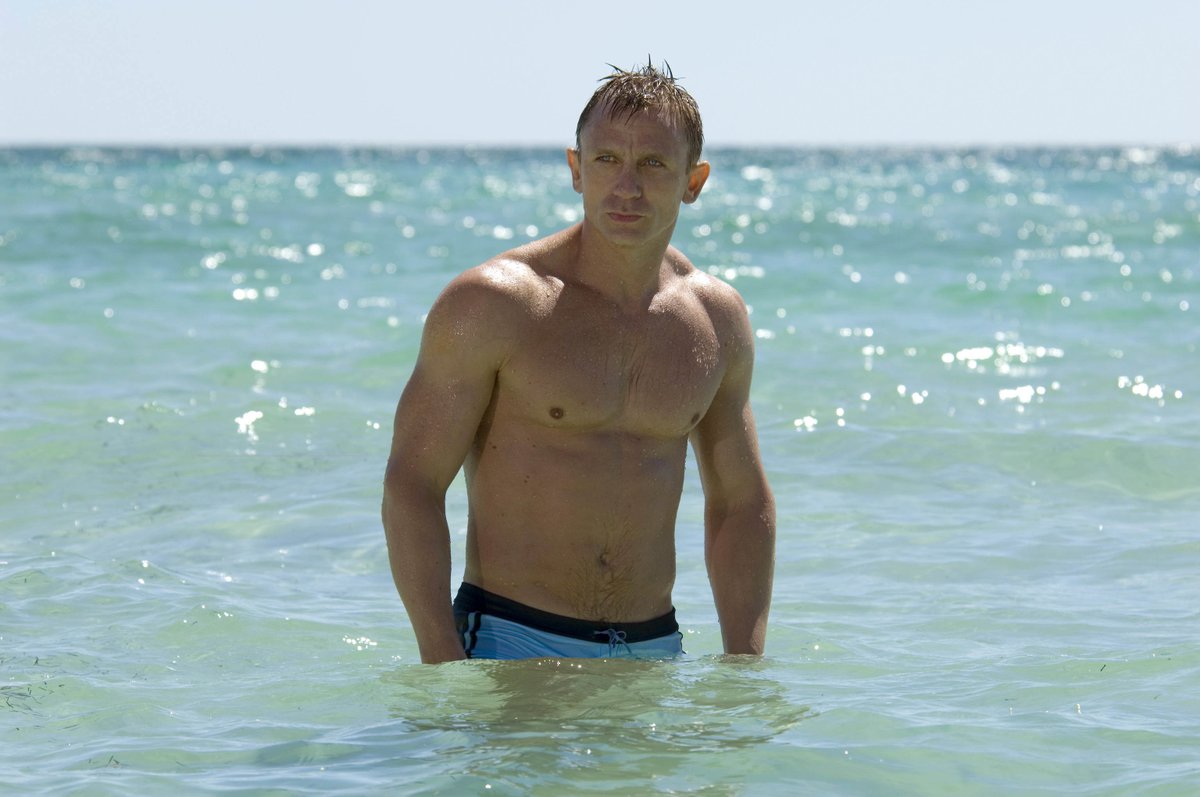
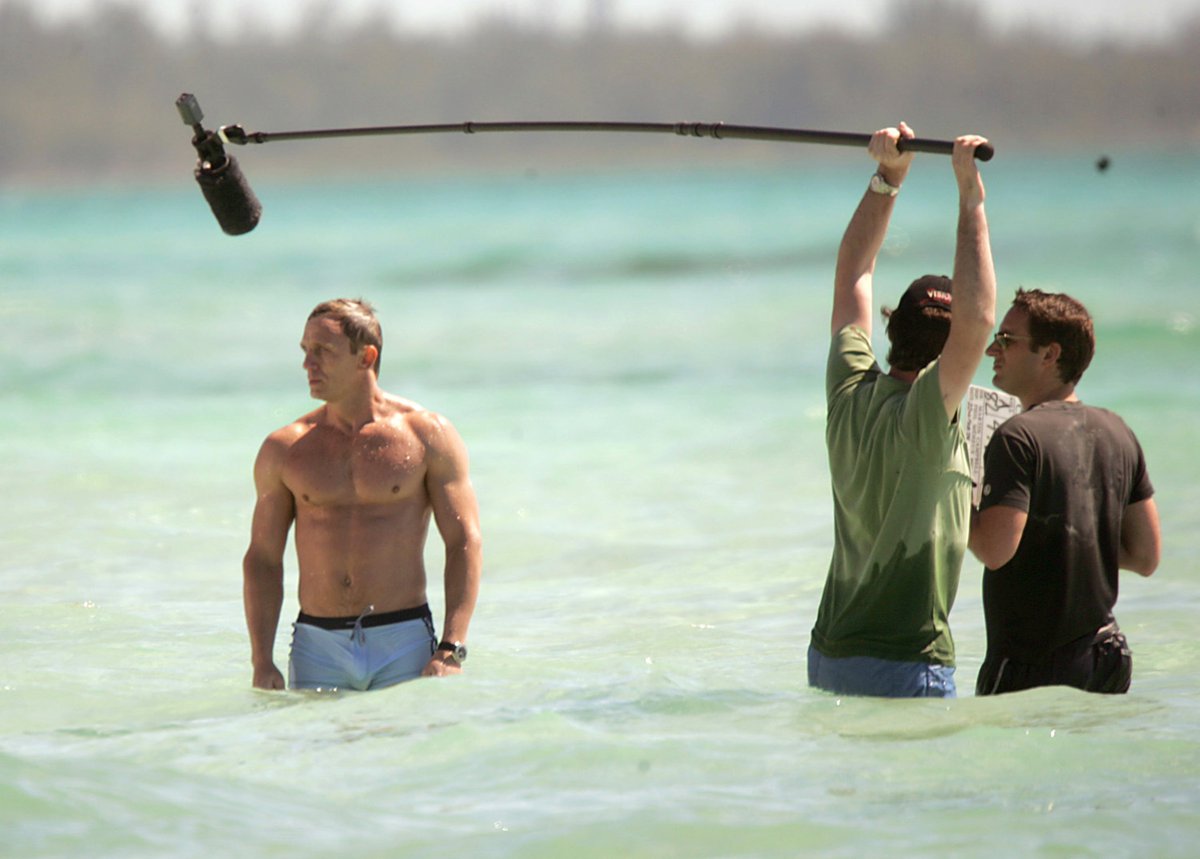
It went on to be used in all the marketing materials for the film. Craig said it was an accident but realised straight away it would be compared to Ursula Andress in Dr No. He said, “I didn’t think I’d be haunted by it for the rest of my life.”
38/58


38/58
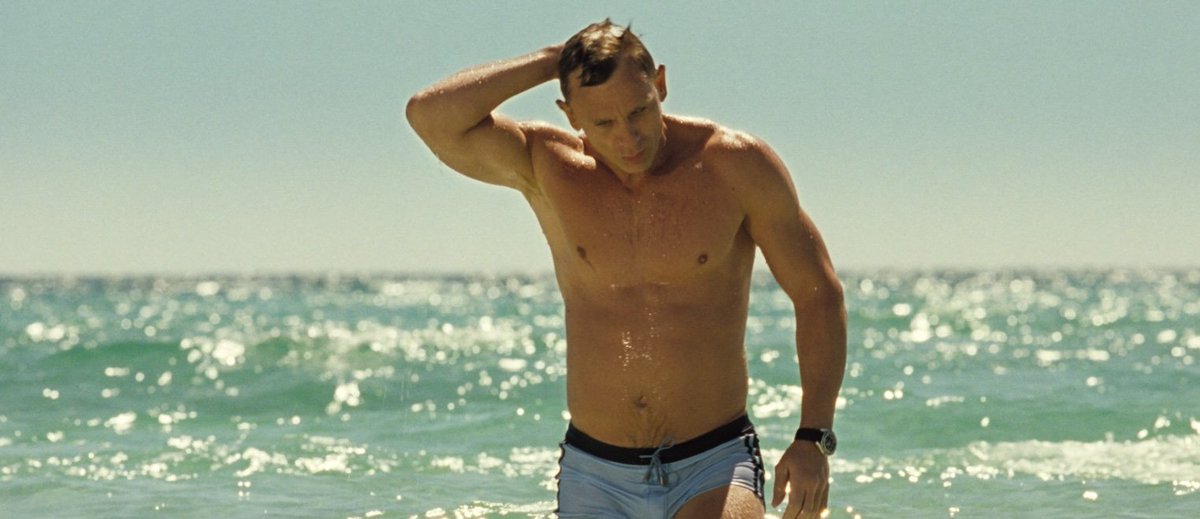
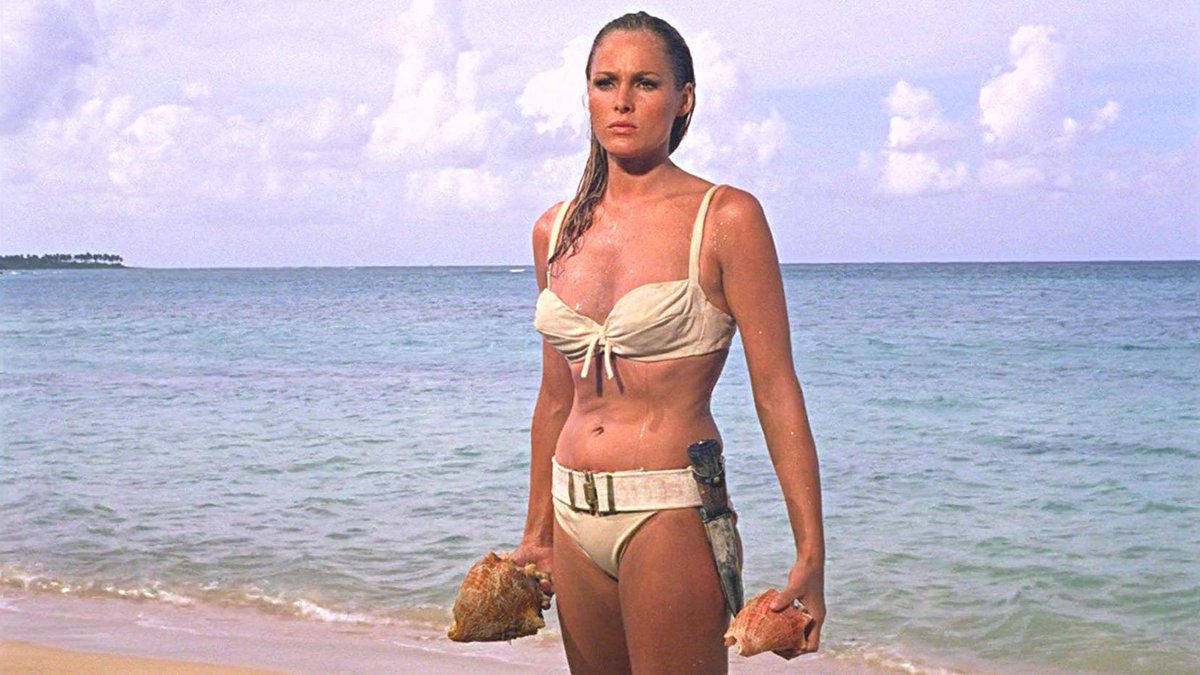
The airport sequence was filmed at 3 locations. Dunsfold Park Aerodrome in England, Ruzyne International Airport in Prague, and Nassau International Airport in the Bahamas. Martin Campbell has a cameo - he plays the truck driver who the bomber kills.
39/58




39/58
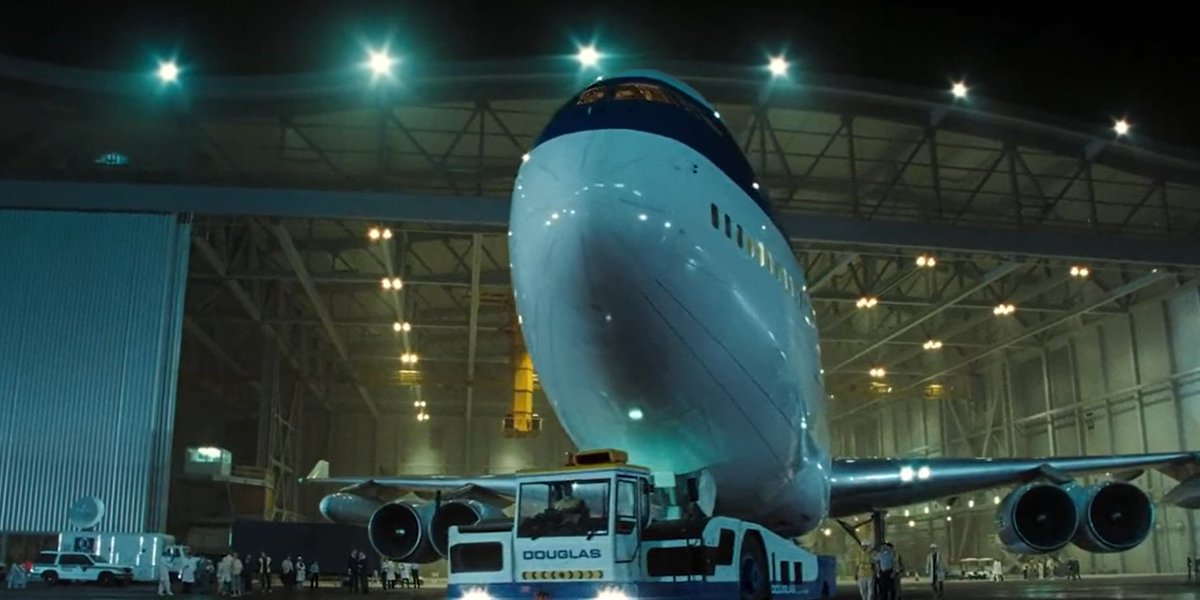
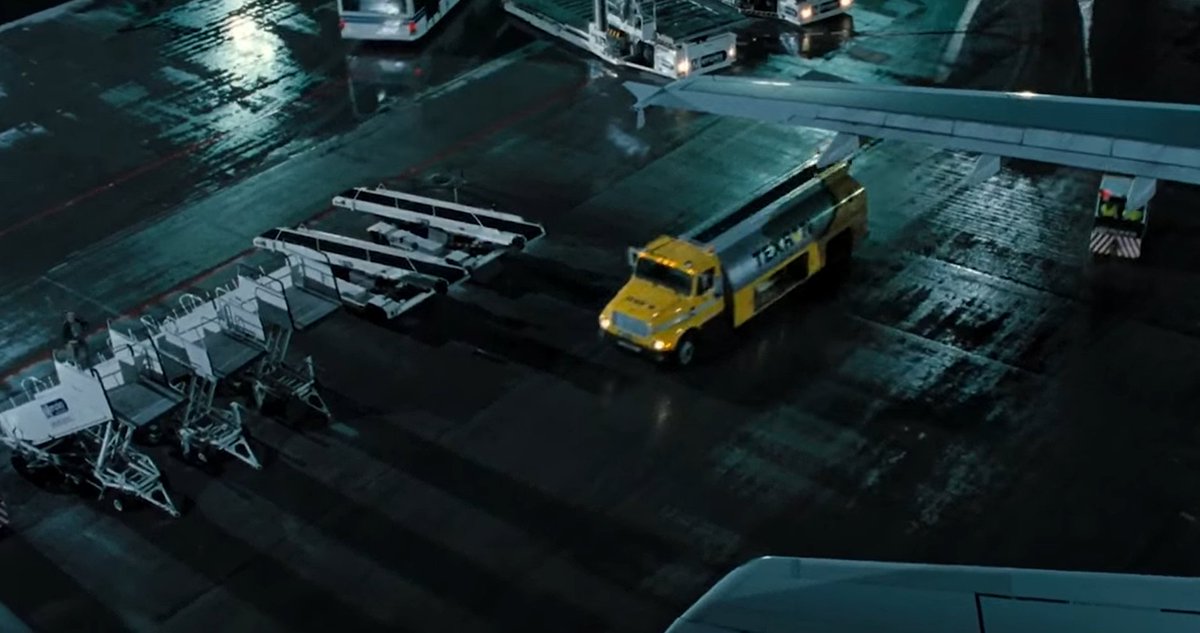
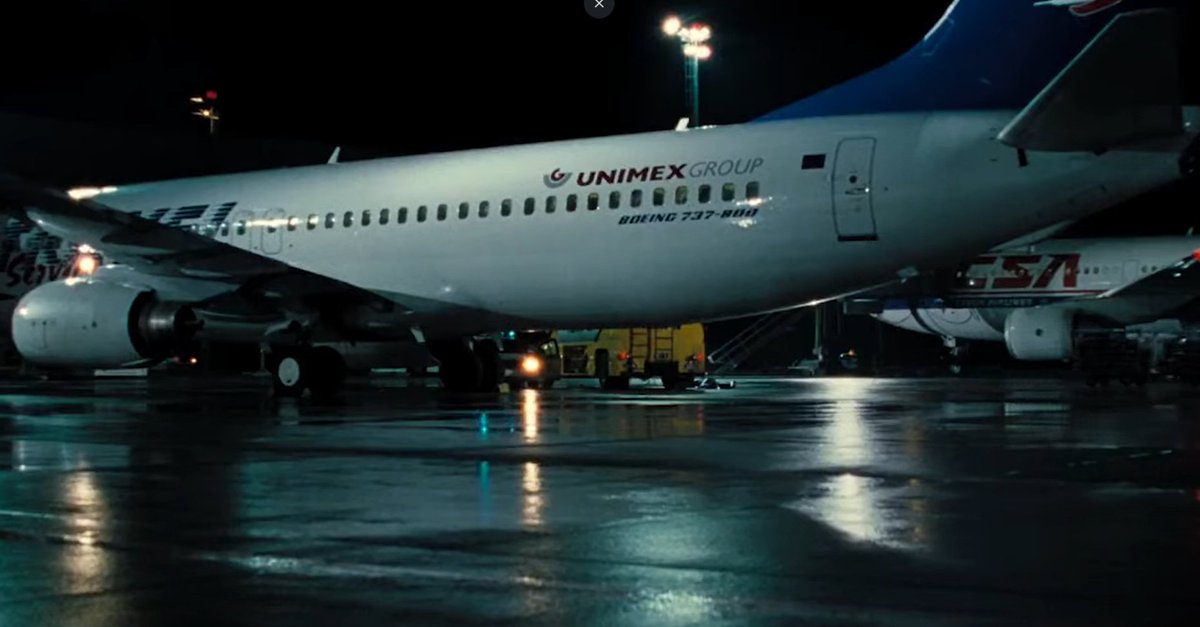
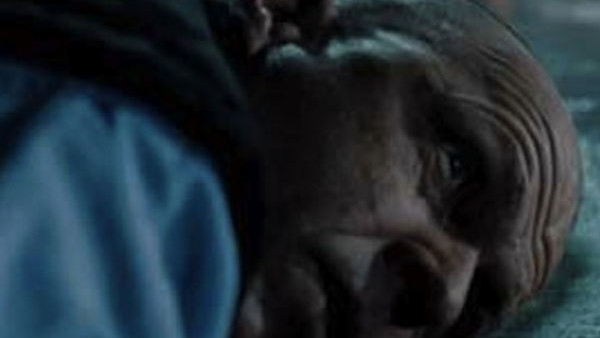
The shot of the police car being blown through the air was difficult to pull off. Effects Supervisor Chris Corbould and his team attached the police car to a crane with a rig and essentially yanked it through the air. The only CGI was to remove ropes and wires.
40/58


40/58
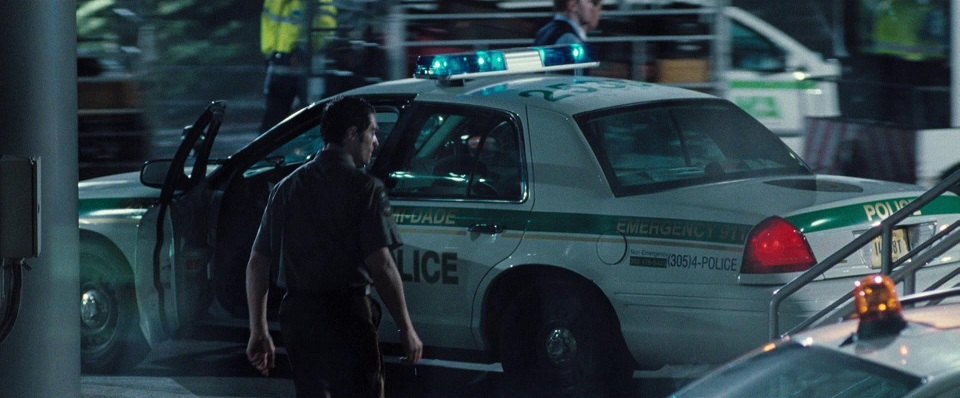
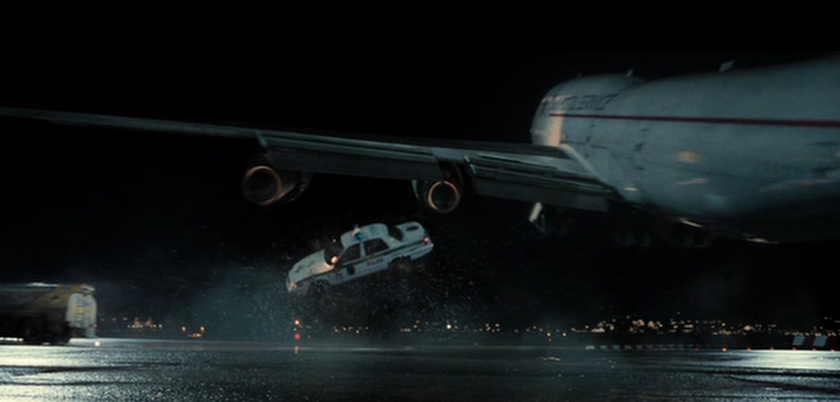
There’s a couple of quick cameos. The girl in the tennis outfit who smiles at Bond in the Bahamas is Brazilian supermodel Alessanra Ambrosio. And Richard Branson shows up at the airport. He was a Bond fan and asked for a cameo in return for letting one of his planes appear.
41/58

41/58
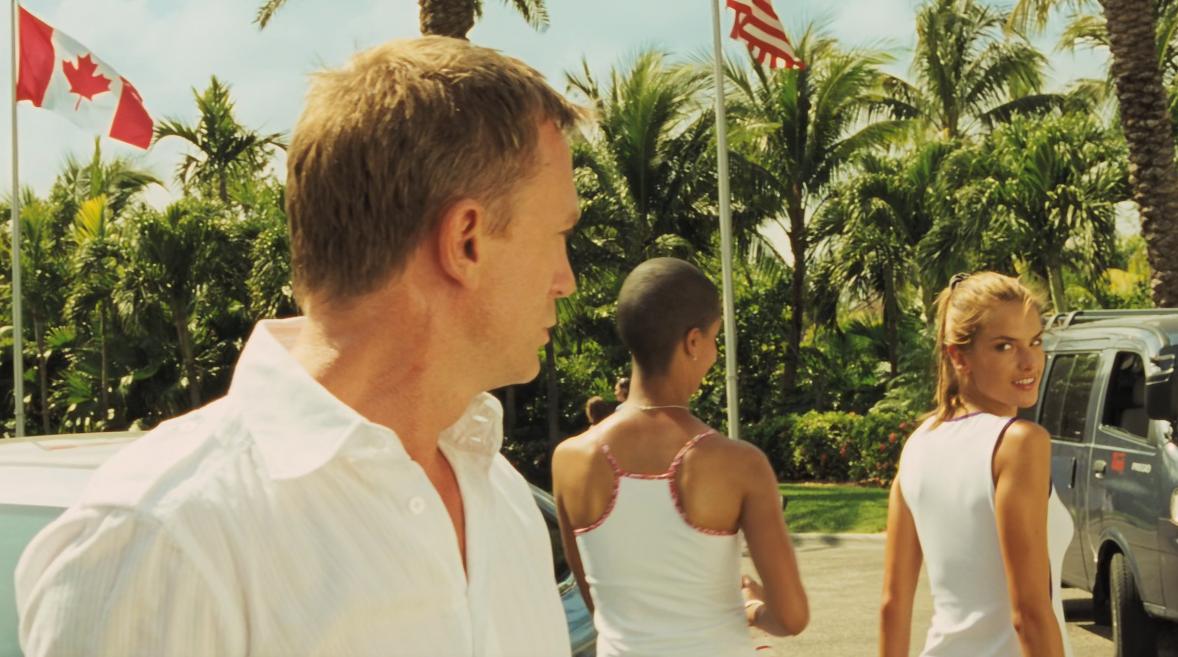
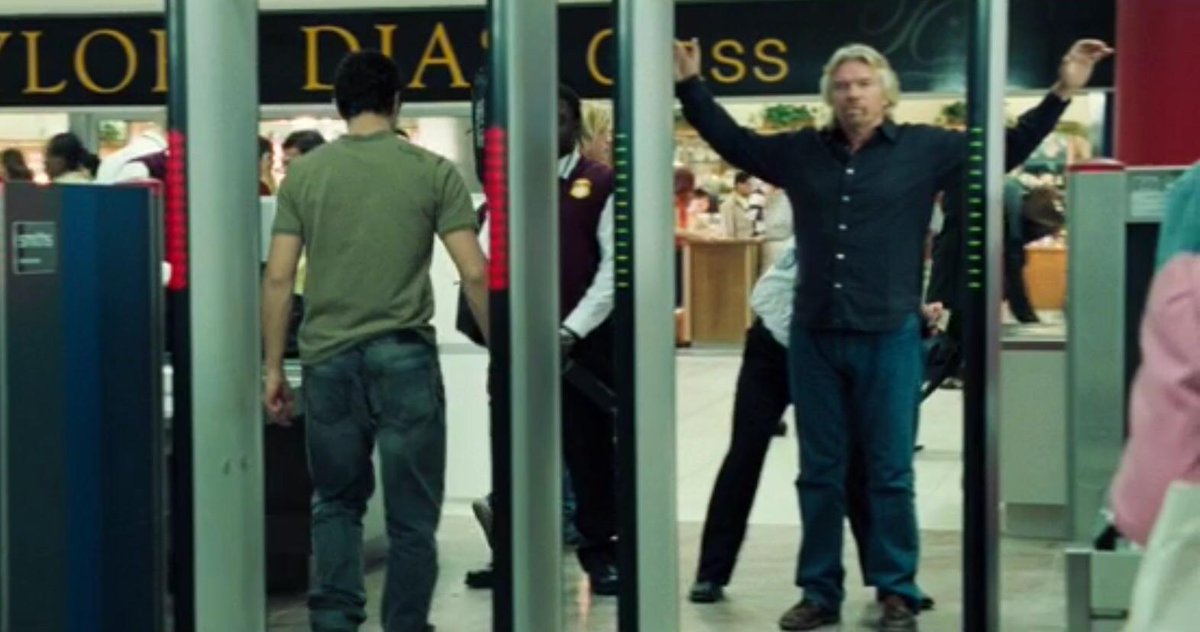
When British Airways showed Casino Royale on their long-haul flights, they made an edit where the only change was to remove Richard Branson.
42/58


42/58
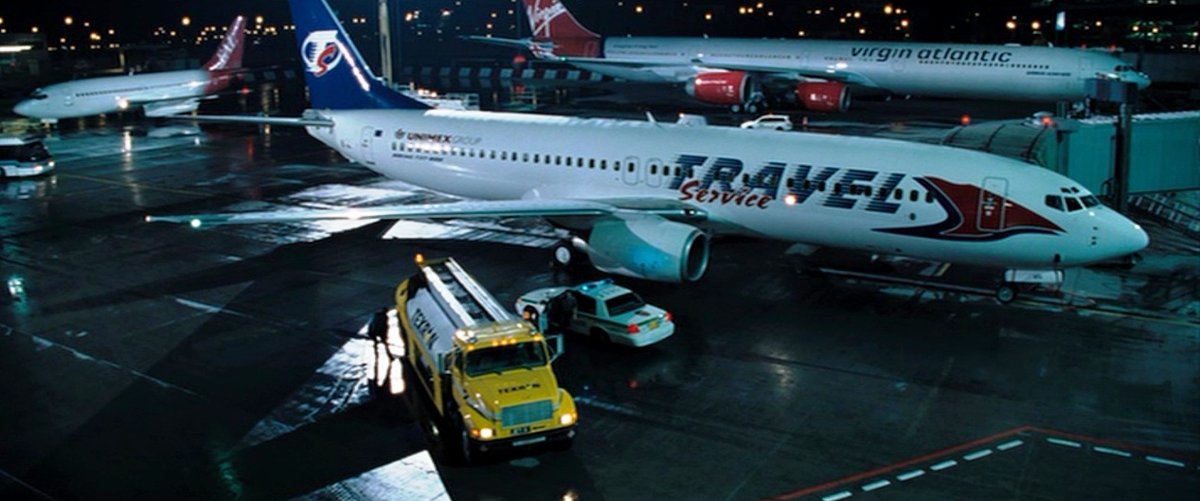
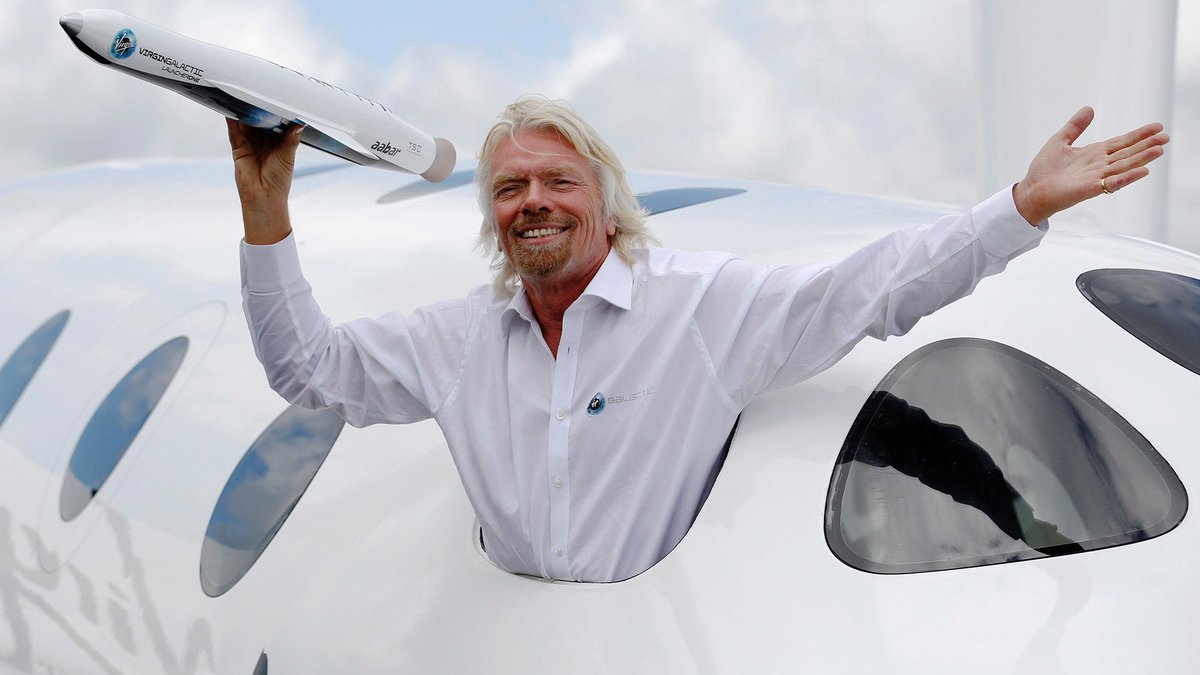
War Lord Stephen Obanna was played by Isaach de Bankole, and apparently based on Joseph Kony, a Ugandan militant who had been charged with war crimes like the abduction and recruitment of child soldiers. It was in the news not long before the film came out, in 2005.
43/58



43/58
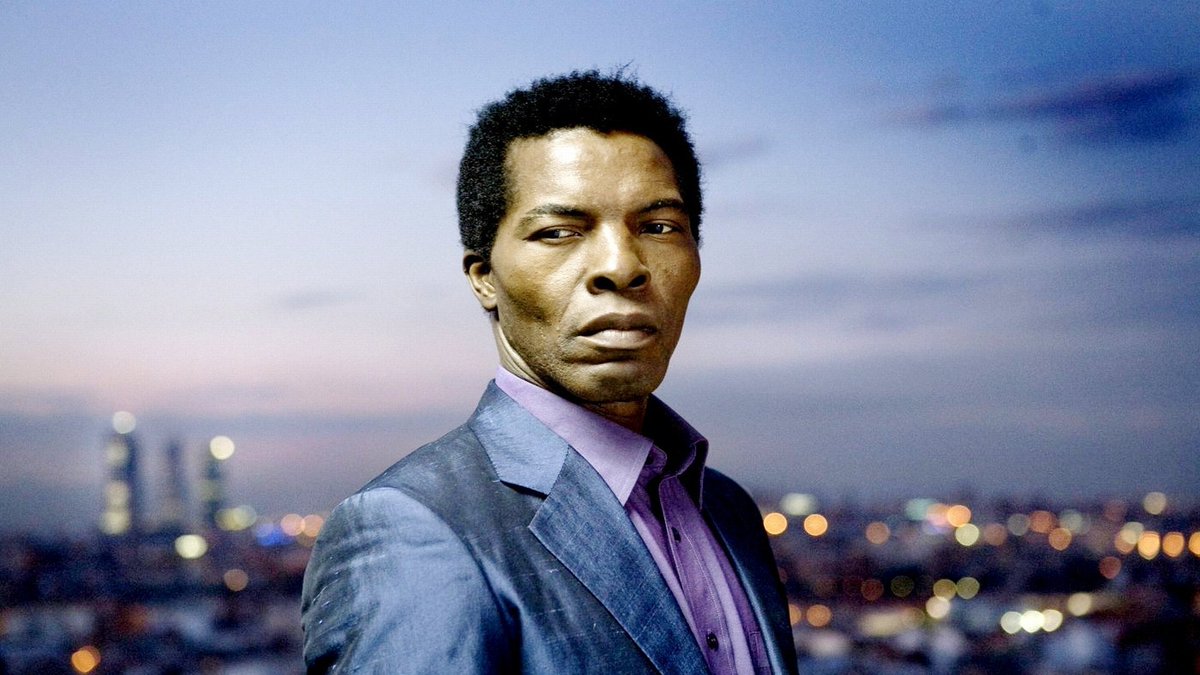
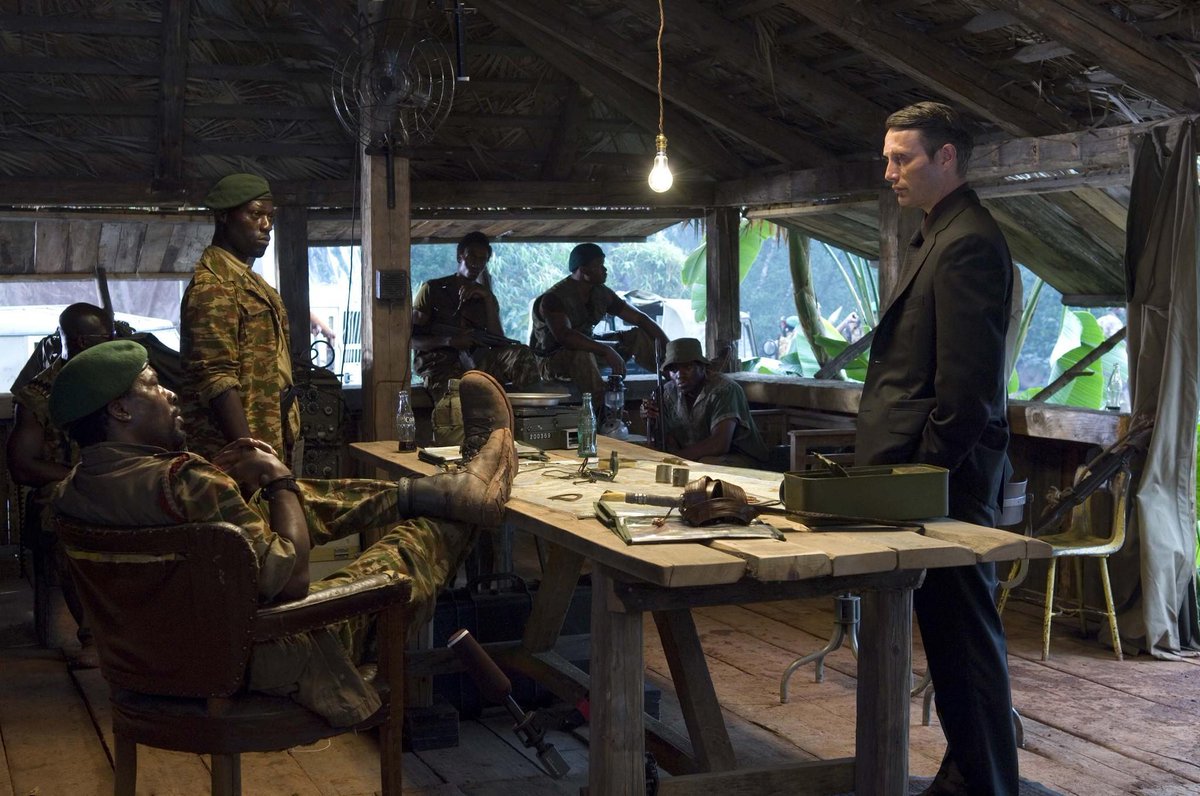
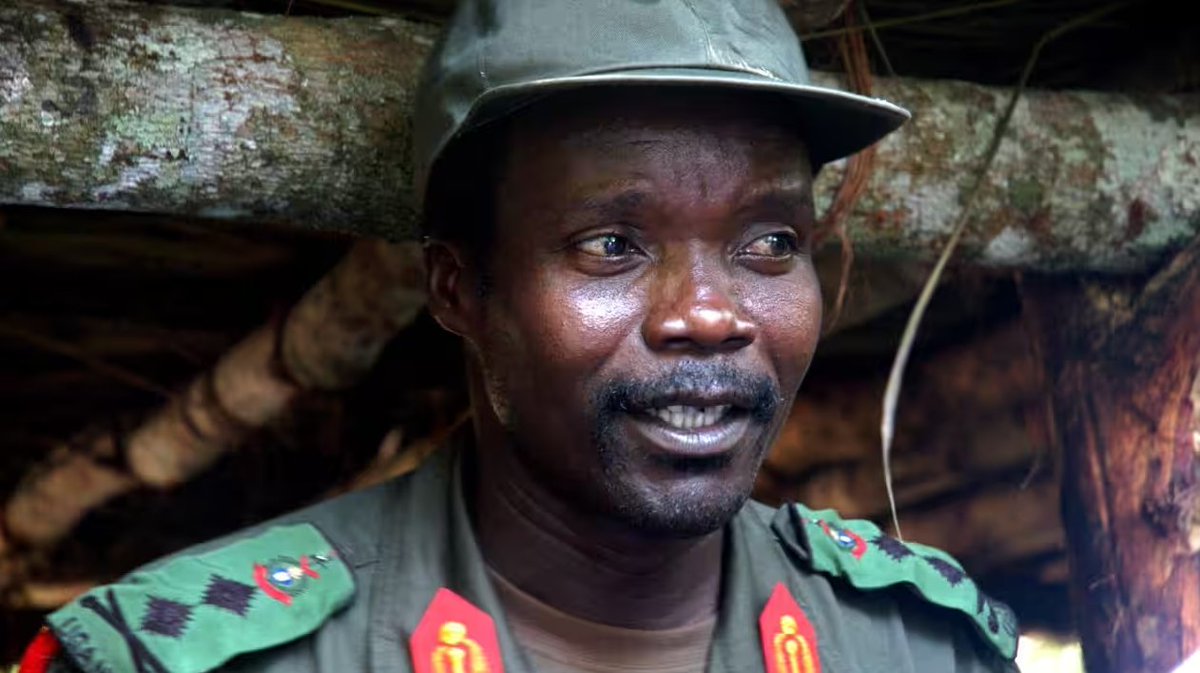
The shower scene was all shot in 1 take. And in the original script, Vesper was scripted to be sitting in just her underwear when Bond comes in, and it was Daniel Craig who said she should be fully clothed instead.
44/58


44/58
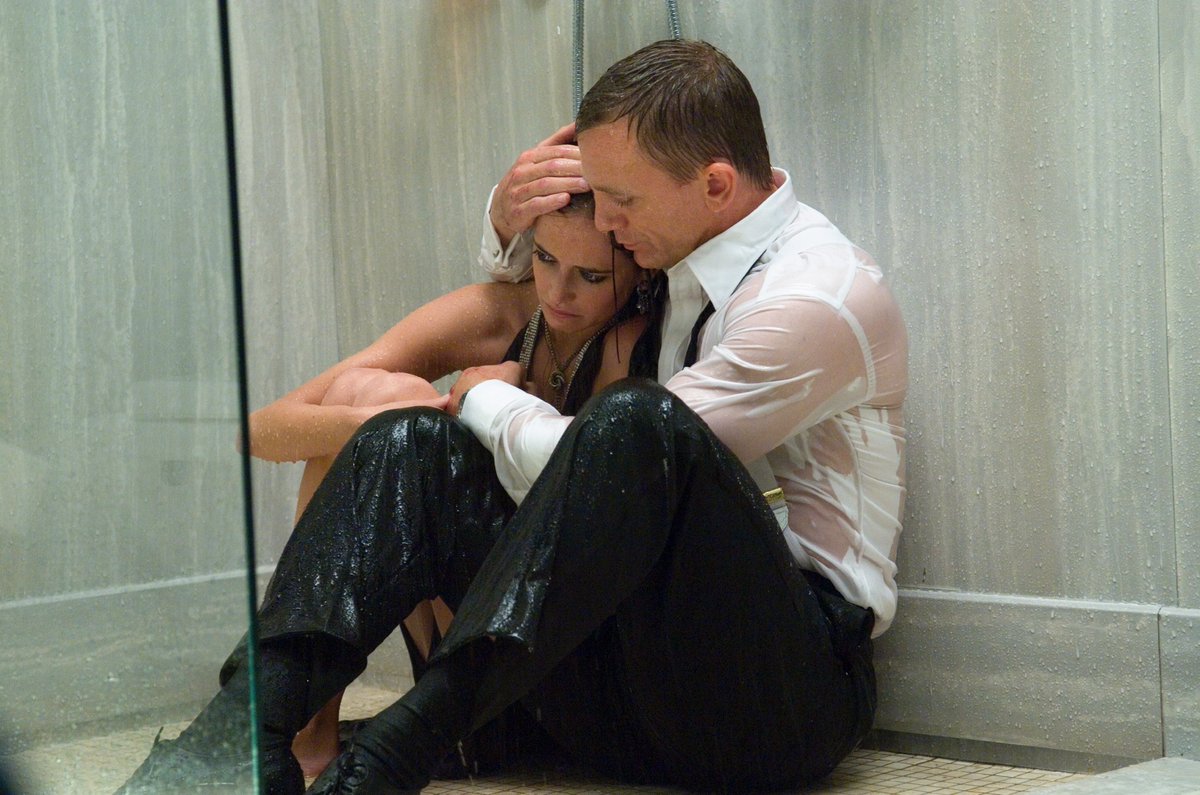
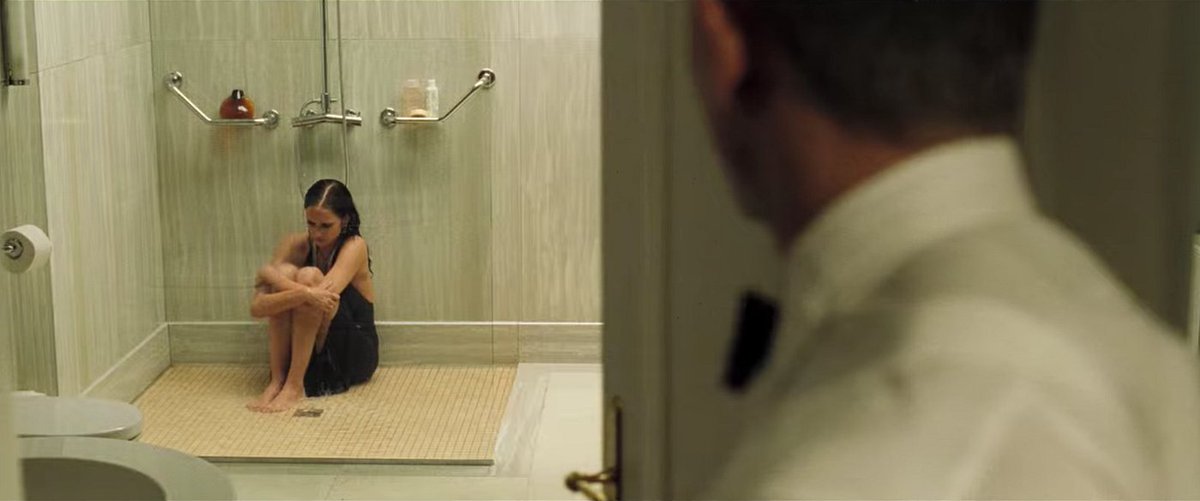
We see Bond order his first vodka martini. He asks for “3 measures of Gordon’s, 1 of vodka, half a measure of Kina Lillet. Shake it very well until it’s ice-cold, then add a large thin slice of lemon peel.” It’s word for word how Bond orders his first vodka martini in the novel.
45/58

45/58
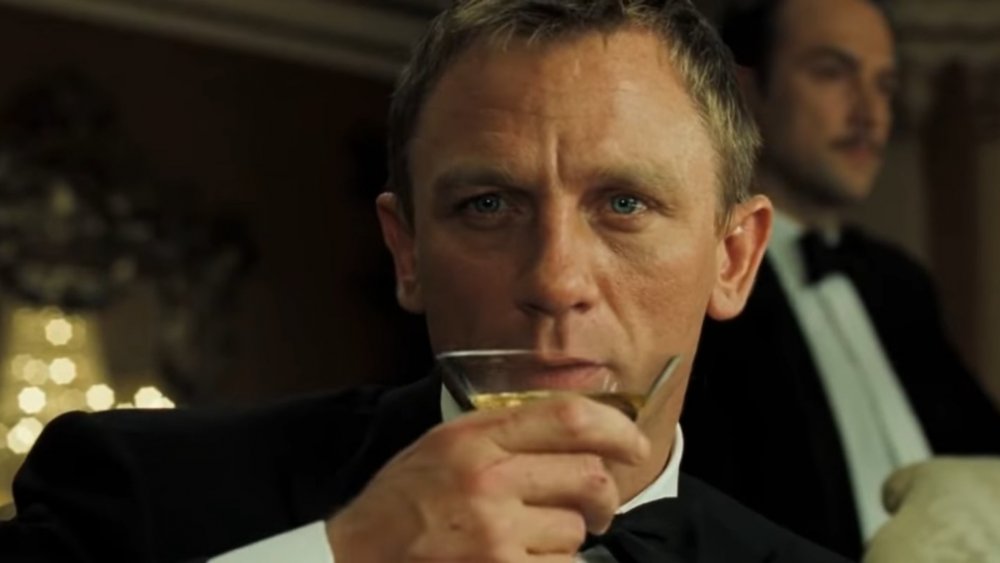
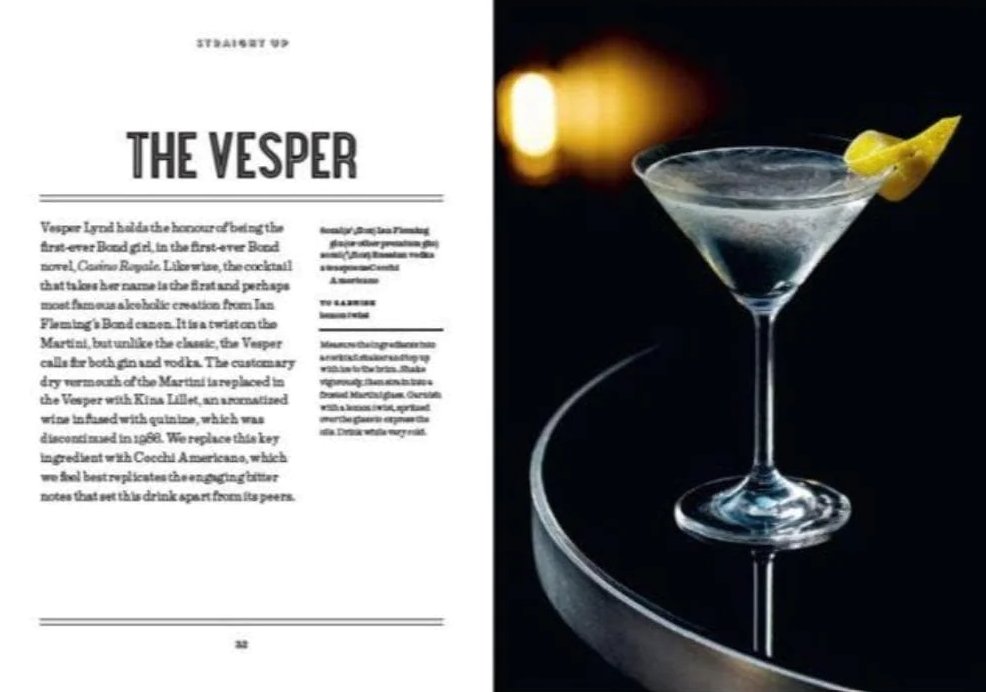
The casino dealer was played by Austrian actor Andreas Daniel. When the production was looking for a dealer, they called round some casinos. By chance, Daniel answered one of the calls. He said “You’re looking for a card dealer? You just found him.”
46/58


46/58
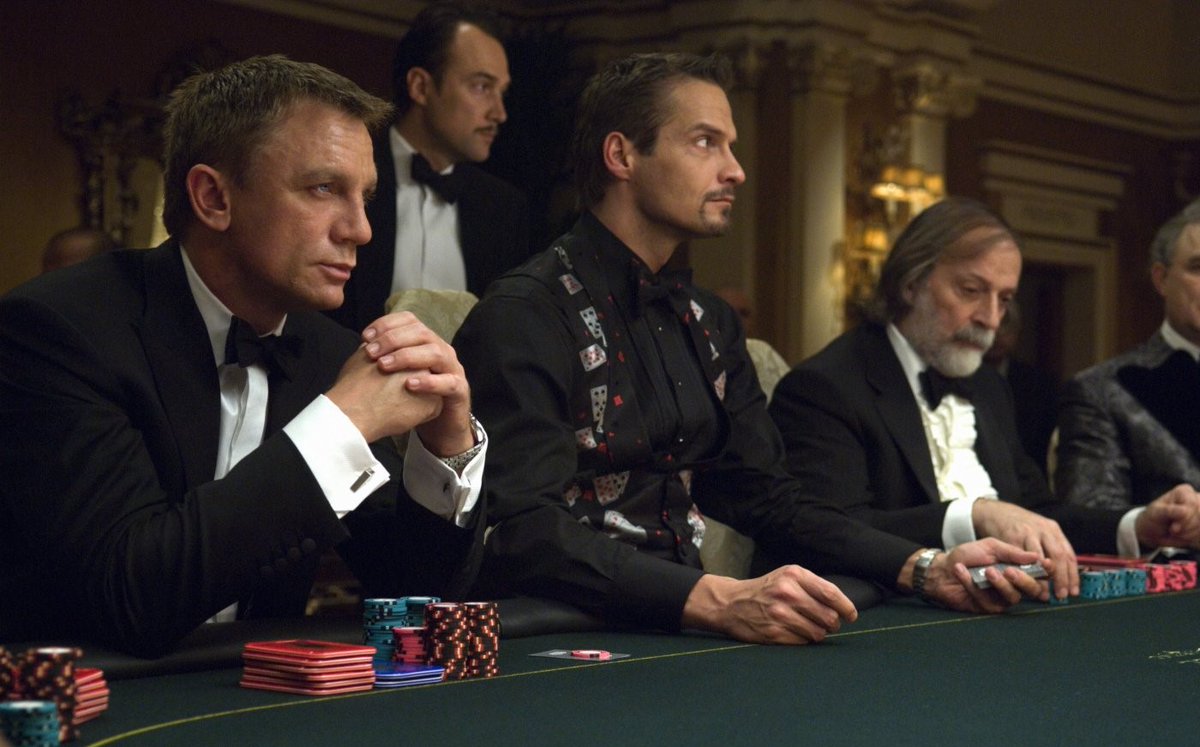
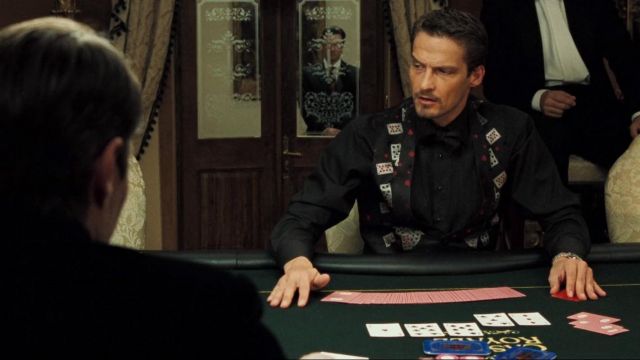
The rope Le Chiffre uses to torture Bond is a seaman's knot for throwing lines between boats. The knot is woven around a shot weighing several pounds. In the book, Le Chiffre doesn’t hit Bond with a rope, he tortures Bond’s testicles with a carpet beater.
47/58


47/58
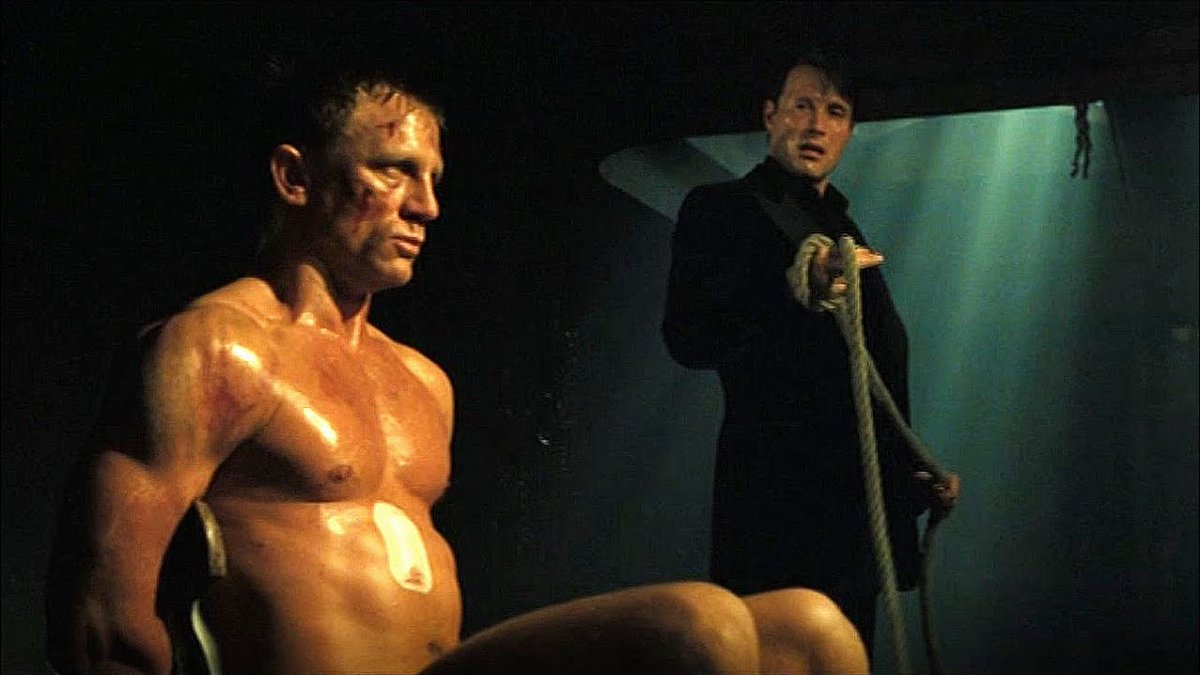
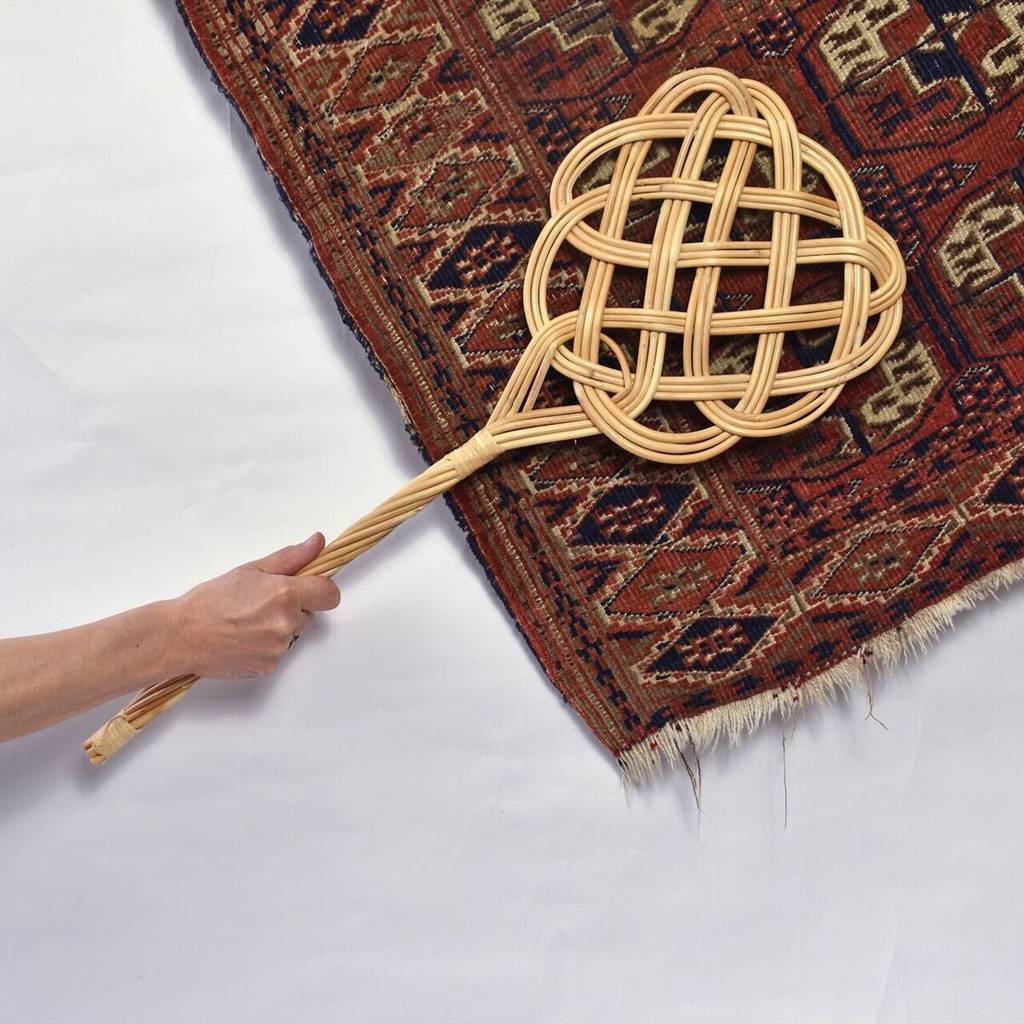
Flipping the Aston Martin was tricky. It’s a racing car and designed t produce a lot of downforce so the stuntman couldn’t flip it over. Instead, they installed an air cannon on the bottom of the car to shoot it over when detonated.
48/58
48/58
They shot it 3 times, destroying 3 Aston Martin’s worth $300k each. In the shot we see, the car flipped over 7 times which was in the Guinness Book of Records as a World Record.
49/58



49/58
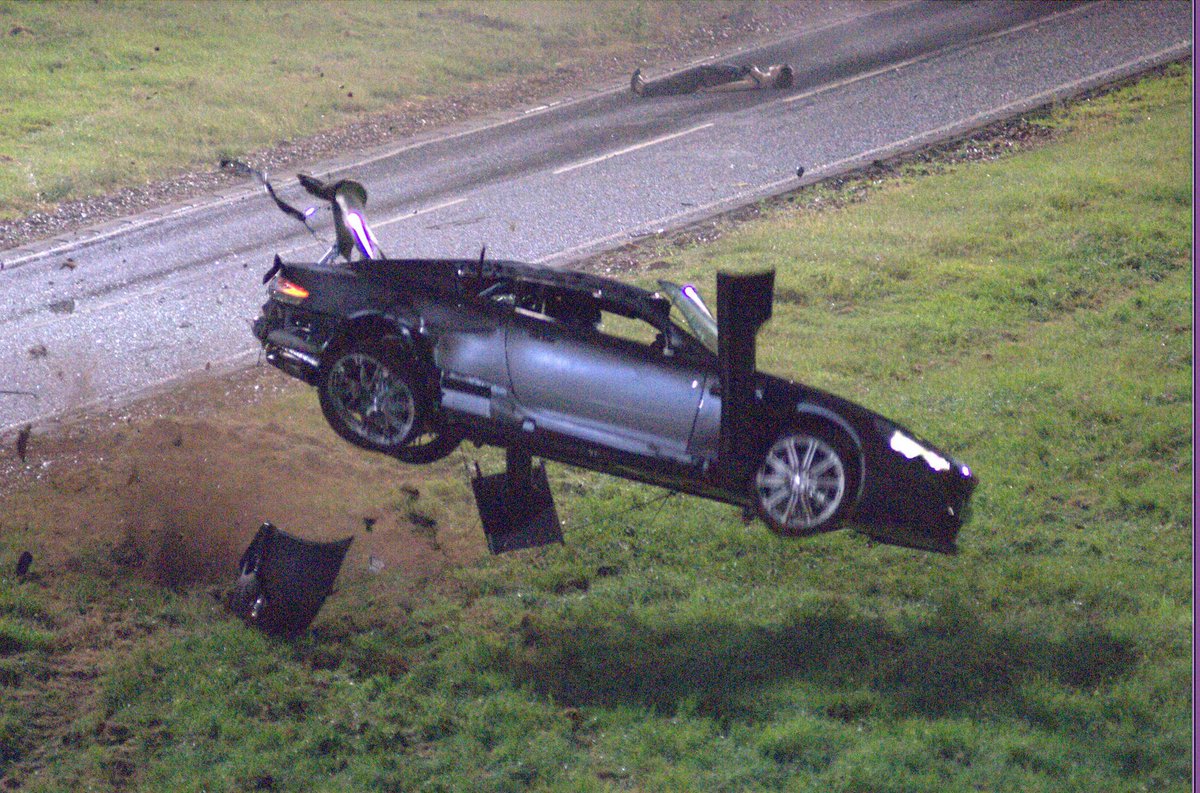
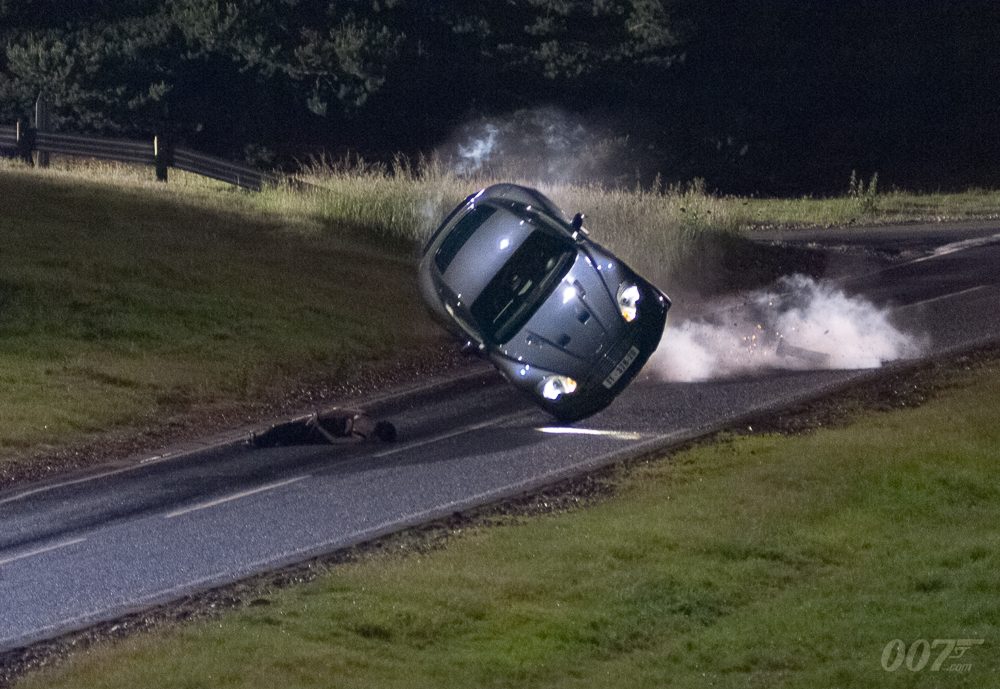
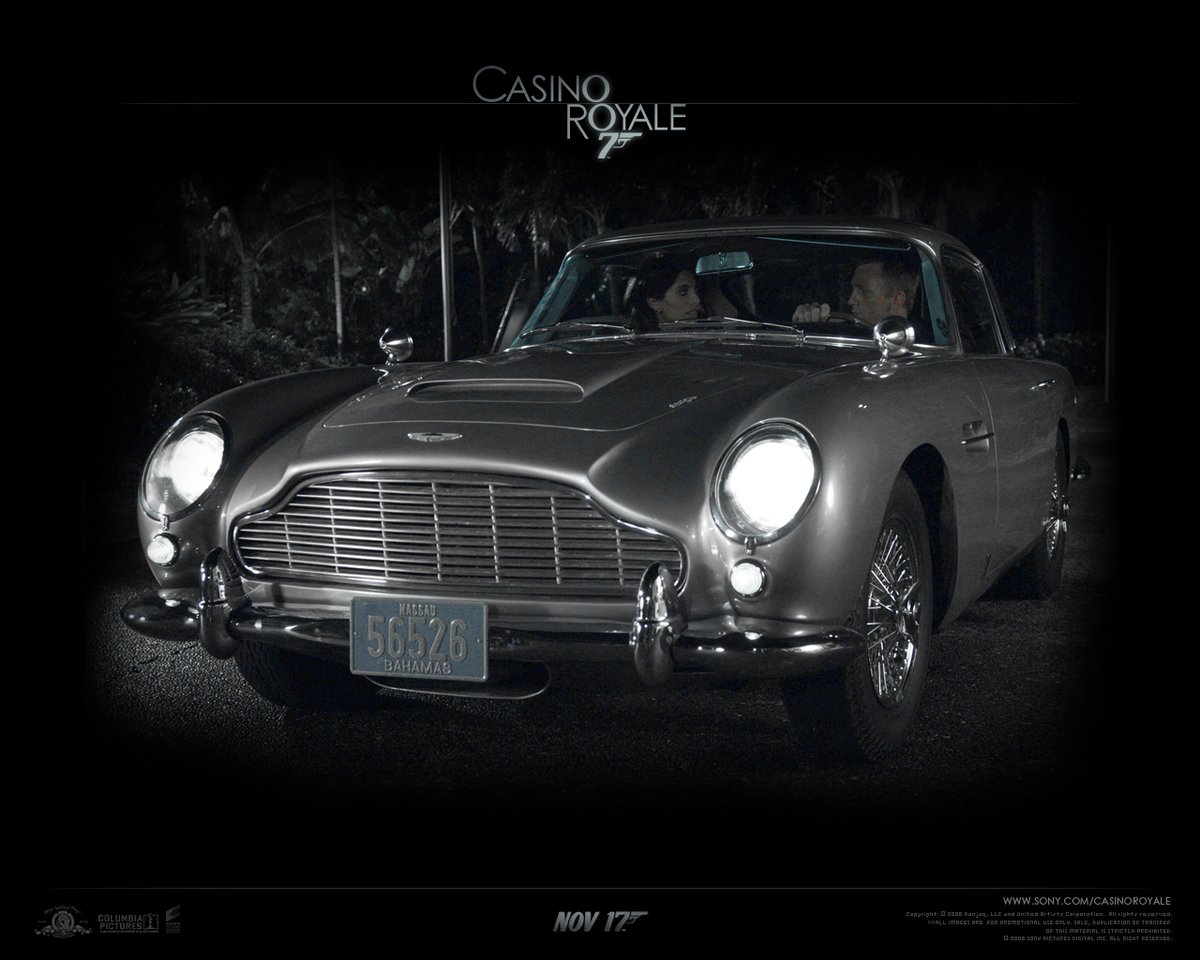
Bond and Vesper sail into Venice on Bond’s yacht, a Spirit 54. The film had to get special permissions from Venice authorities to sail along the Grand Canal. There were no records of the last time a pleasure yacht sailed there but it was believed to be 300 years earlier.
50/58


50/58
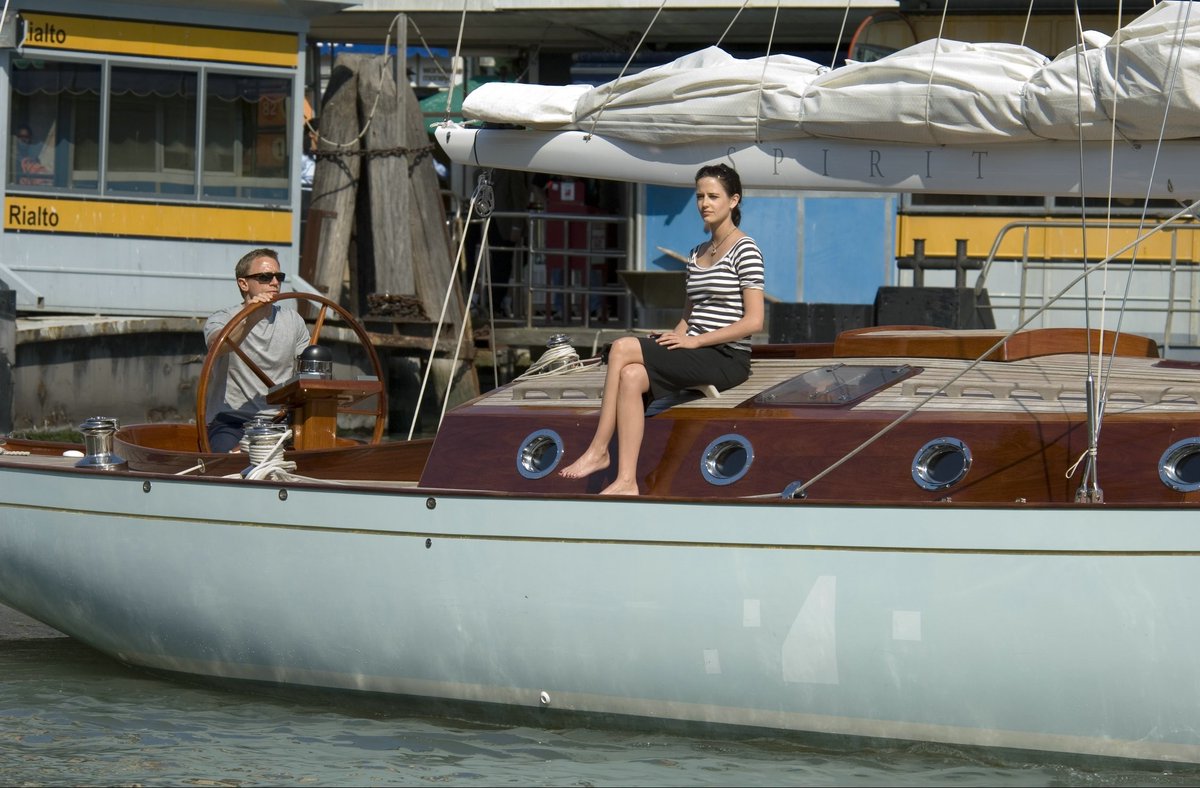
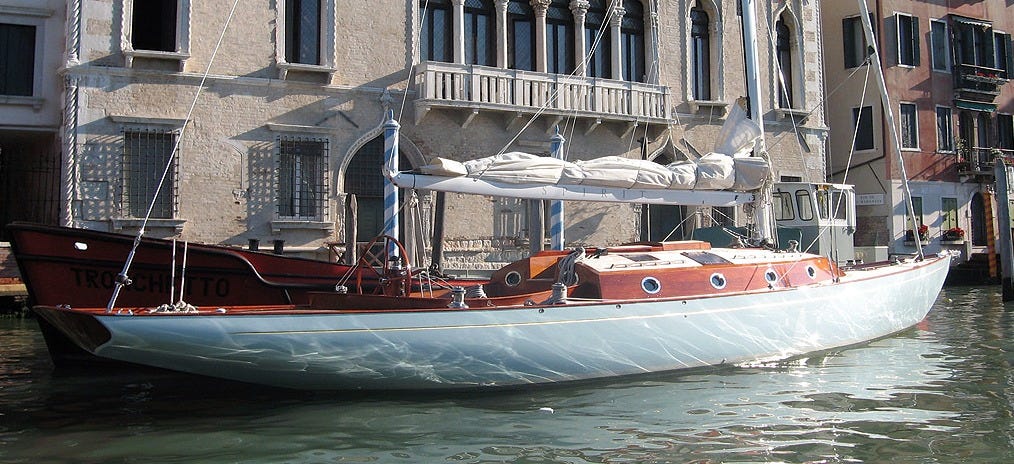
Robert Wade said they chose Venice as the setting because it was thematically relevant for Bond and Vesper’s love to sink figuratively and literally. They came up with the idea of the sinking palazzo when they saw footage of the leaning Tower of Pisa having its foundations stabilised.
51/58

51/58
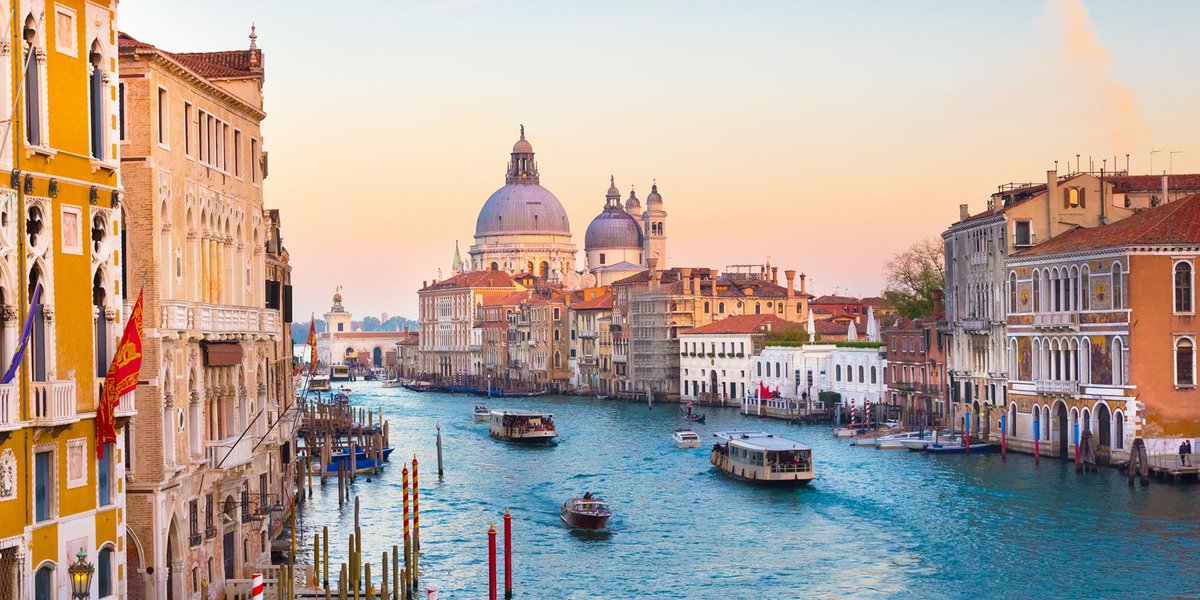
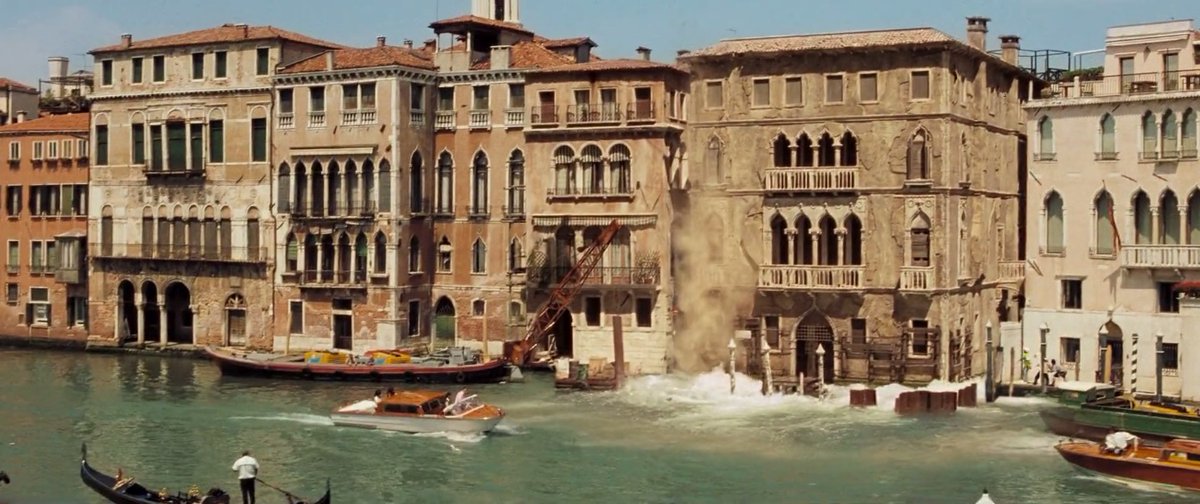
The set for the interior of the sinking house was 45 ft x 40ft and 45 ft high, and weighted 90 tons. It was built on the 007 stage at Pinewood studios, and using hydraulics, could sink 16 feet. There was also a 1:3 scale miniature made of the building for exterior shots.
52/58




52/58
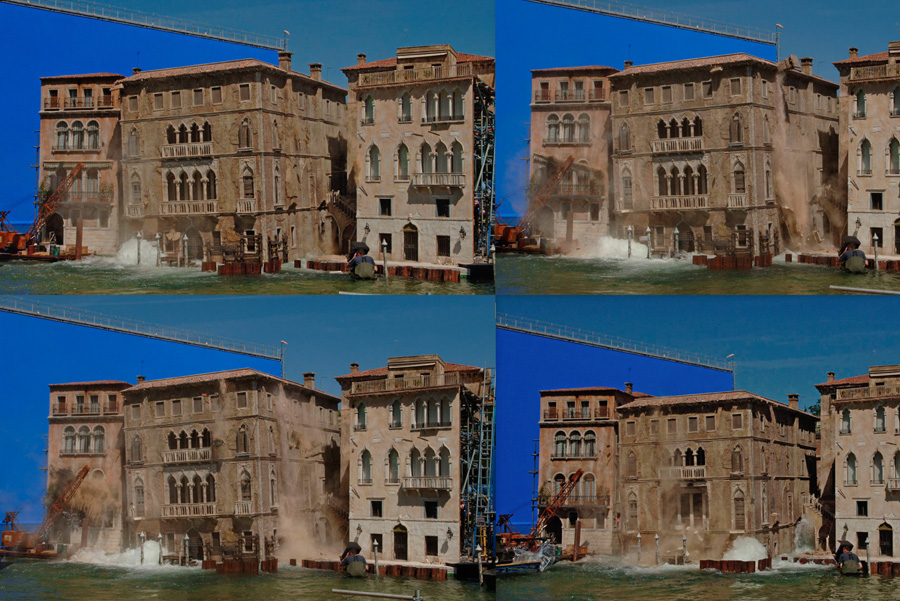
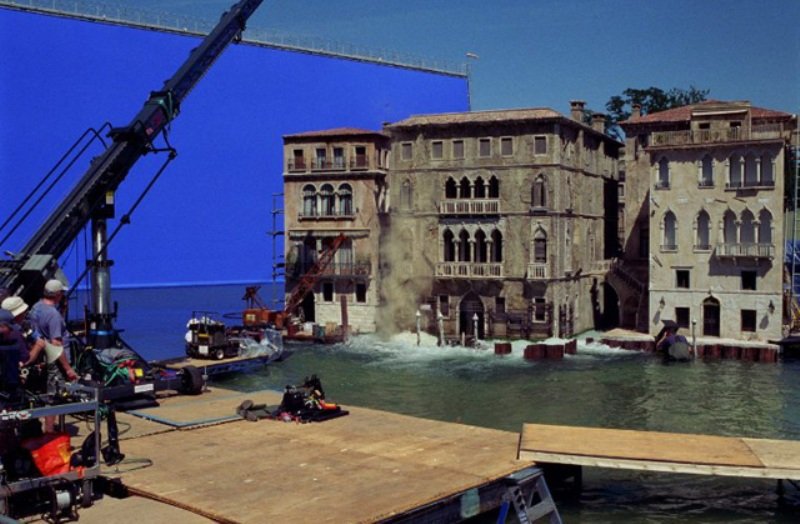
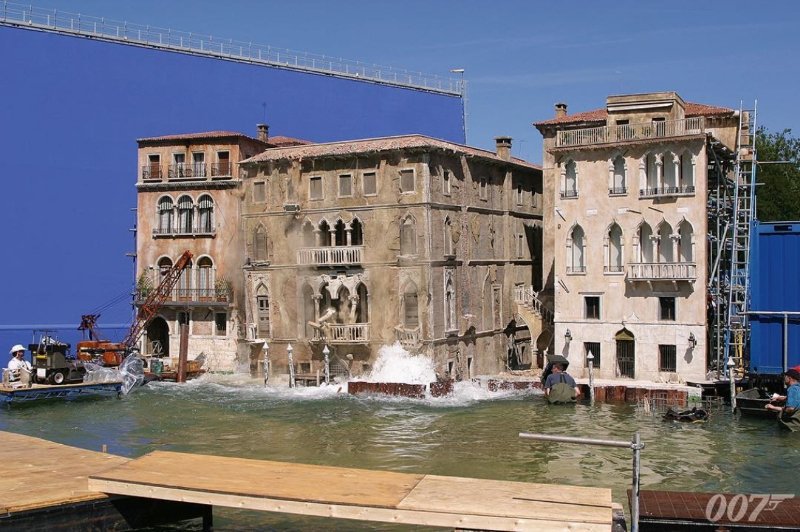
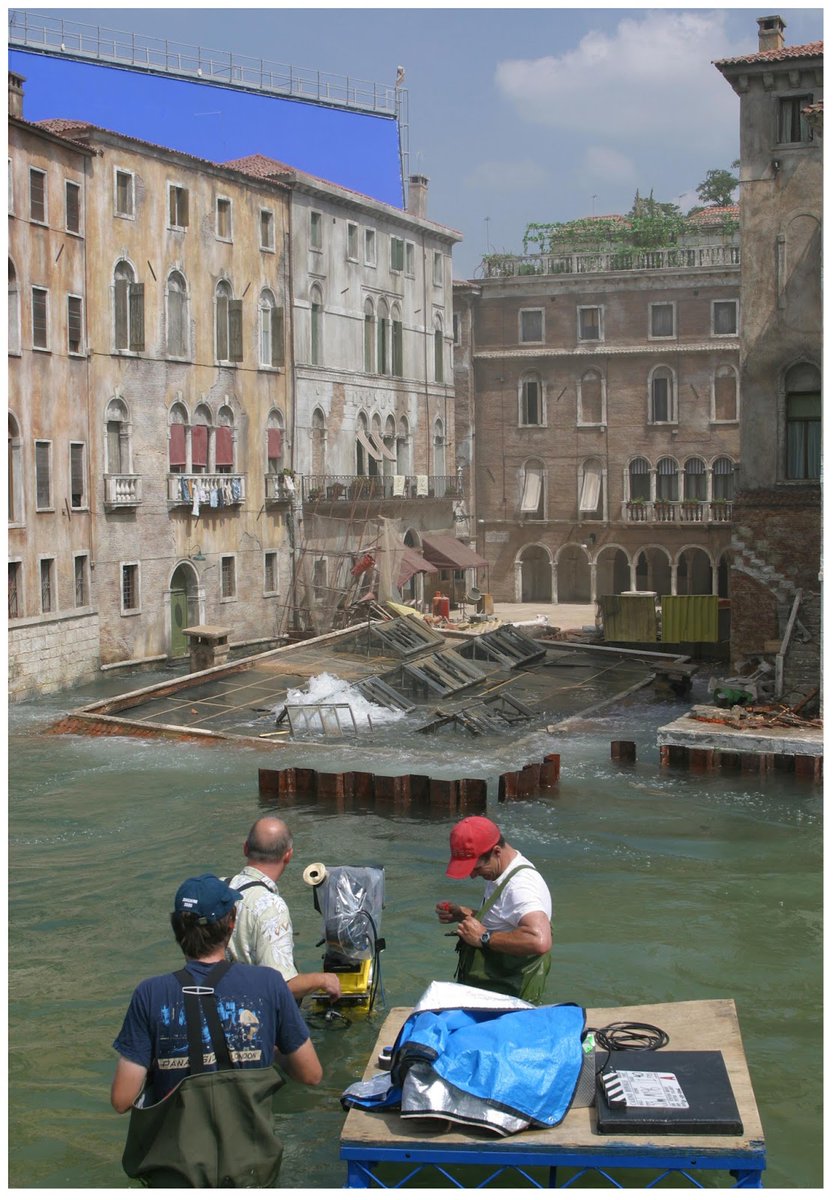
It took 3 weeks of 9 hour days to shoot the Venice scenes. The interior scenes in the building were the last thing shot in the whole production and Martin Campbell said the set was finished so late in production that they had to go in and film without a storyboard.
53/58


53/58
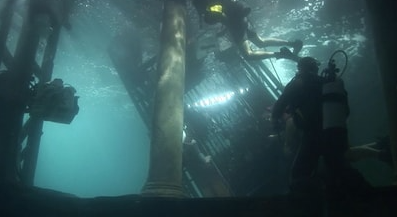
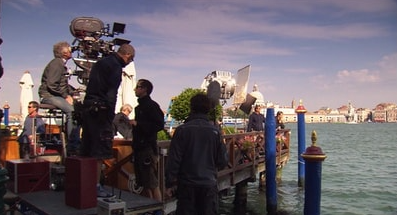
1 week after shooting, the 007 stage caught fire and burned to the ground when 3 crew members were dismantling the set. Some damage was caused because people didn’t call the fire service at first as they thought the explosions were special effects for the film.
54/58
54/58
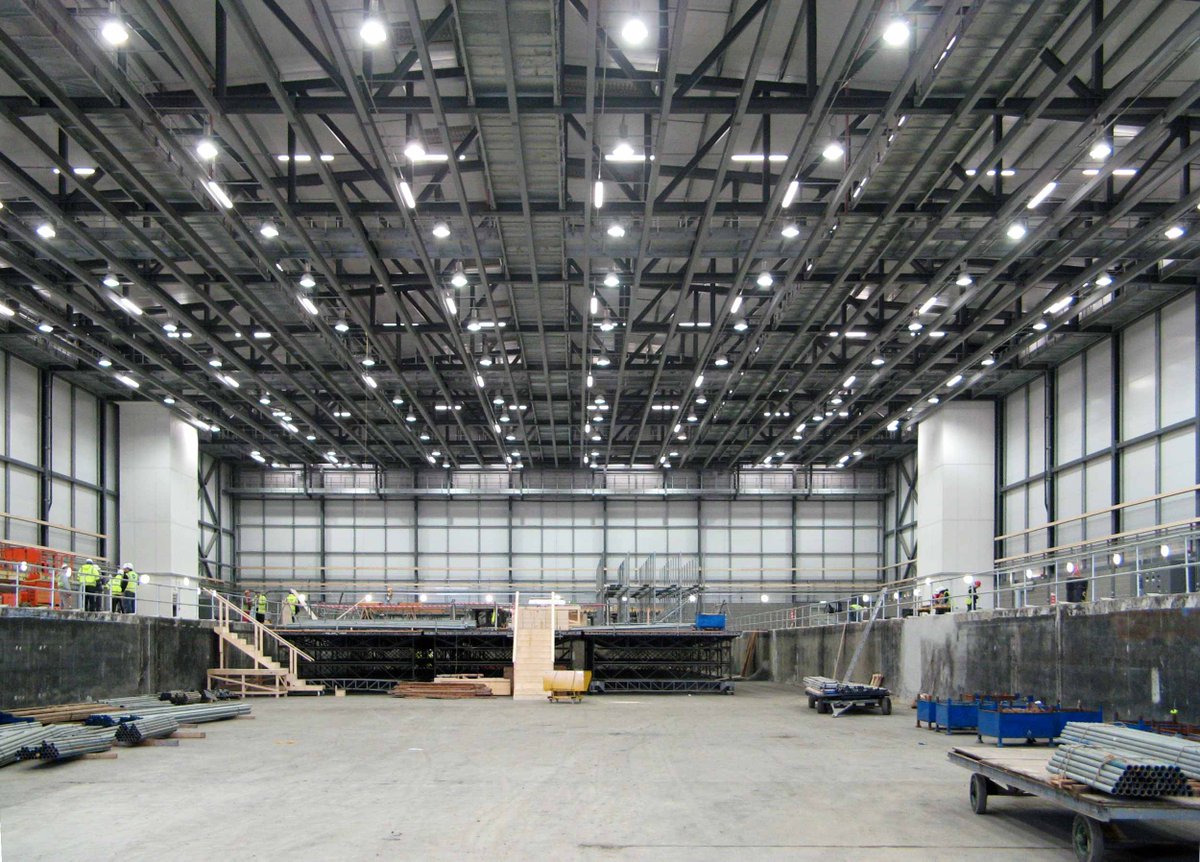
The three piece navy blue suit worn by Bond is the same as the grey suit worn by Sean Connery in Goldfinger in 1964.
55/58


55/58
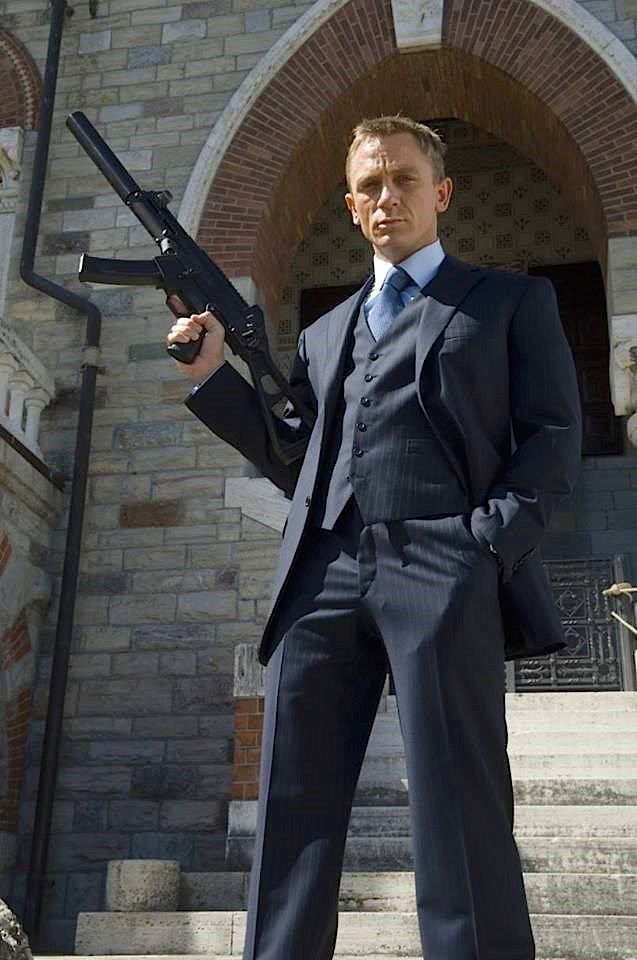
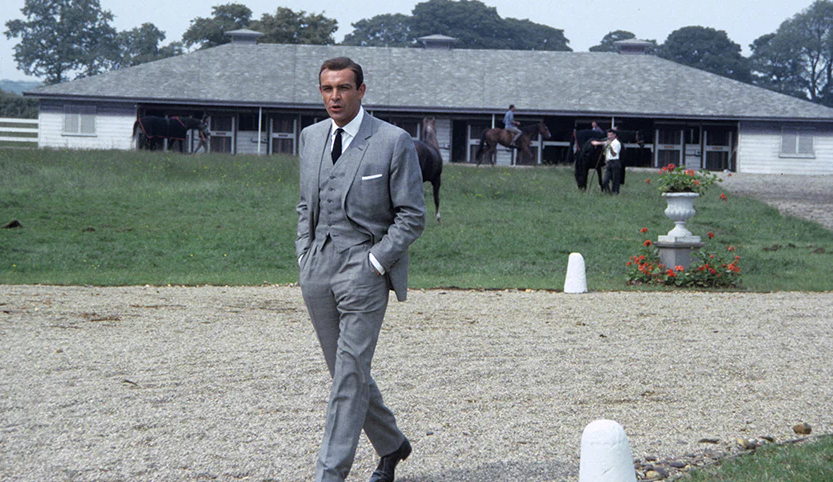
Casino Royale was the first James Bond film to be shown in mainland Chinese cinemas. To familiarise Chinese audiences with the character, Eon produced a leaflet called The Seven Rules to Receive Double-0 Status. The rules were:
56/58
56/58
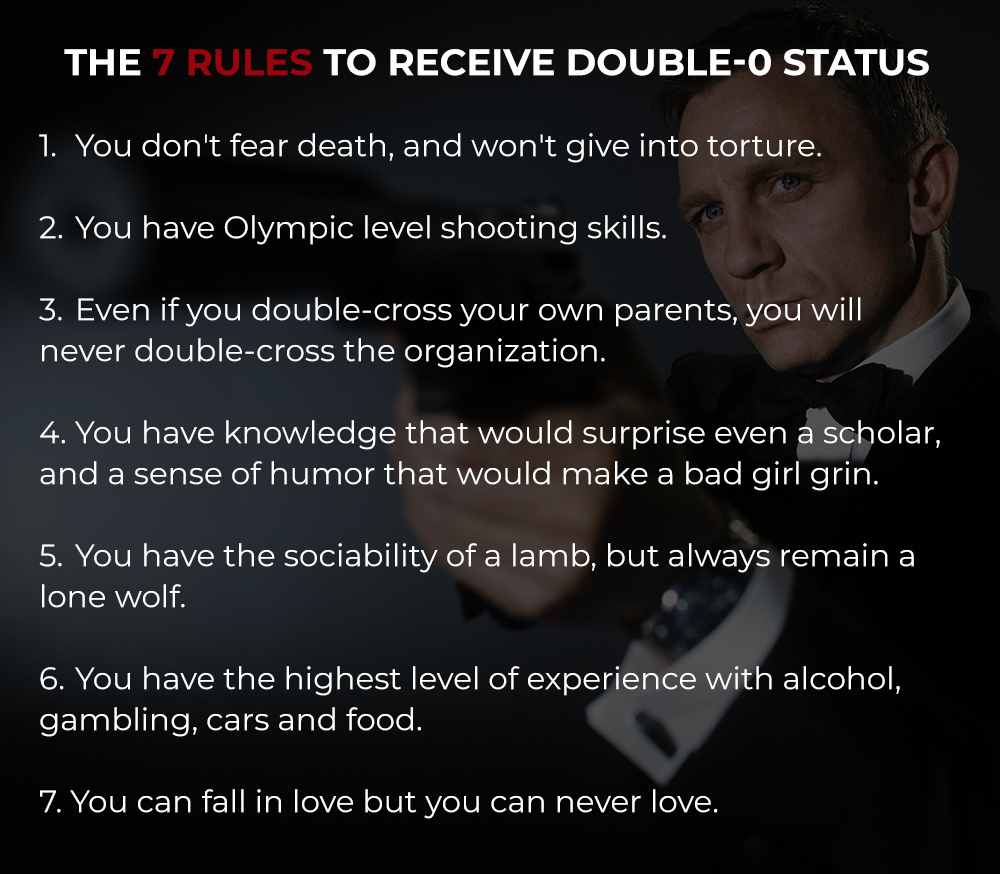
On a budget of $150m, Casino Royale grossed $616m at the box office, making it the highest grossing Bond film until Skyfall surpassed it. On top of that, Daniel Craig received unanimous critical praise for his performance in the film.
57/58




57/58
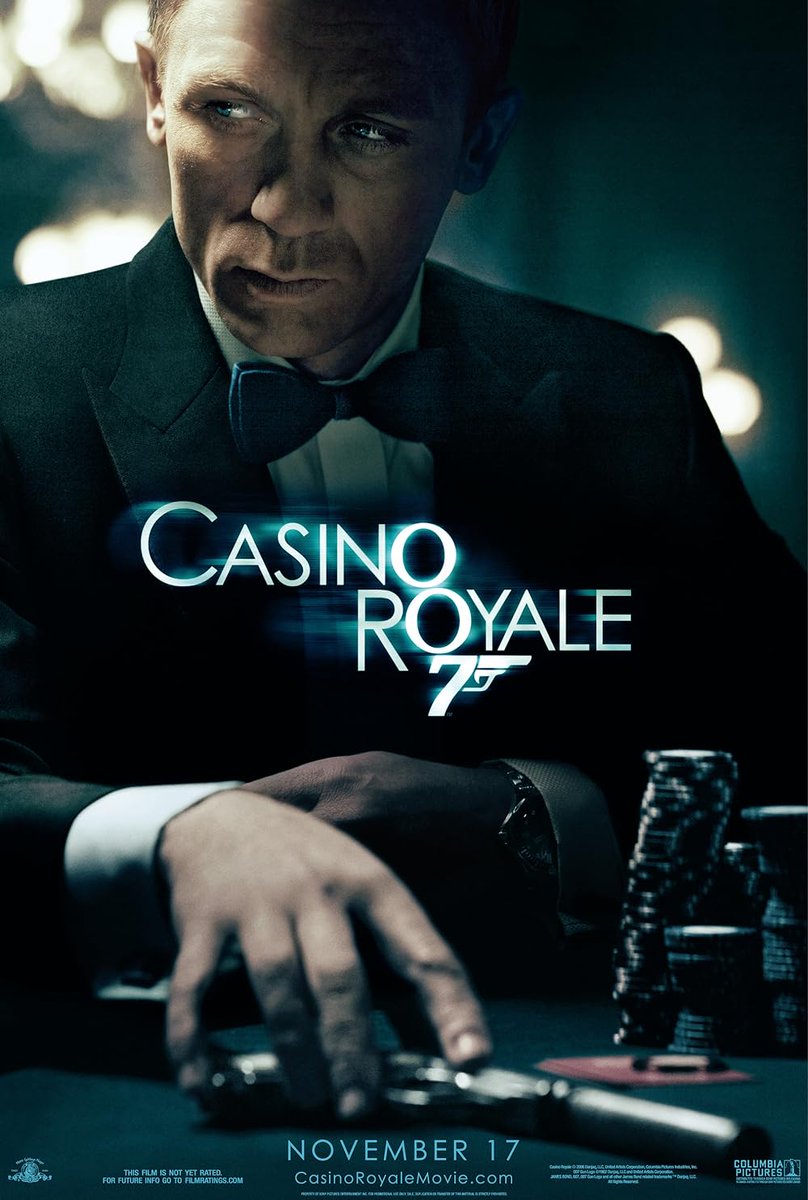
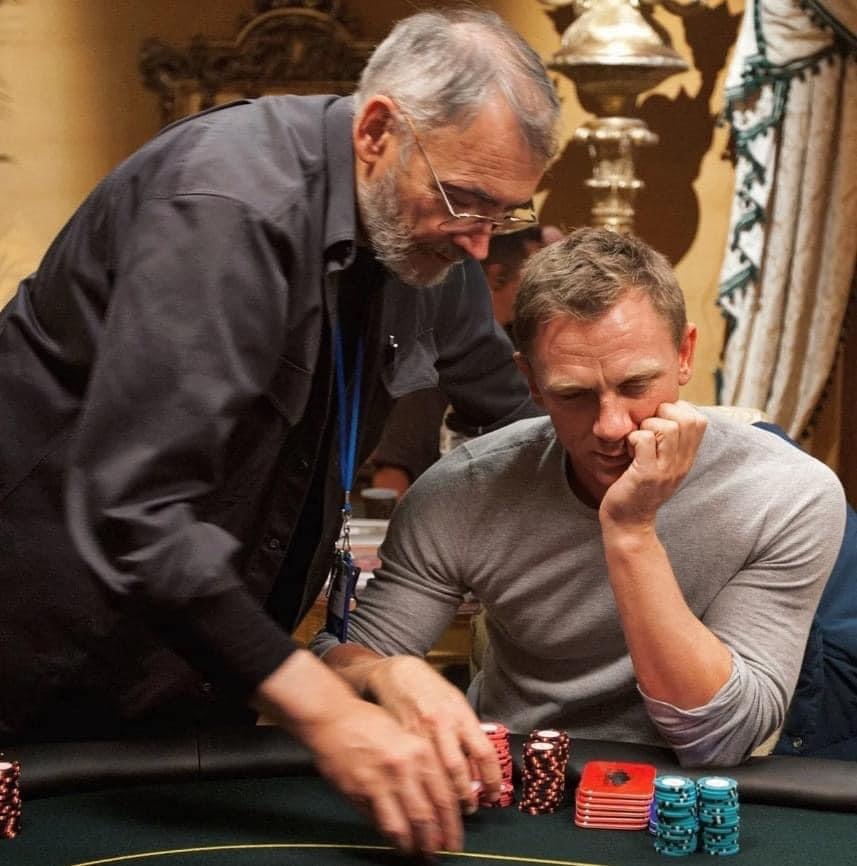
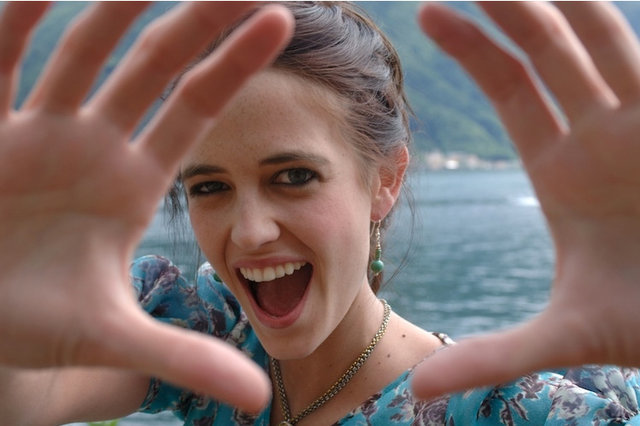
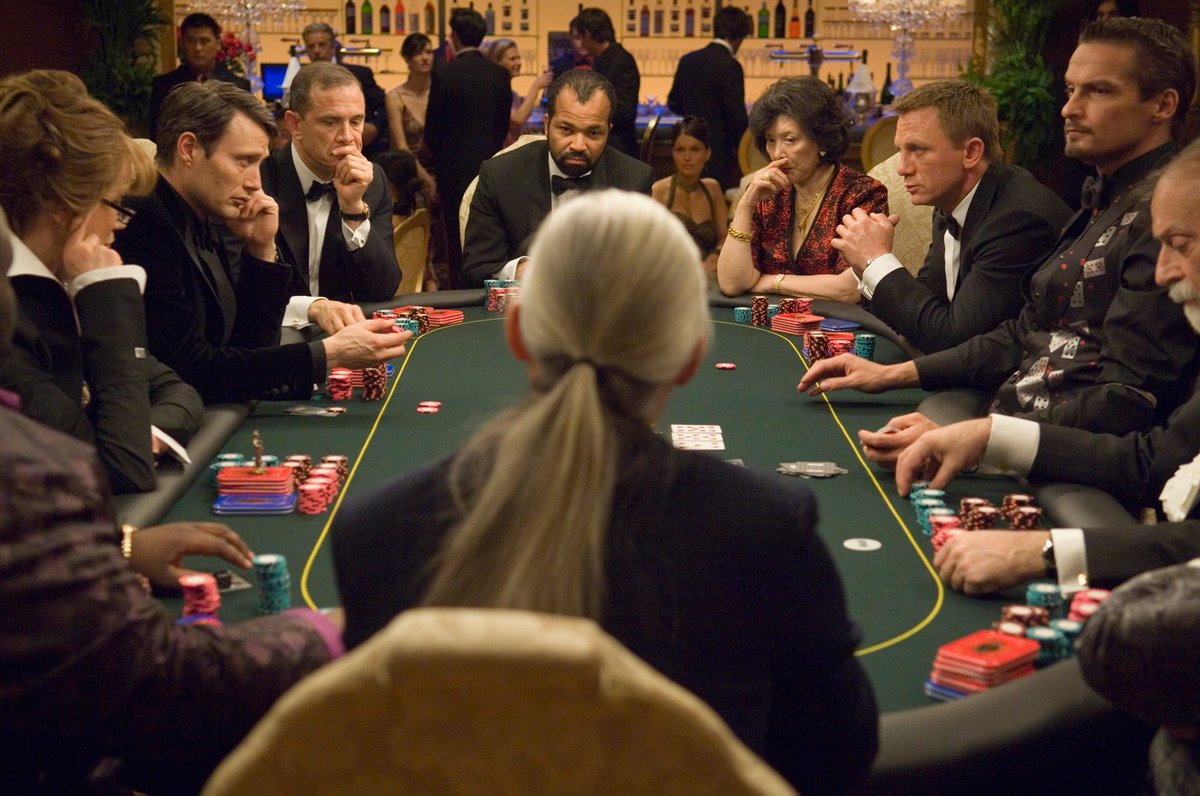
A final fact: When Ian Fleming completed Casino Royale, he celebrated by buying a gold-plated typewriter. It was sold anonymously in 1995 for £56k, making it the most expensive typewriter ever. It was rumoured to be bought by Pierce Brosnan, though he denied it.
58/58


58/58
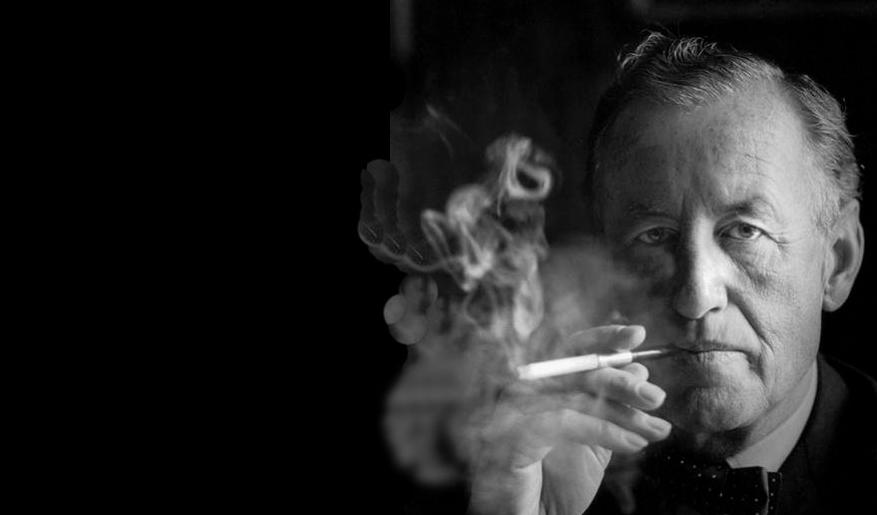
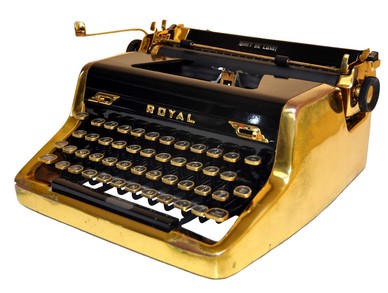
If you liked our thread on the making of CASINO ROYALE, please share the opening post 😀
https://x.com/ATRightMovies/status/1743250123683975659?s=20
• • •
Missing some Tweet in this thread? You can try to
force a refresh


